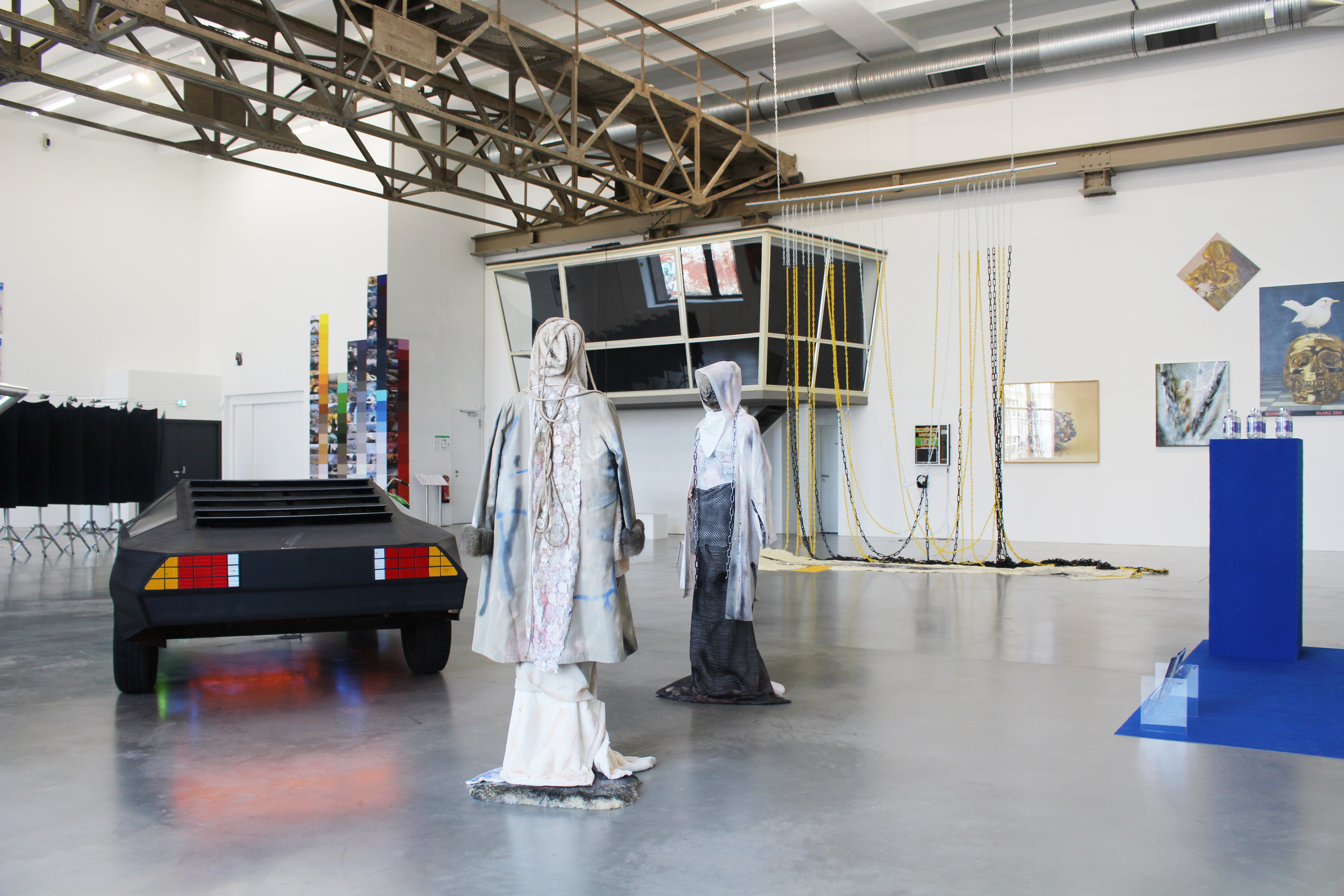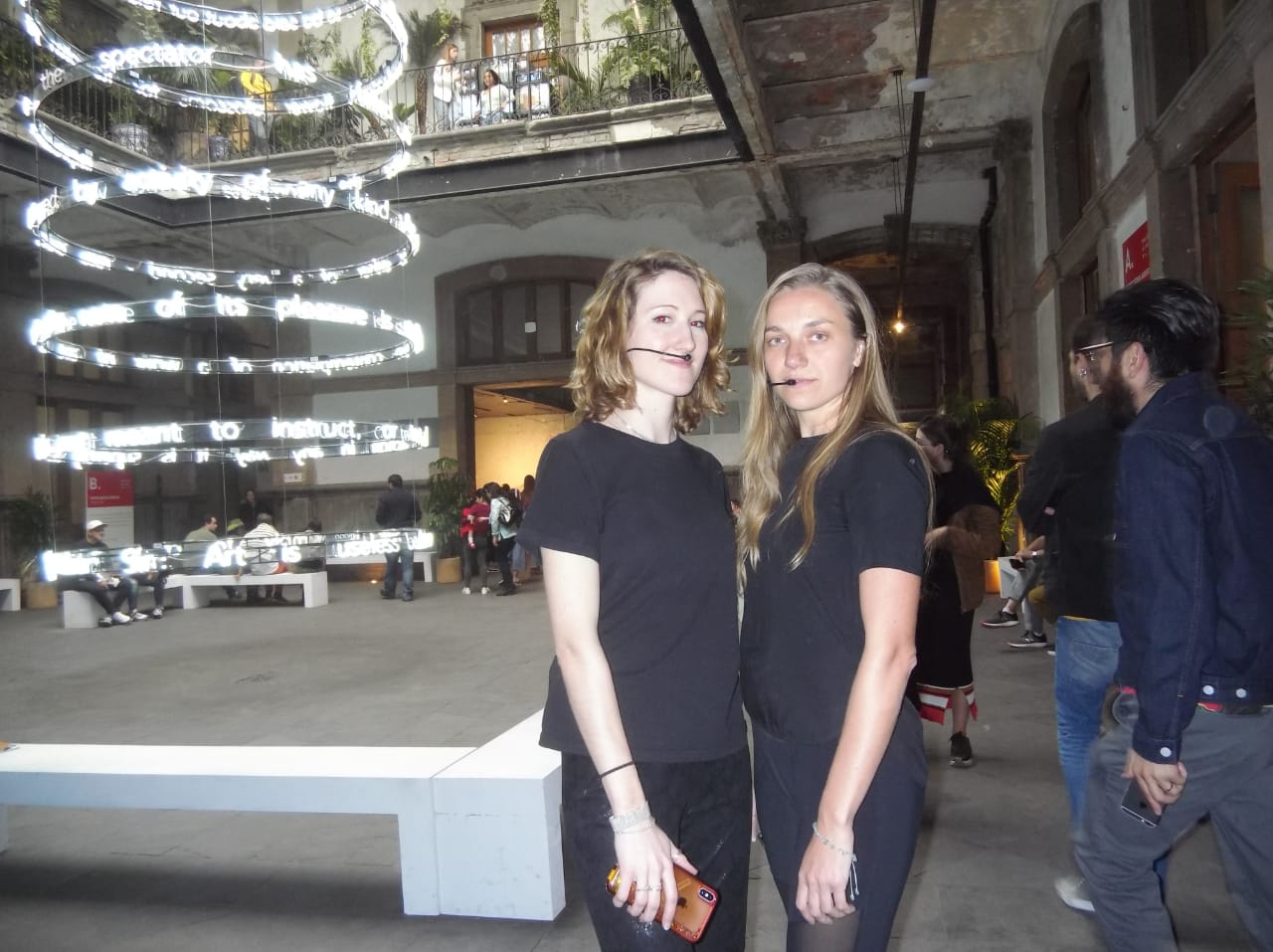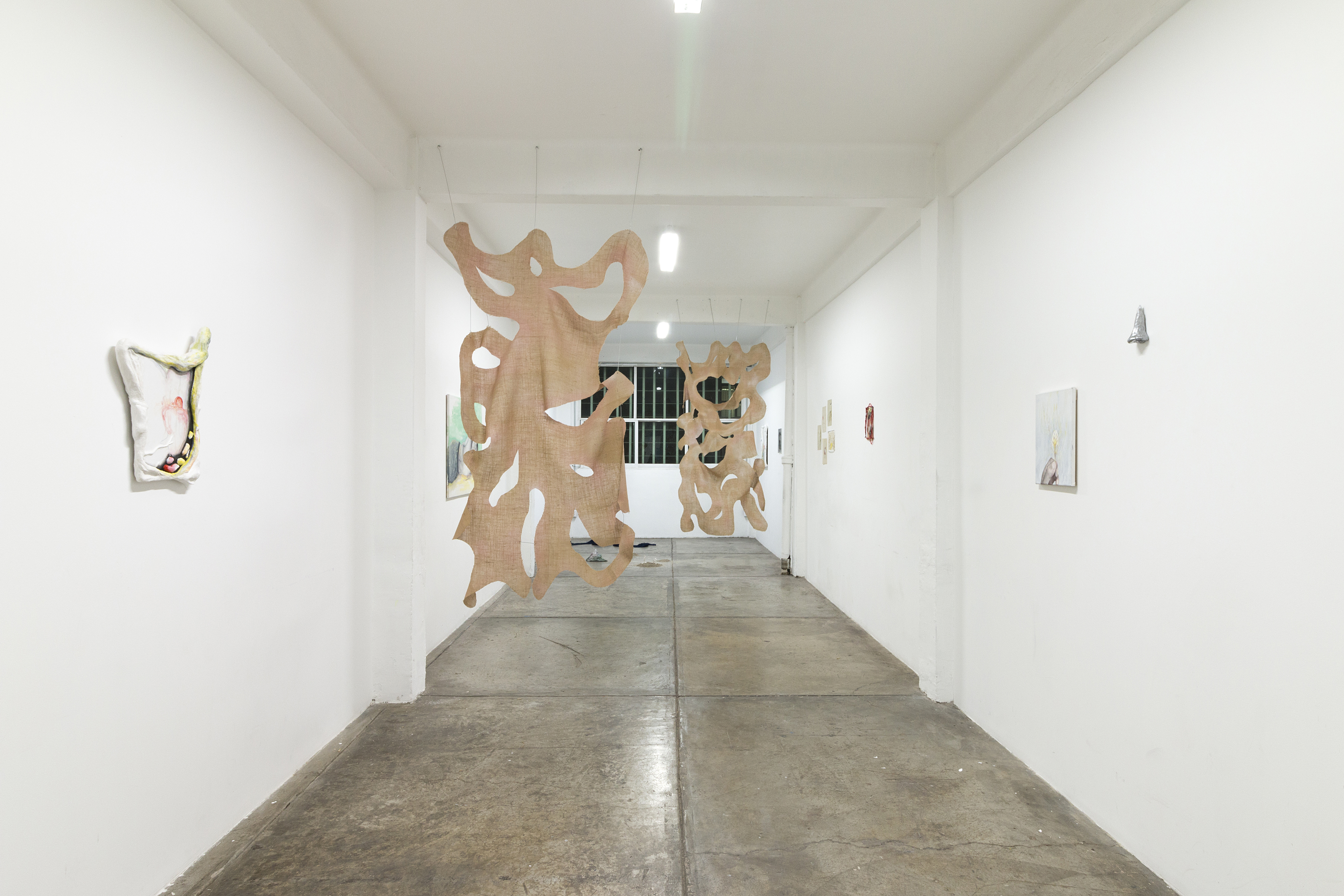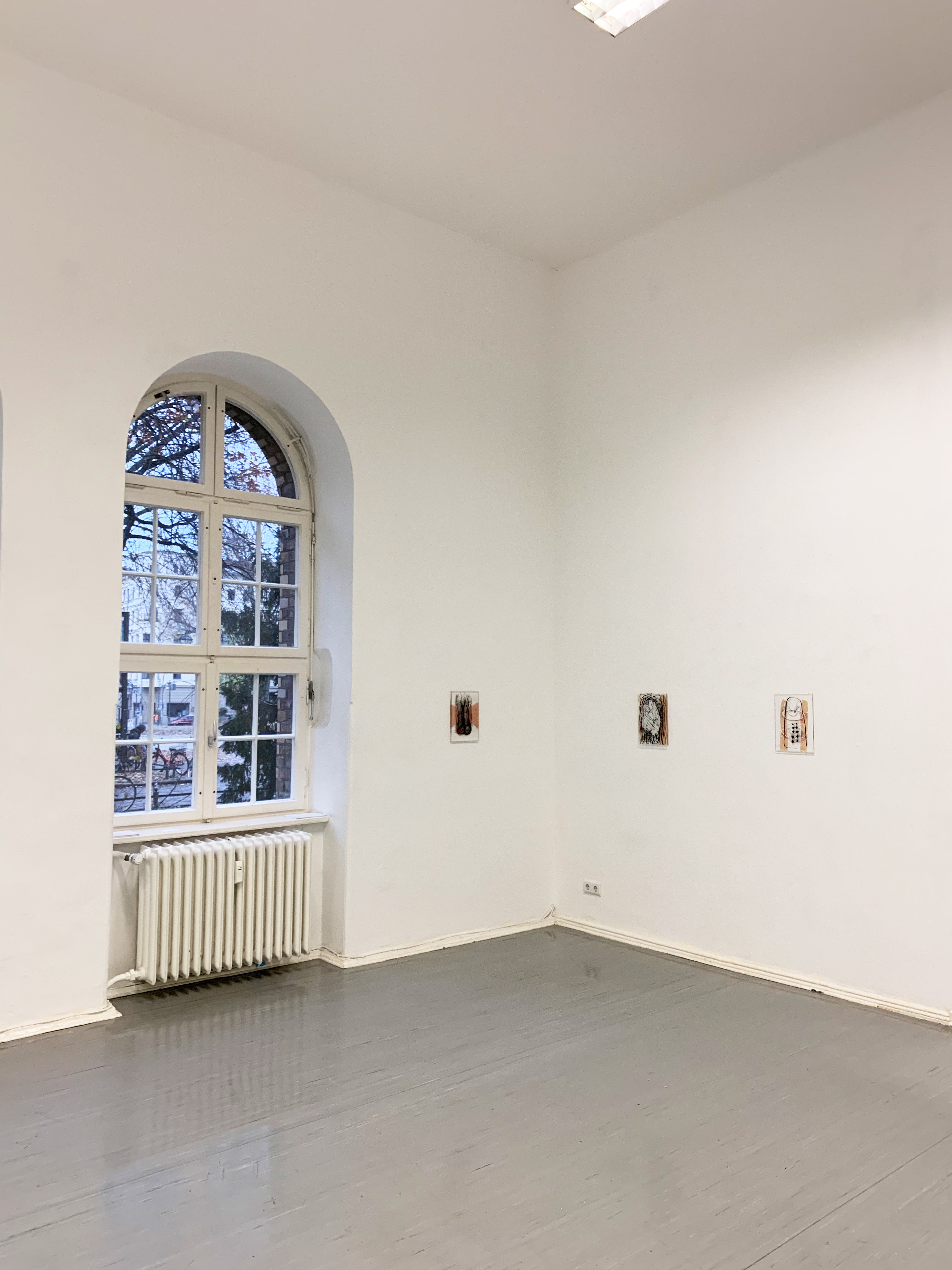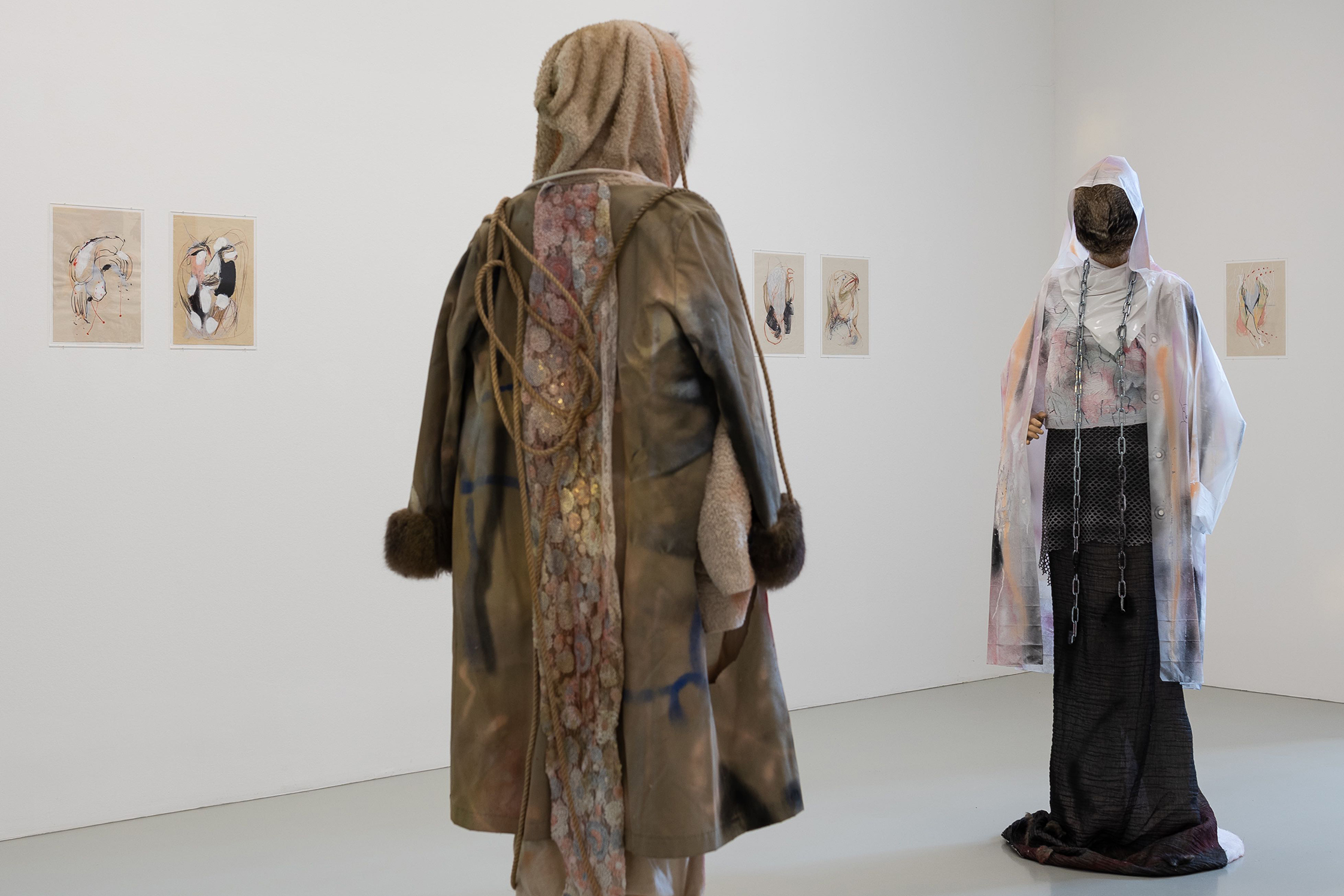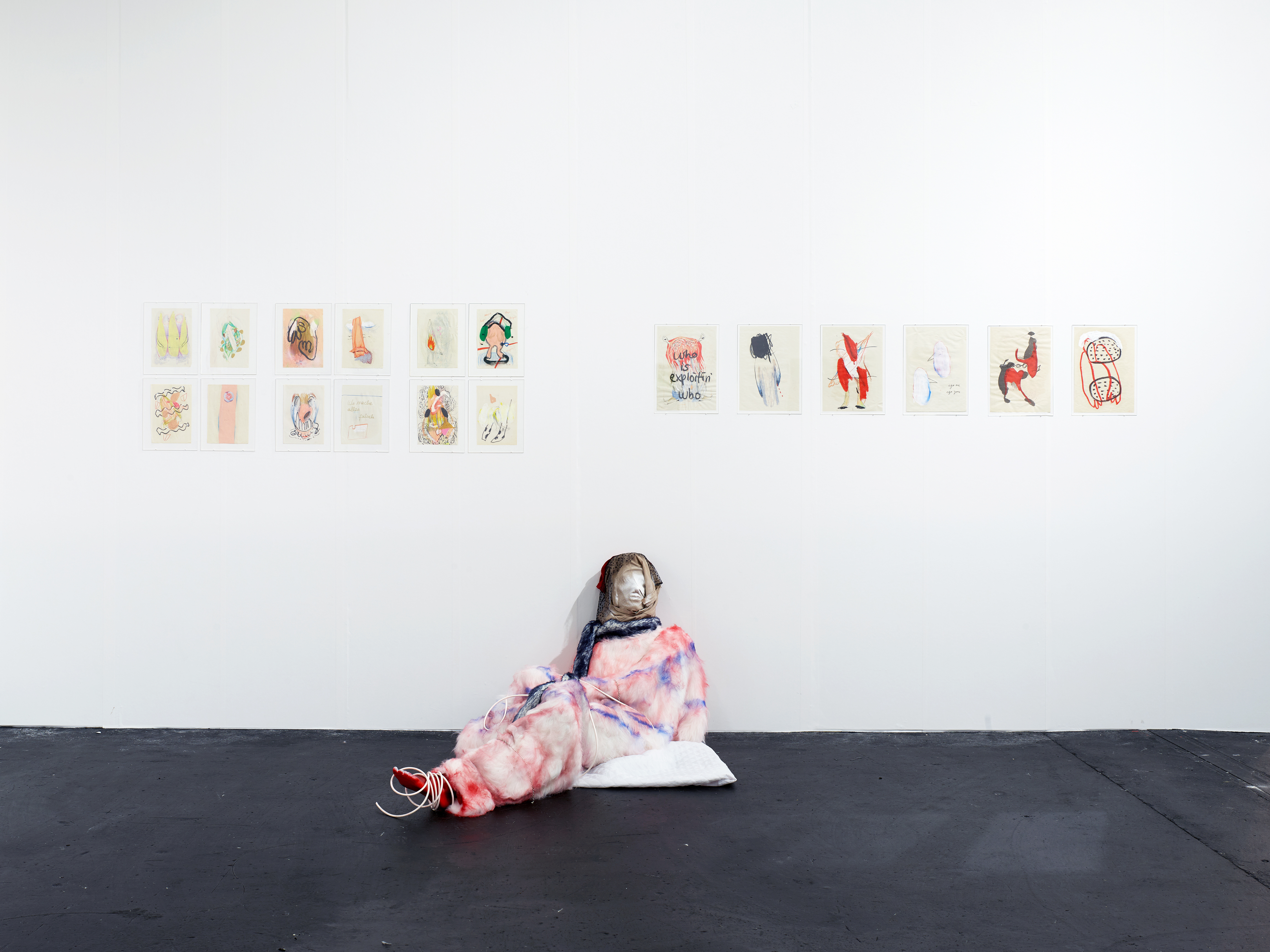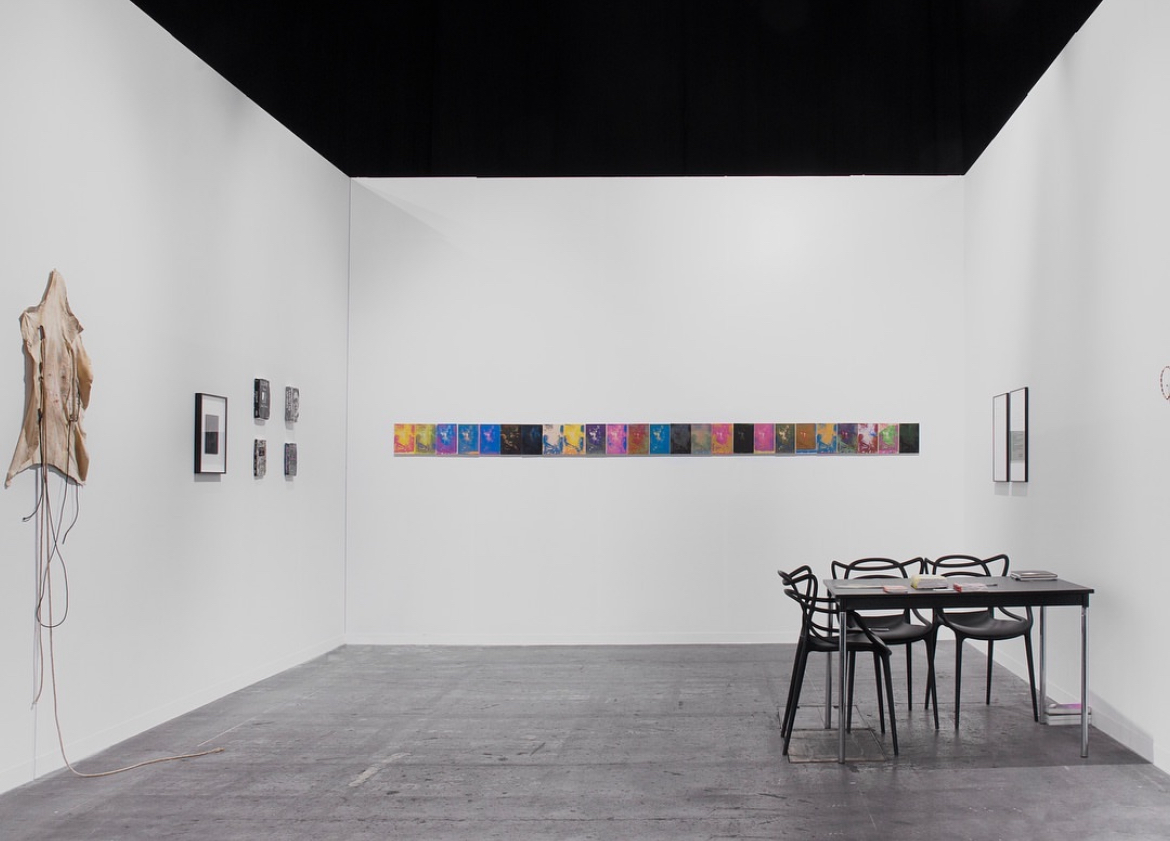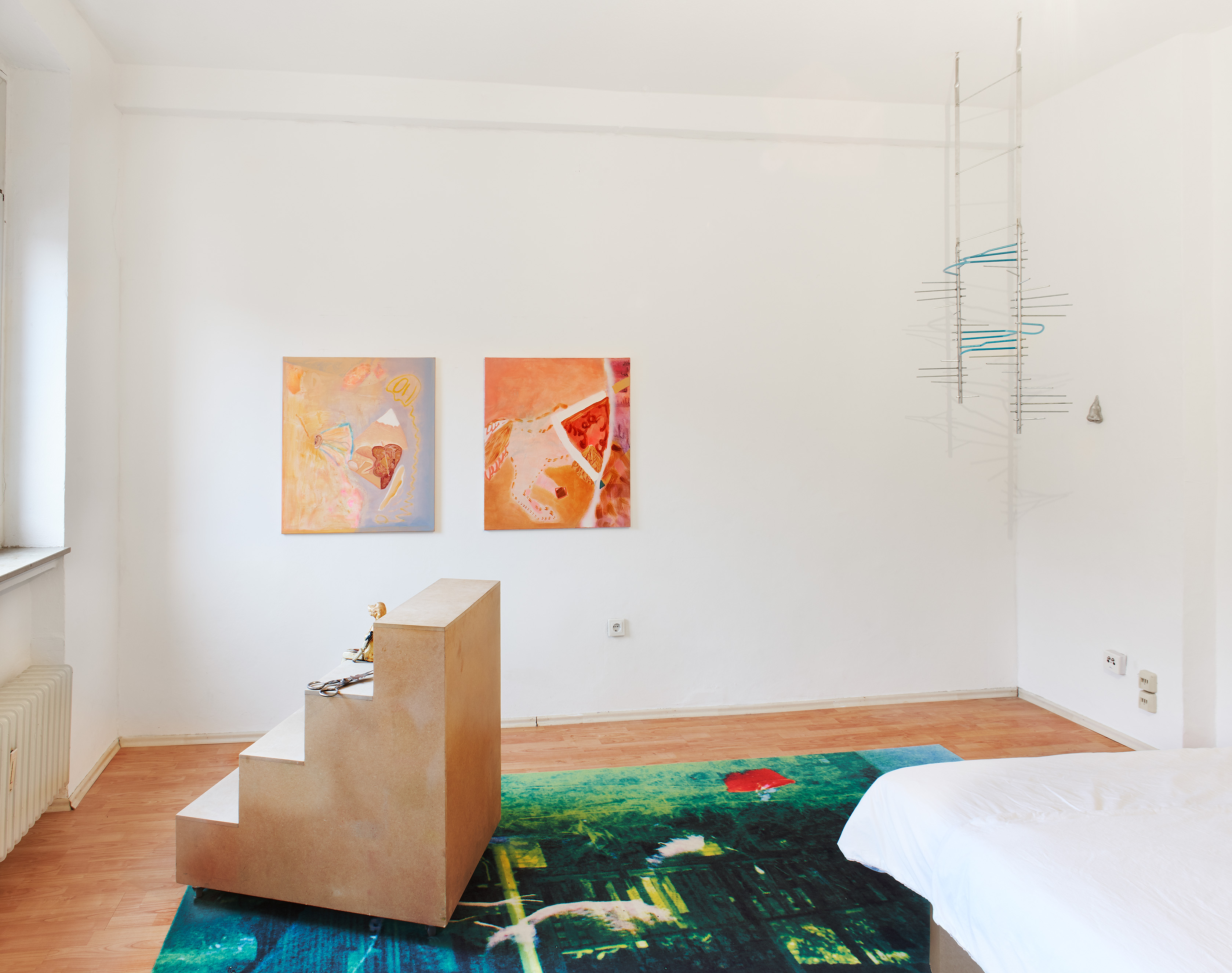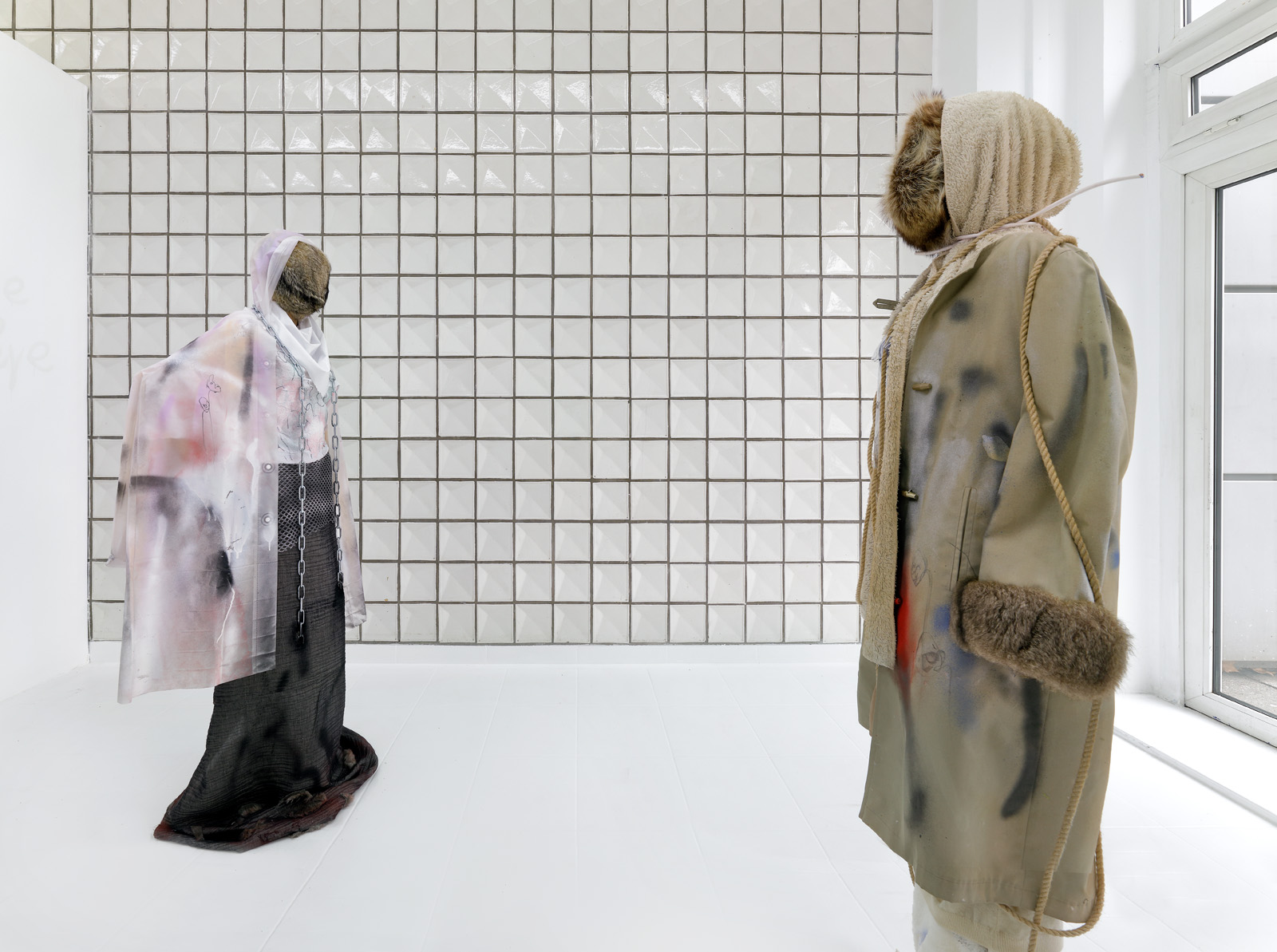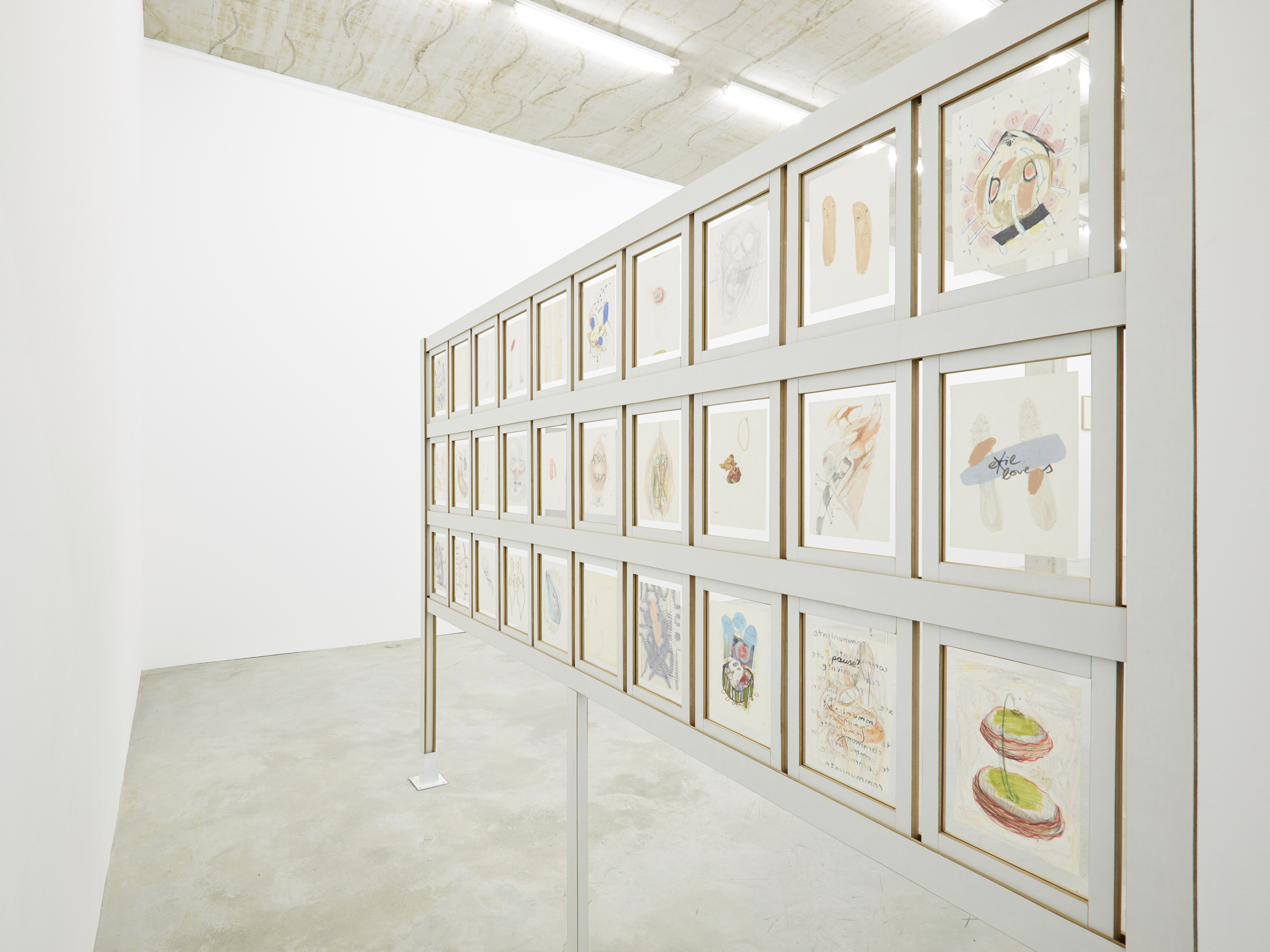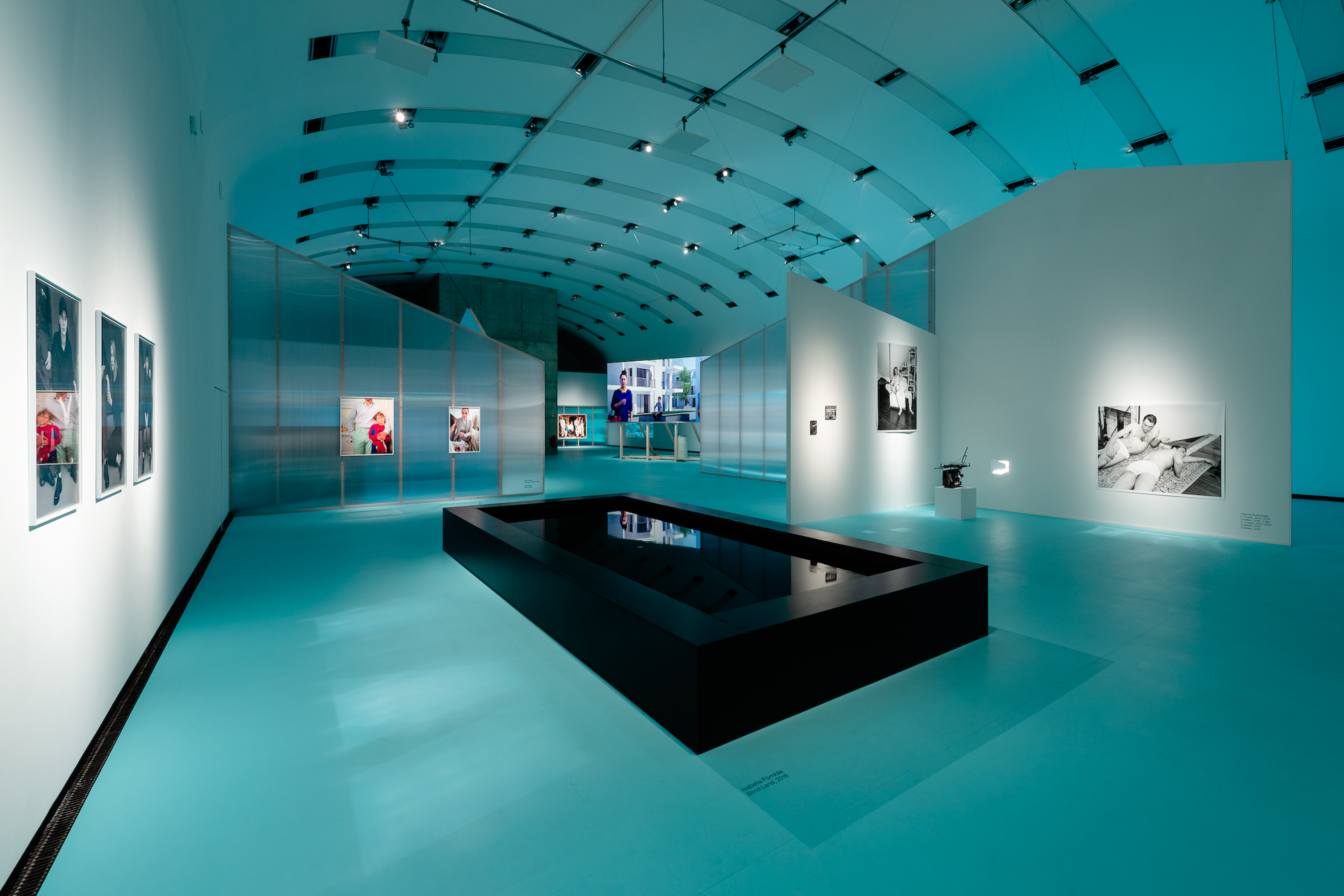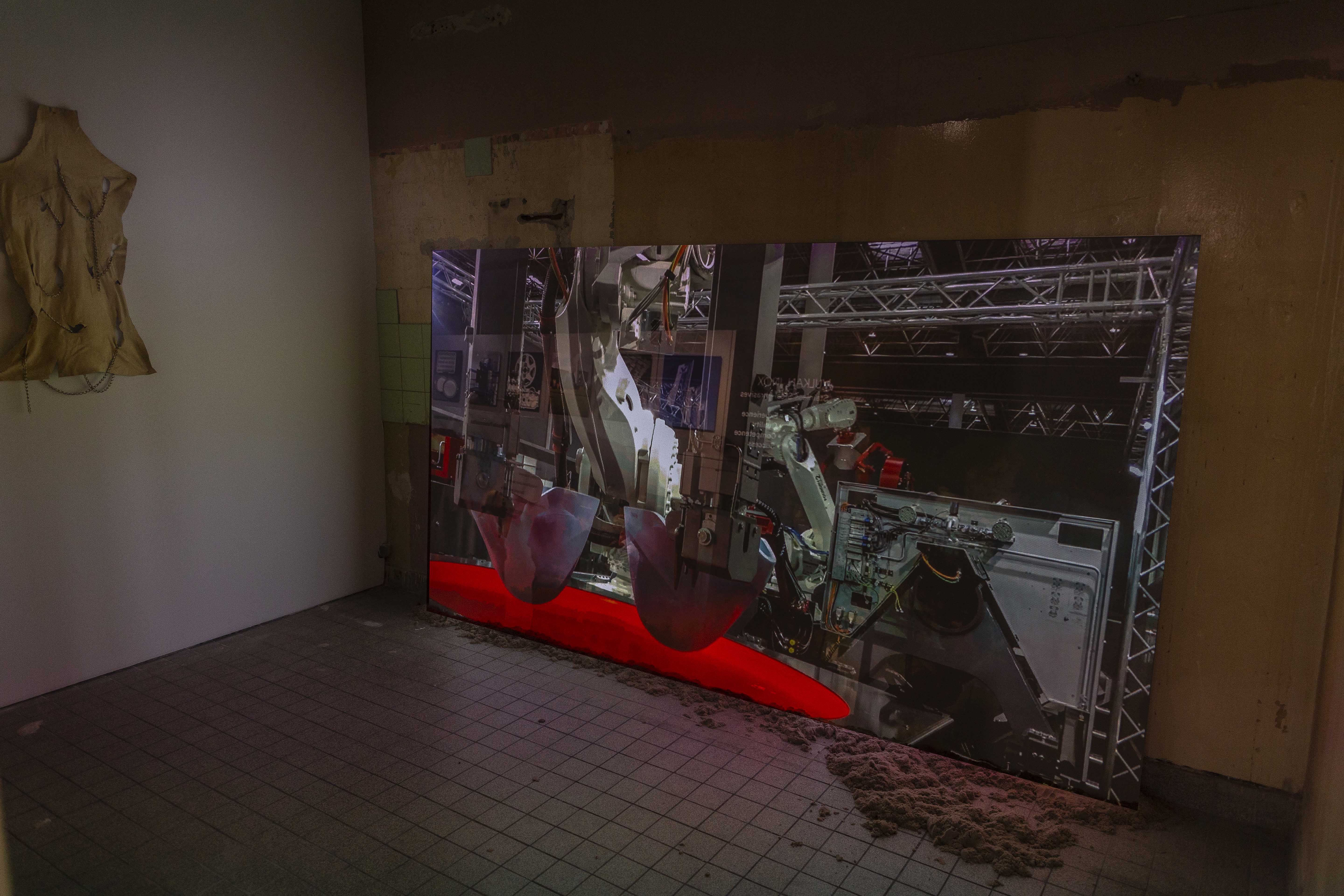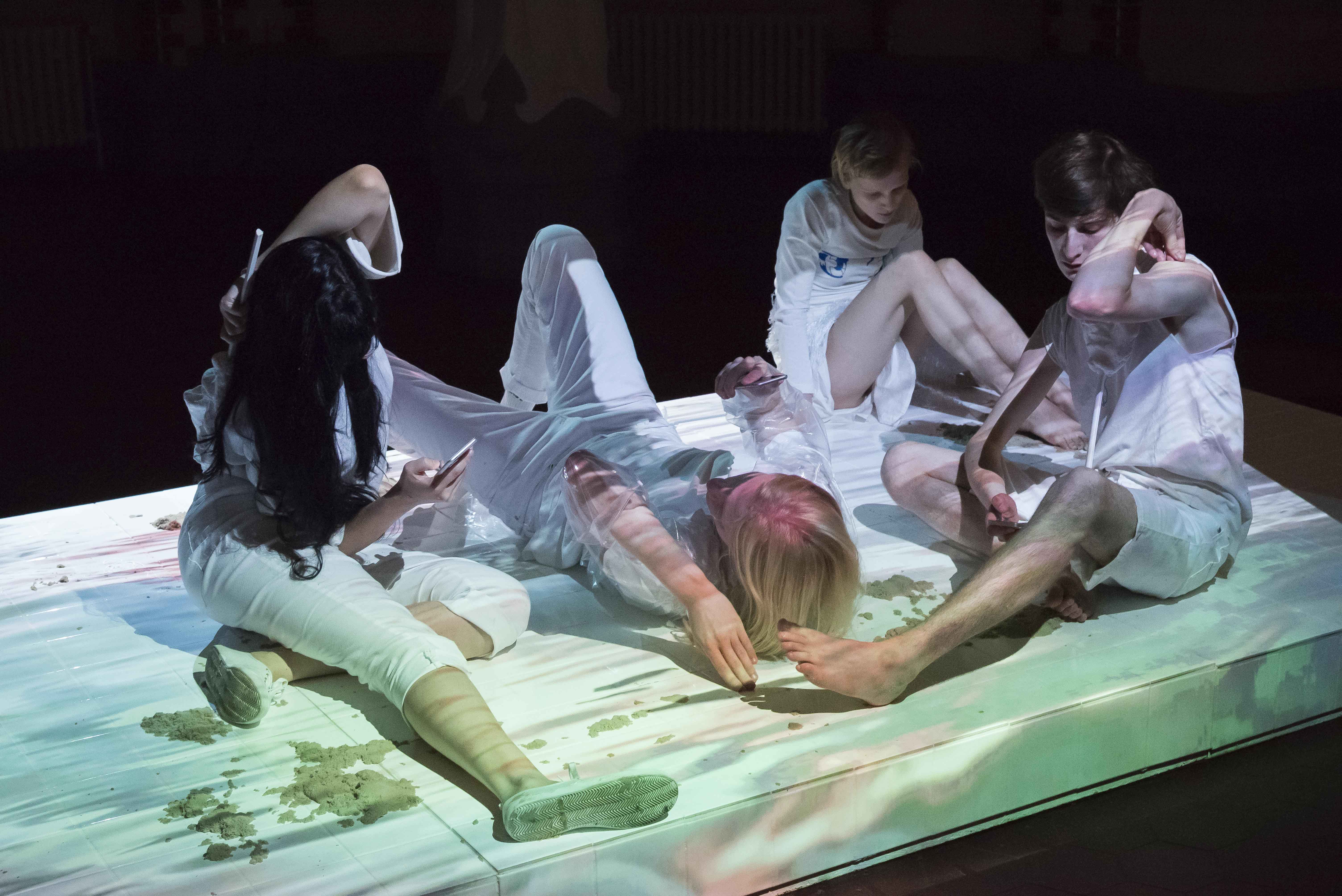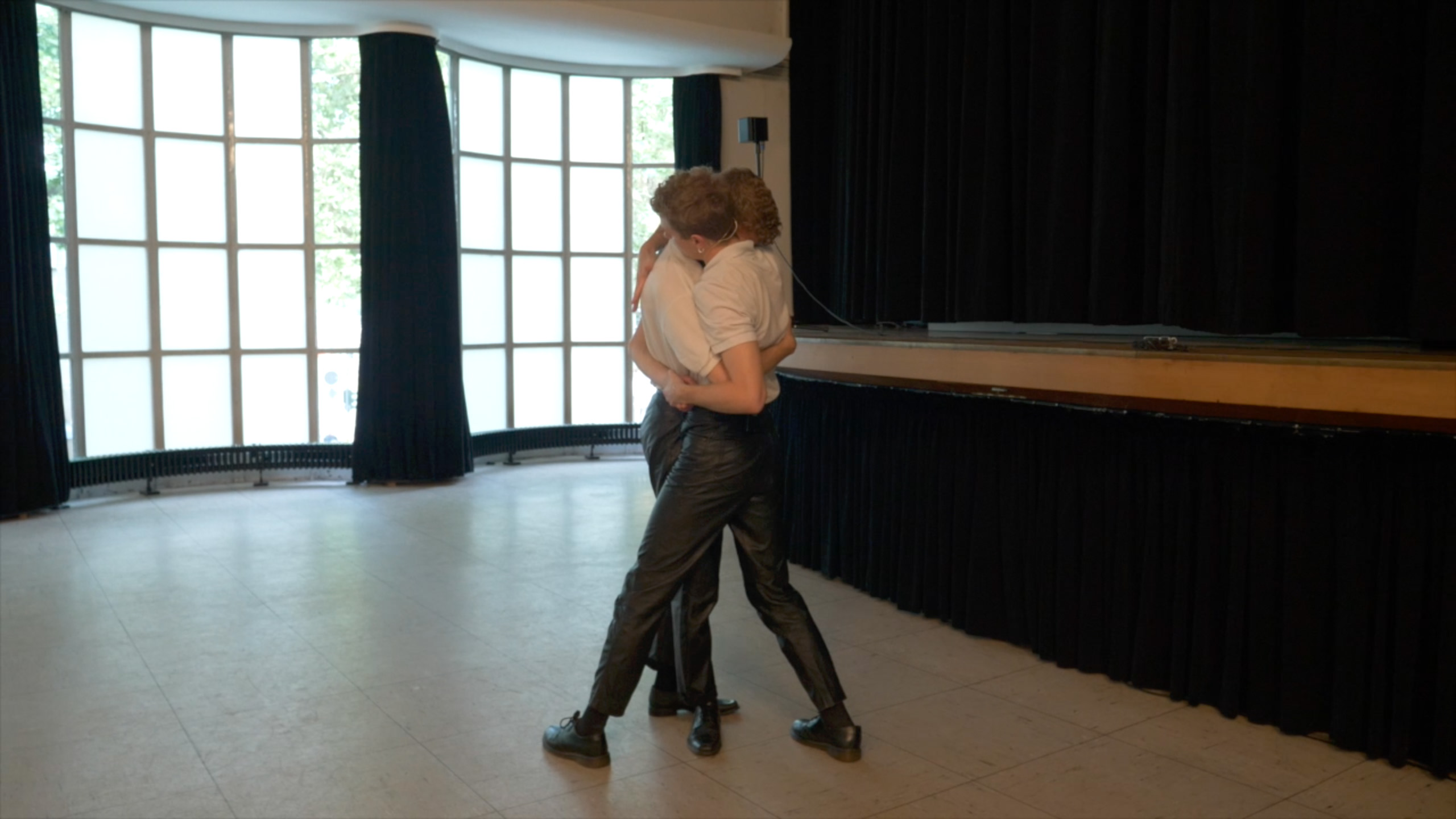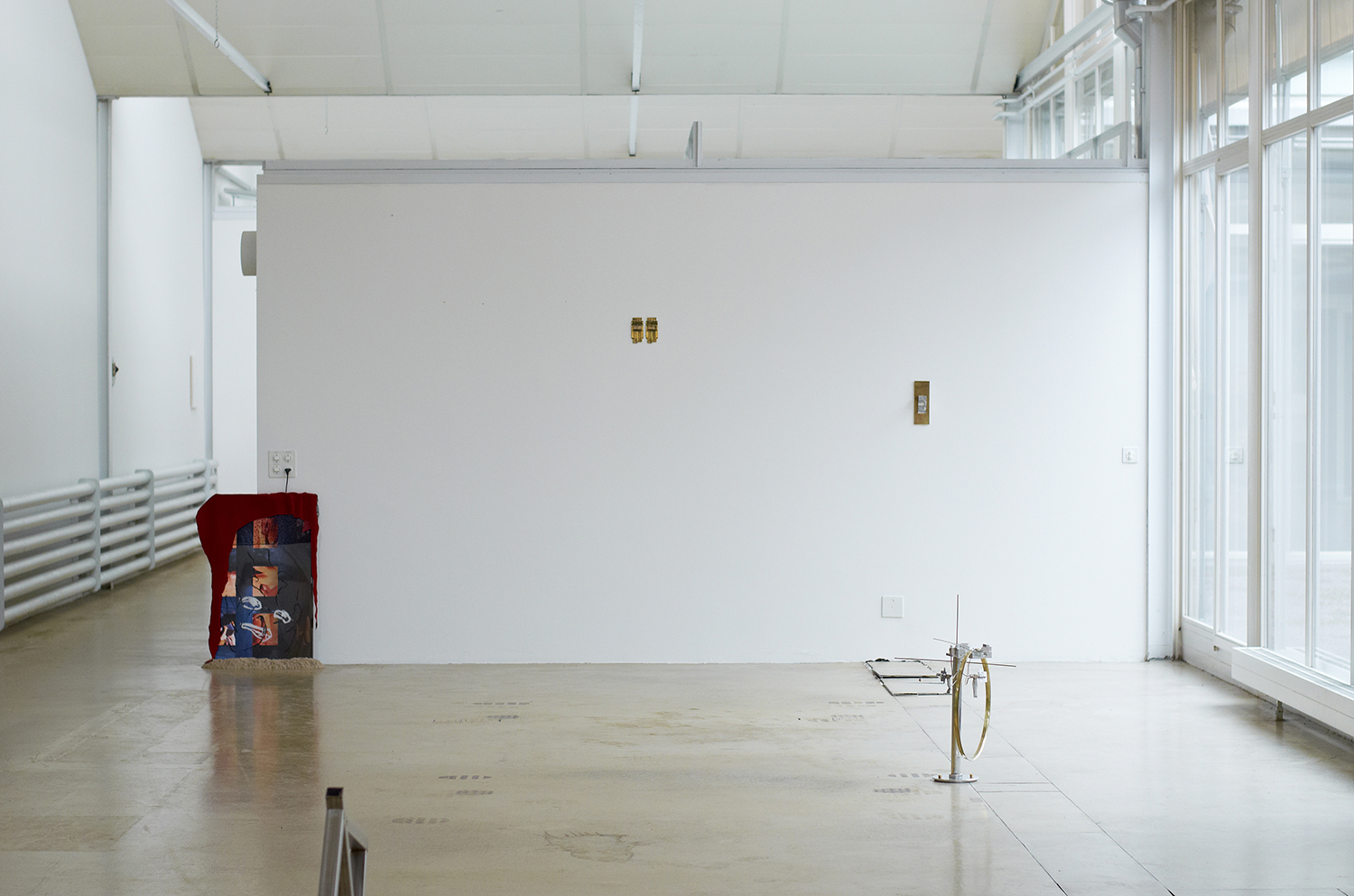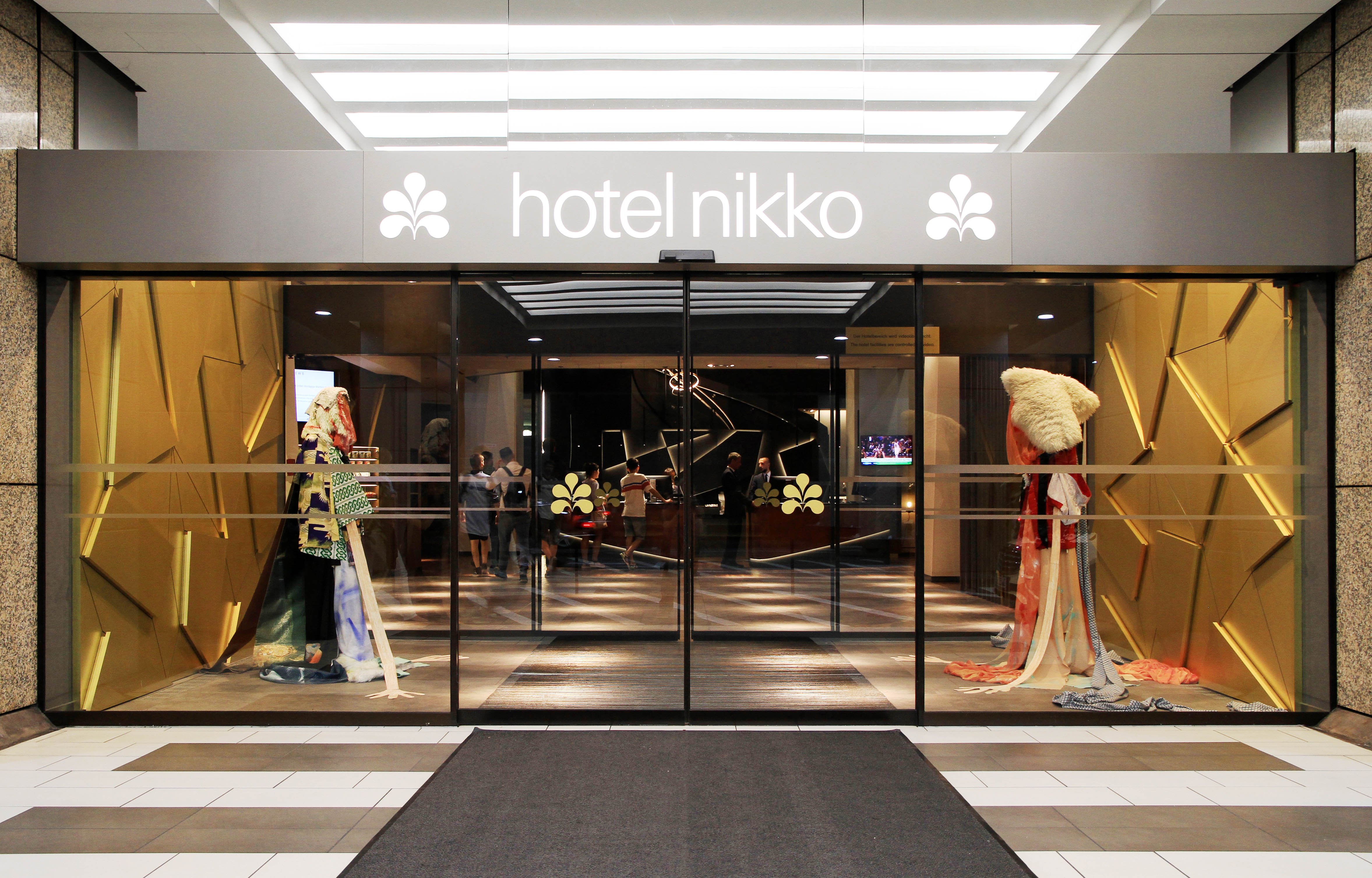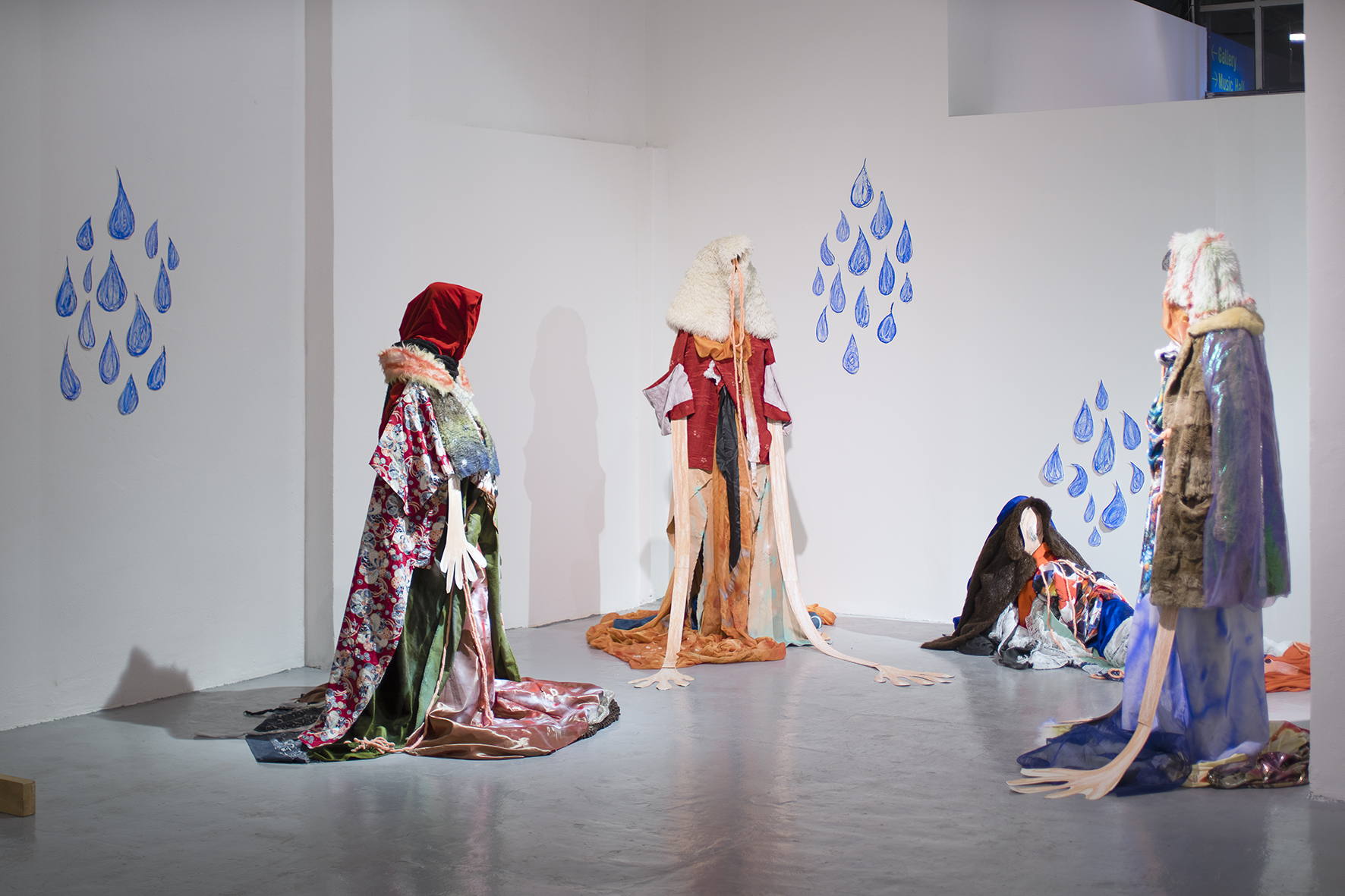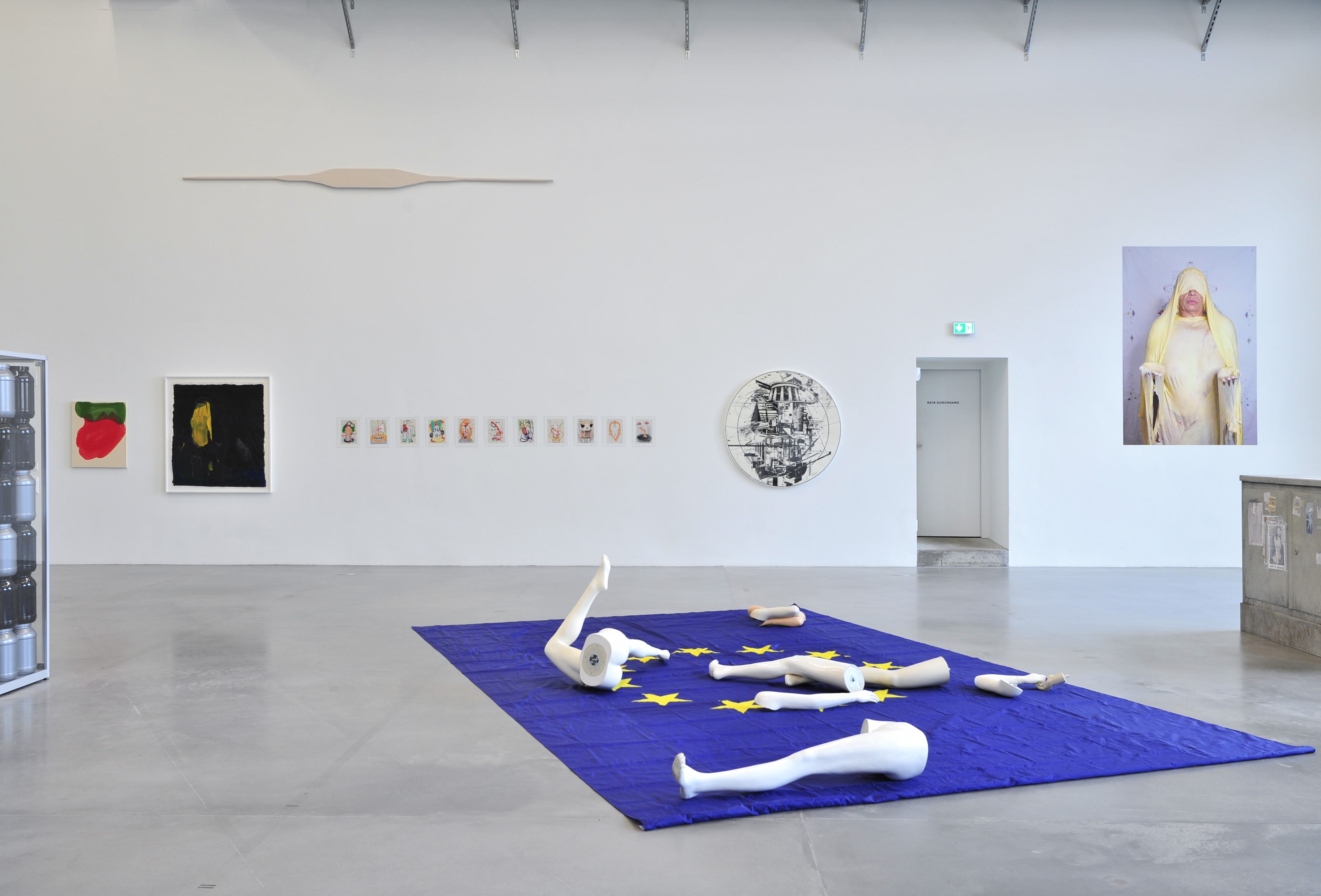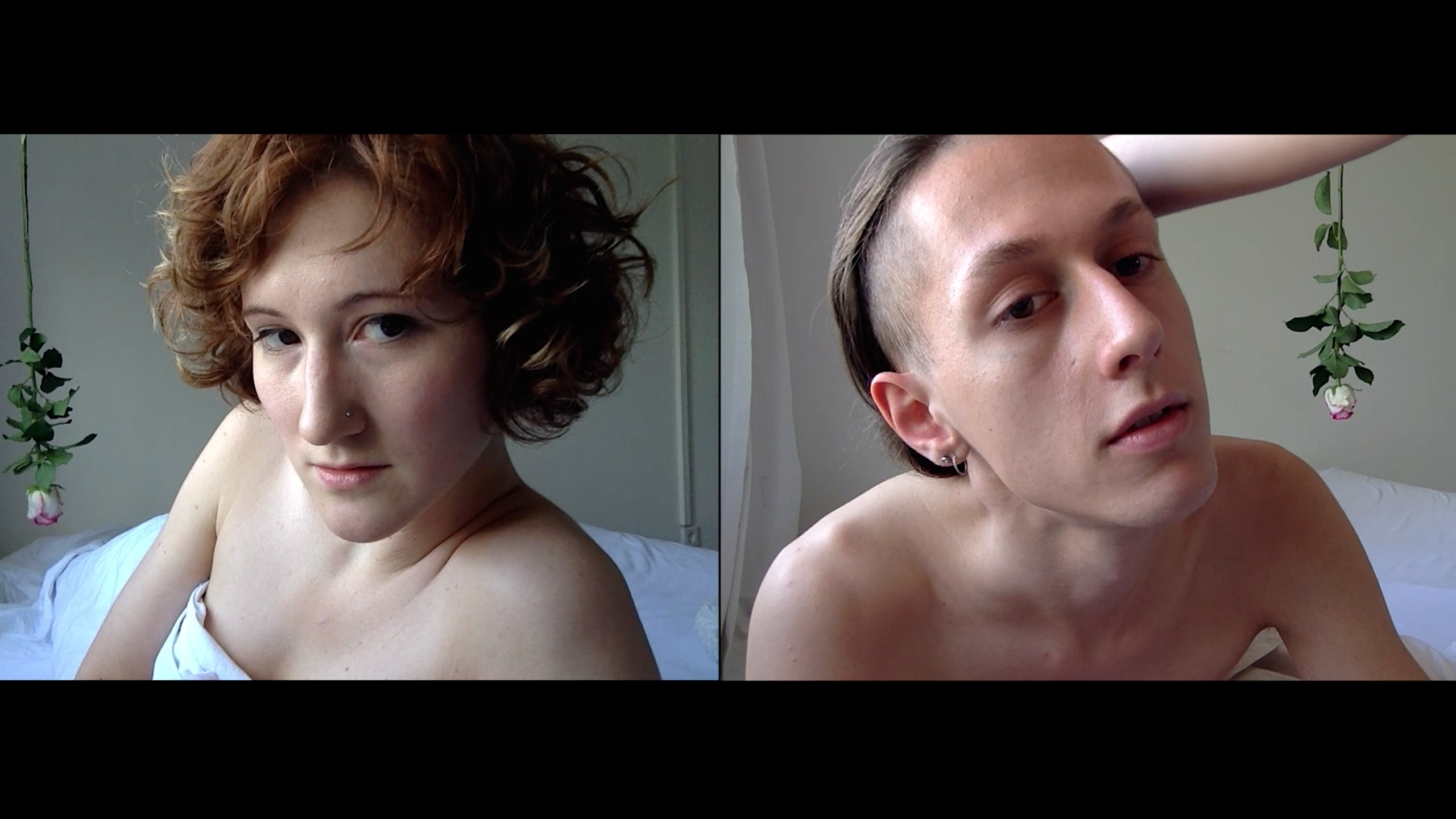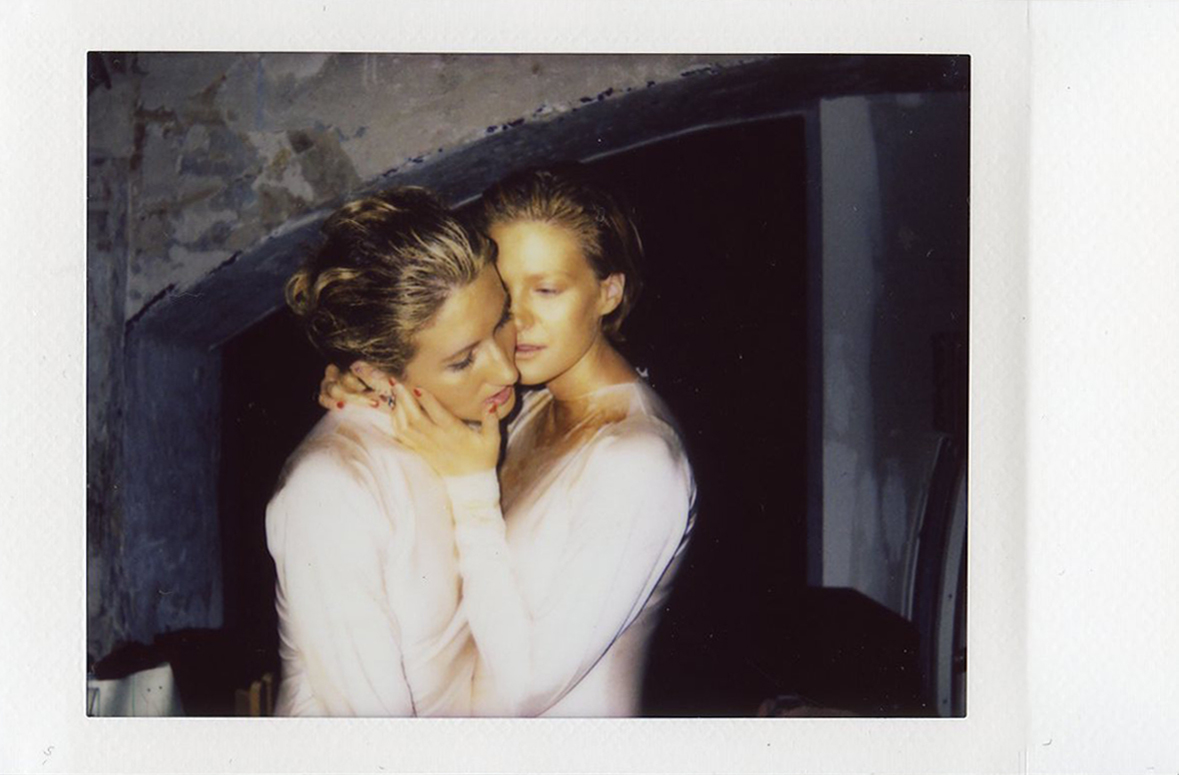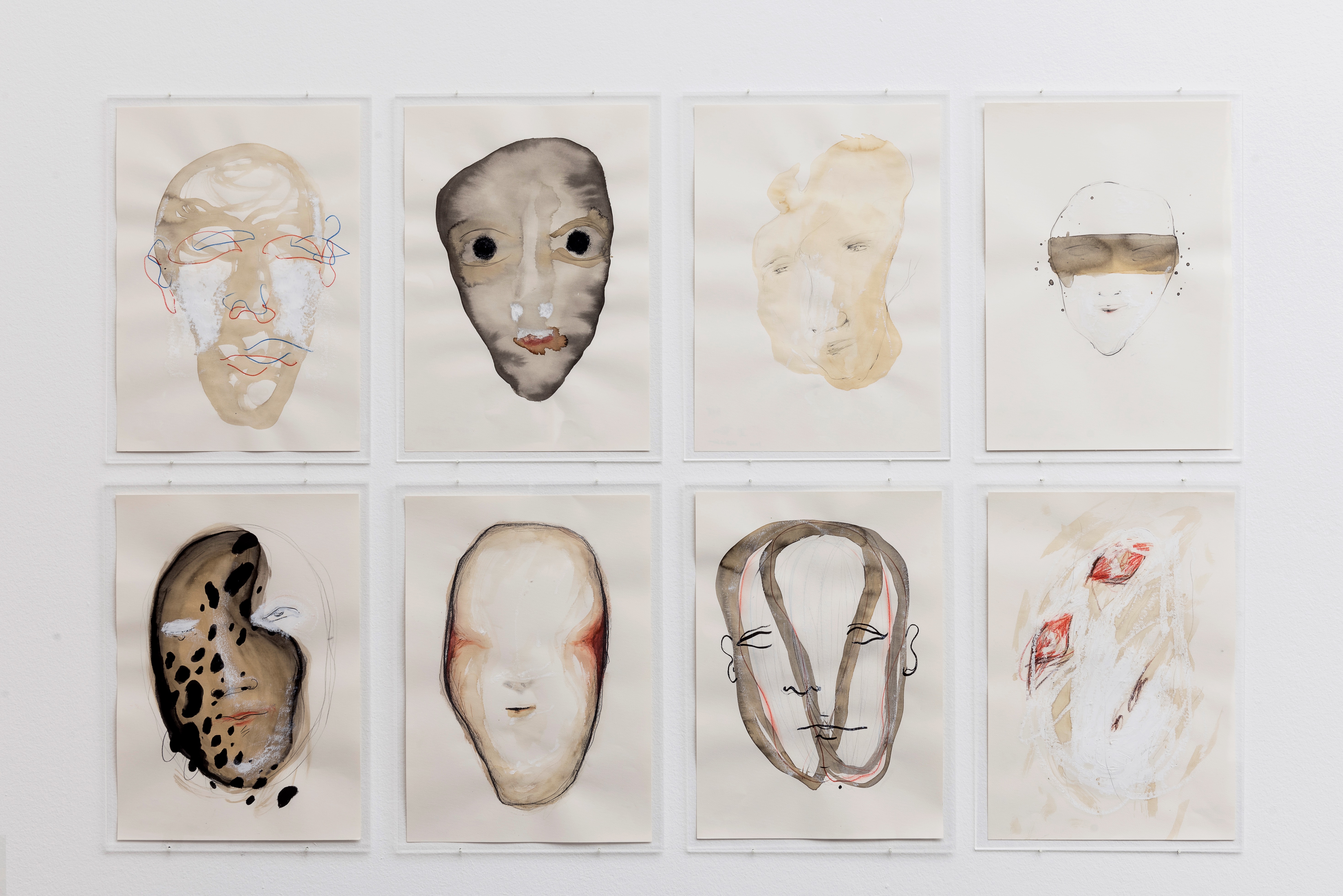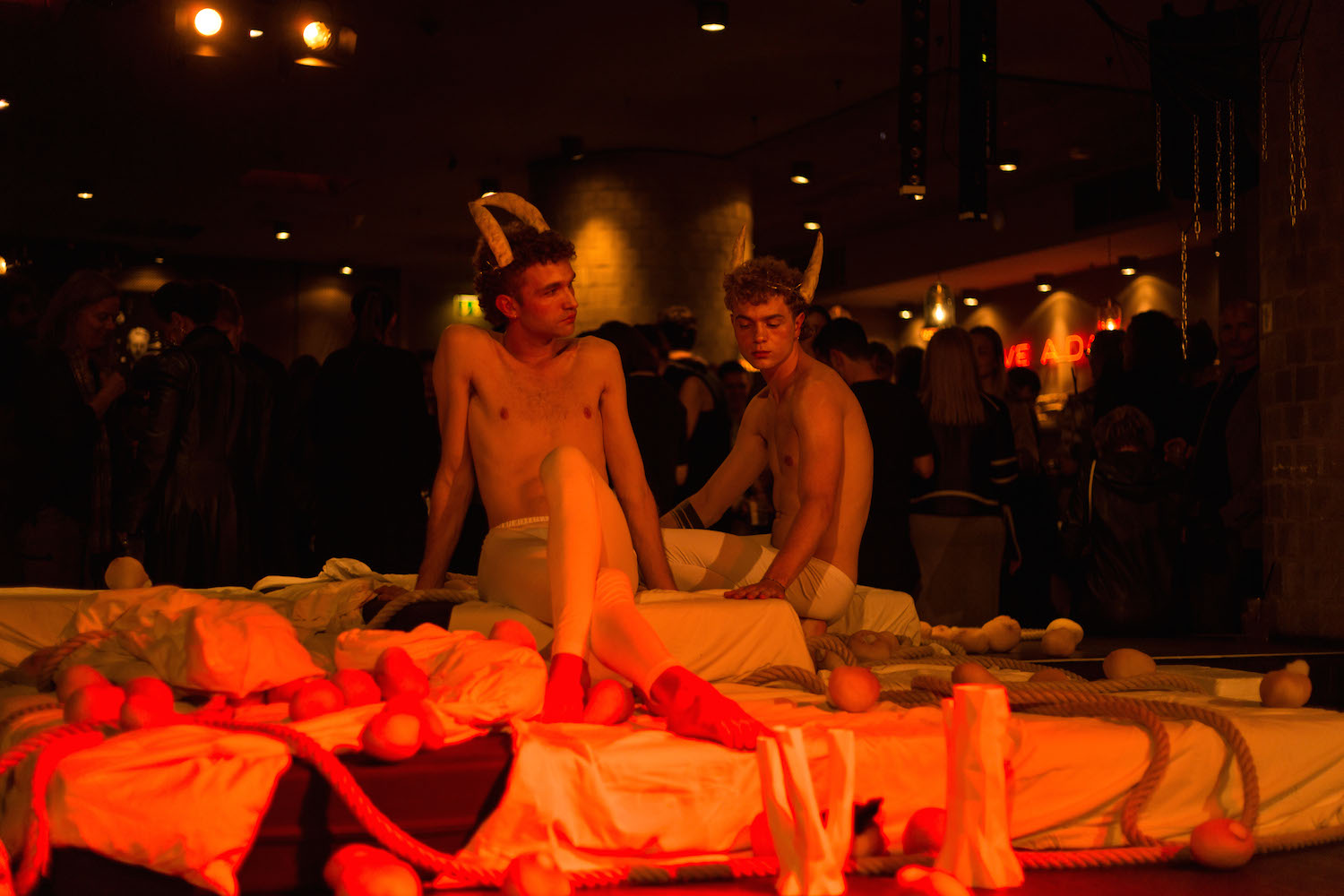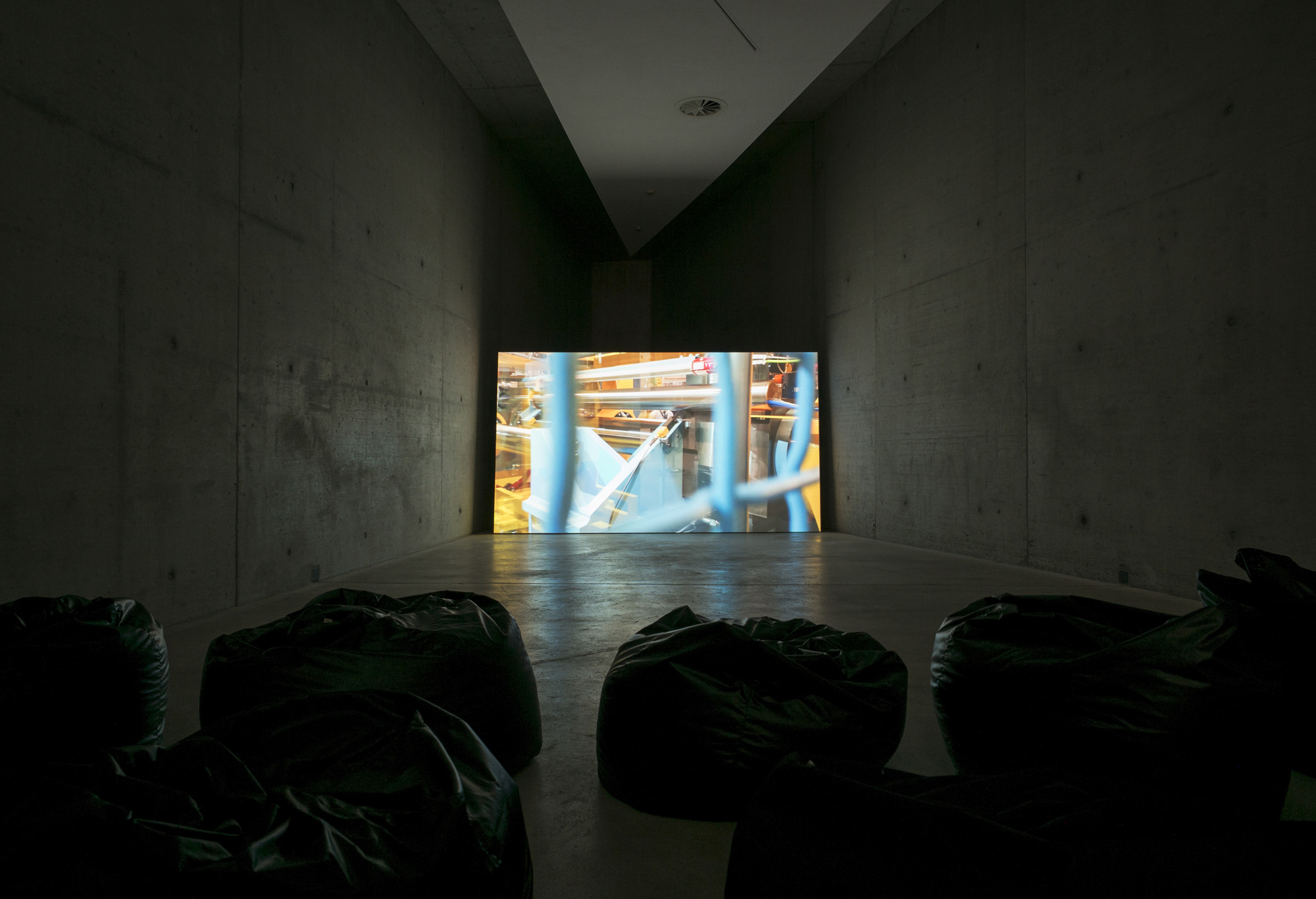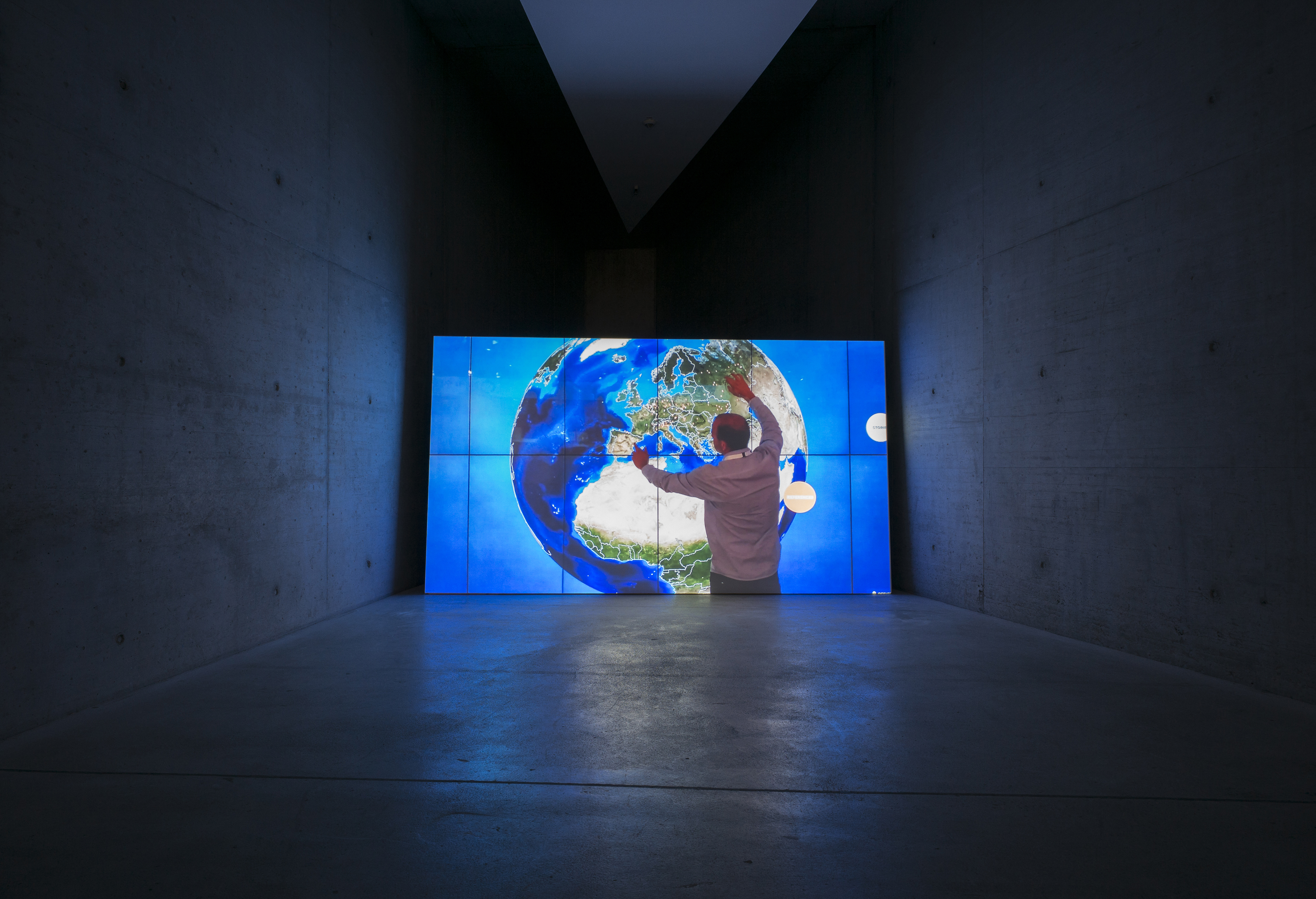Shows
Words don‘t come easy - Money doesn’t either
Place: KIT, Düsseldorf
Date: -
Artists: Juan Pérez Agirregoikoa, Isabella Fürnkäs, Hanne Lippard, Eric Peter
Curated by: Youri David Appelo & Marian Stindt
Works: In Ekklesia, Unpredictable Liars II
What shapes our reality? Do the words we use and the language we apply to describe the world affect our reality? While a capital-oriented world order leaves an irreversible imprint on our planet and affects our day-to-day experience, Words don’t come easy explores the possibility of an altered reality through language. Subjective, verbal and written, testimonies of the western capitalistic experience serve as a testing ground and common ground for an investigation of the capital feel. Can a change of words mean a change of the experience?
The presented artists create a multitude of perspectives through the instrumentalisation of different forms of language, from poetry to tongue twister. Together they form a thought-experiment questioning the impact of capitalism on our everyday life.
Far from the intention to grasp the complexity of economics, nor attempting to make a moral judgement, the artists involved in Words don’t come easy invite to collectively rethink our modus operandi within the systems of language and capitalism by the means of poetry, video, visual- and performing-art.
In the work ‘Economy as Intimacy’, Eric Peter researches the possibilities to transform economics into something intimate, using poetry as the medium of speculation. Hanne Lippard exemplifies the cyclical rituals of economic value chains and the inflation of a market through the inflation of language. She narrates the absurd myths and realities of achieving financial independence. Isabella Fürnkäs creates a dystopian environment in which a techno-economic future does not hold space for human language nor for human needs. And Juan Pérez Agirregoikoa draws lively sceneries of rejection and frustration within work culture appearing as caricatures of a bitter truth. This multitude of perceptions offers a diverse audience a perspective to relate to.
The play with words might suggest a more playful approach to the themes of labour and leisure, potentially to challenge and shift our notion of capitalism, which could be playful, hopeful, dark or dystopian.
It is clear that the capitalistic system affects all of us; no matter if you are a part time jobber, nine-to-five office worker, temporarily employed, freelancer, job seeker, young entrepreneur, someone waiting for work permit, pensioner, civil servant or millionaire, or if you are the producer or consumer in this global system.
- Text by Youri David Appelo & Marian Stindt
In Ekklesia
Isabella Fürnkäs presents a dystopian techno-economic future where there is no space for human language or human labour. Fürnkäs’ video installation In Ekklesia (2015) offers a speculative vision of labour in the era of robotics. A projection screen, resting on a pile of kinetic sand, depicts industrial machines at work. Footage of different industrial machines and robots is interspersed with images of ballpoint pen drawings by Fürnkäs, as well as documentation of rave culture. The mix of industrial imagery and party culture echo each other as the robotic movements seemingly move in time with the technoid sounds.
The growing automatization of unskilled labour leads to a rise in unemployment and work precarity. What started as the Fordist dream of a growing economy turned into a nightmare. Today, job insecurity, worklessness and financial instability preoccupy a generation of anxious and disassociated workers. Fürnkäs grasps the discrepancy between intimacy and productivity, labour and leisure, between euphoria and anxiety by layering image, sound and lyric in this moving image installation. The fast images are interspersed by moments of stasis and dreariness.
“I am so sad”
“I am transparent”
“I am losing my language”
The loss of language the vocalist refers to here, invokes a loss of power and control. The kinetic sand, framing the projection screen, suggests the quicksand-like quality of a system that once it grabs you, won’t let go. As Mark Fisher wrote, capitalism is “a monstrous, infinitely plastic entity, capable of metabolizing and absorbing anything with which it comes into contact.”1
[1] Mark Fisher, Capitalist Realism: Is There No Alternative?, Zero Books, London, 2009, p.6
Unpredictable Liars II
Mysterious veiled figures linger in the exhibition space; they could be from past decades or maybe the distant future. Mumbling under their cloak, they tell the story of The Raft of the Medusa, an oratorio by the German composer Hans Werner Henze, the tale of the French frigate Meduse, which ran aground off the west coast of Africa in 1816. Some castaways saved themselves on a raft, but in the end only fifteen of the hundred and fifty mariners survived.
Translated through sculpture, a story of desperation, existential crisis and cannibalism unfolds. While Hans Werner Henze’s oratorio originated against the backdrop of left-wing thought in the 1960s, Fürnkäs’ work situates itself very specifically in the context of contemporary economics, referencing isolation and the struggle for survival.
- Texts by Marian Stindt
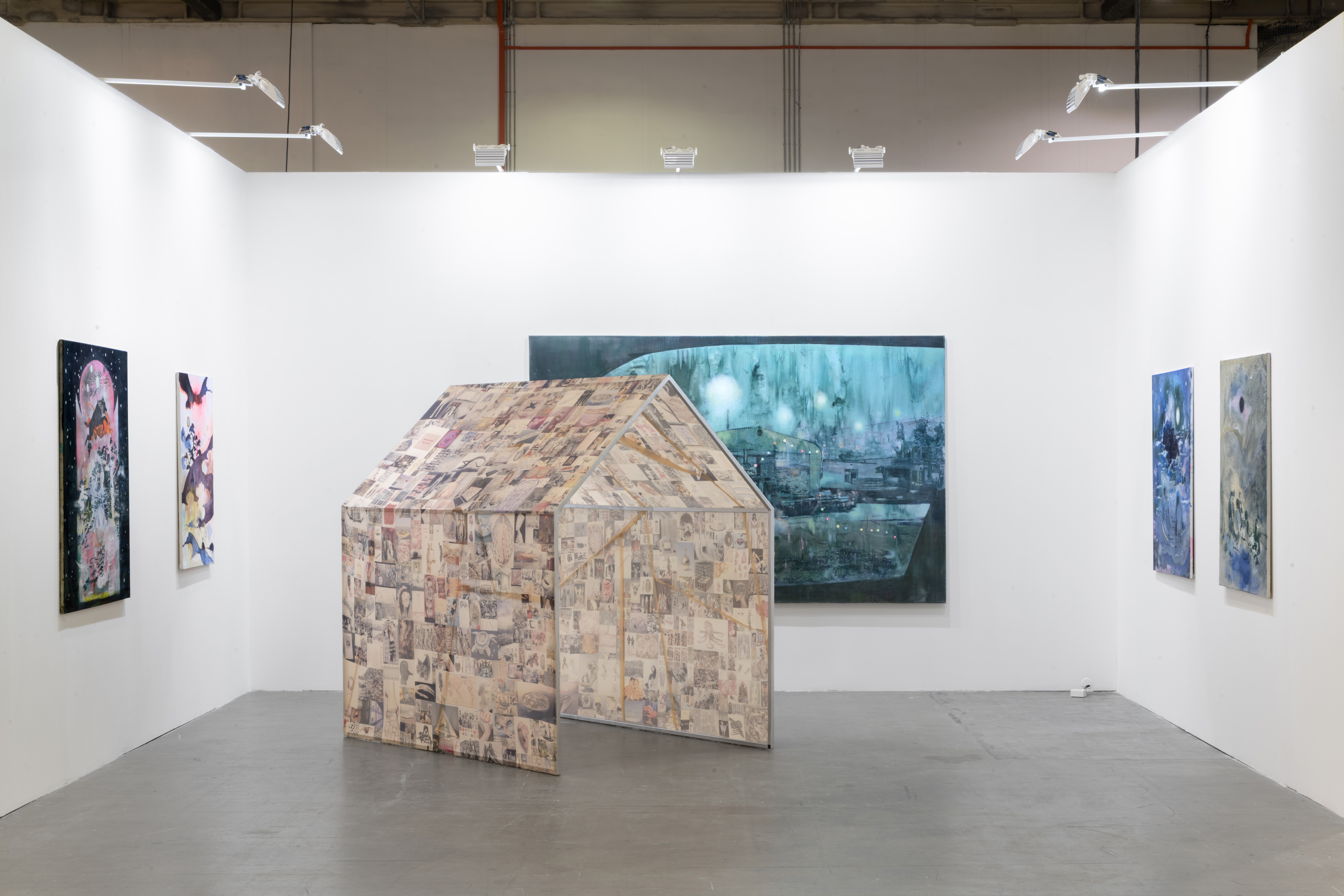
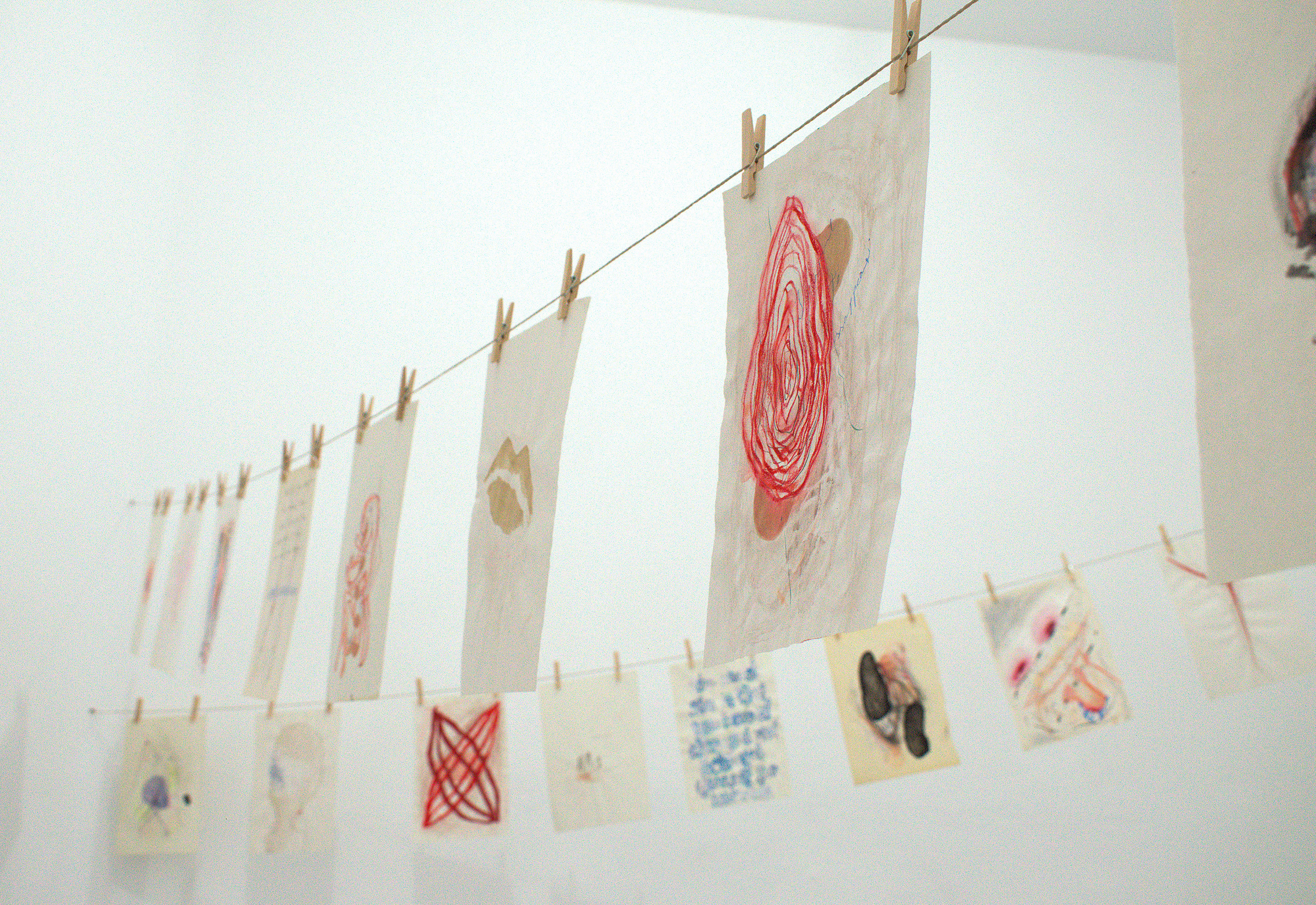

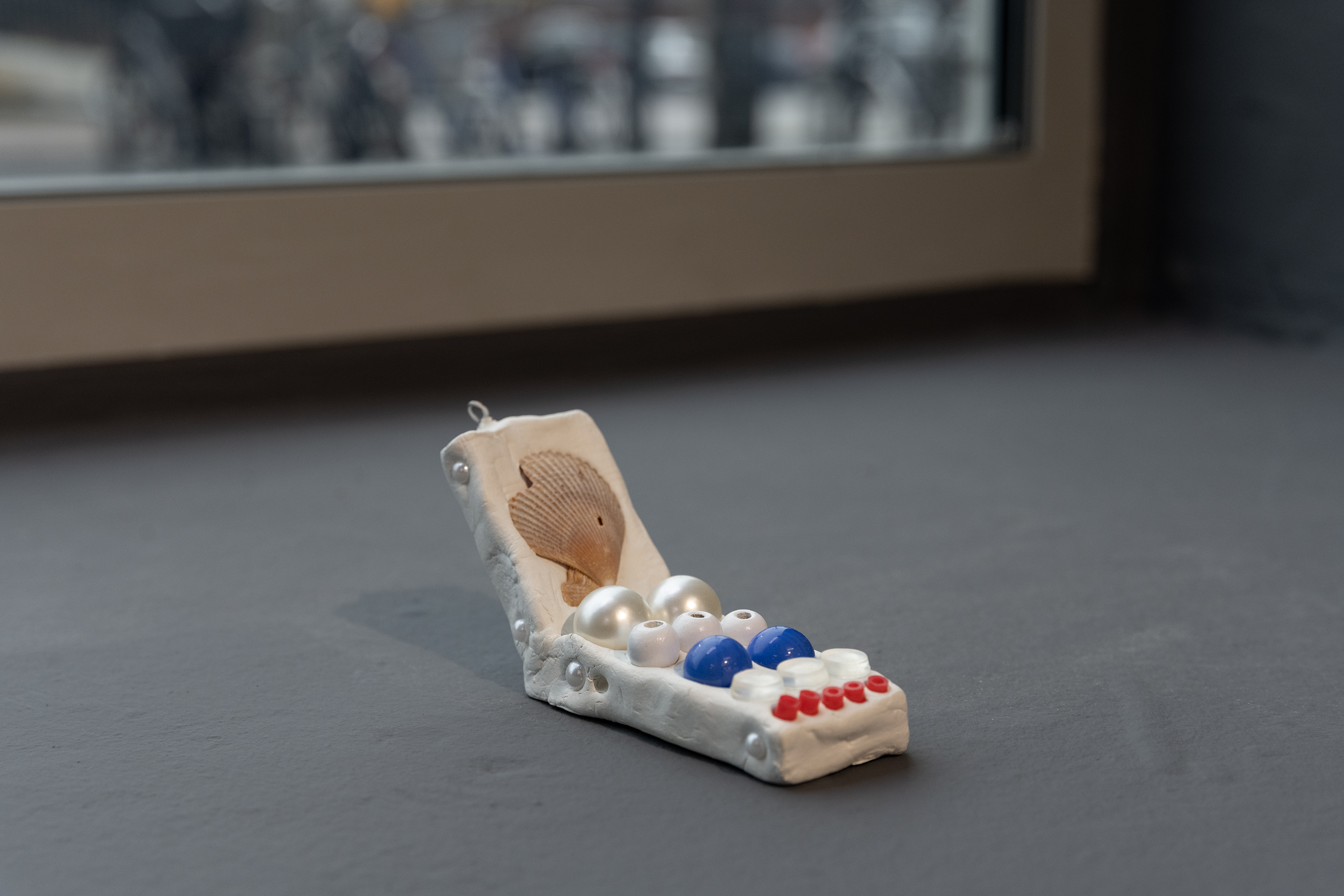
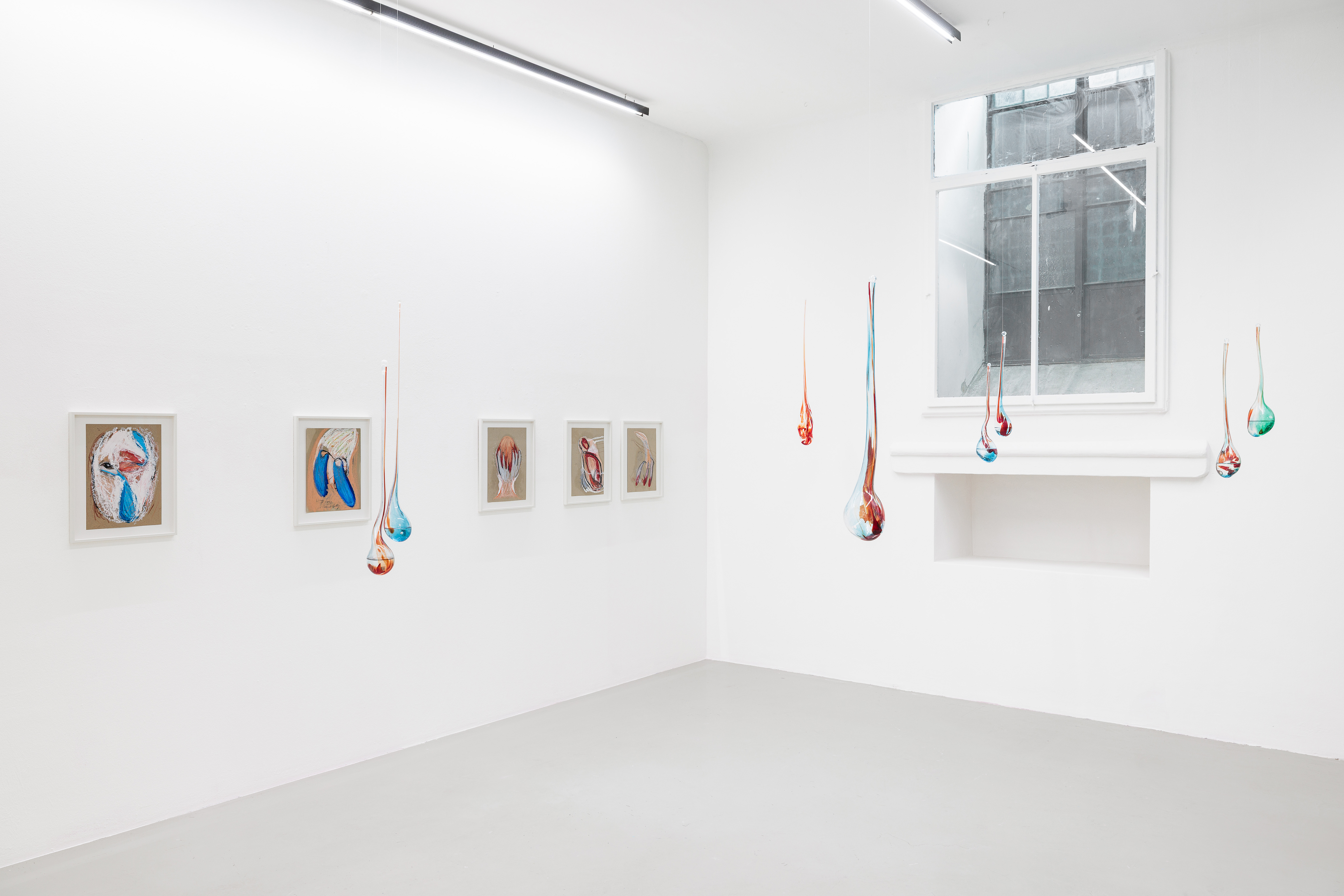
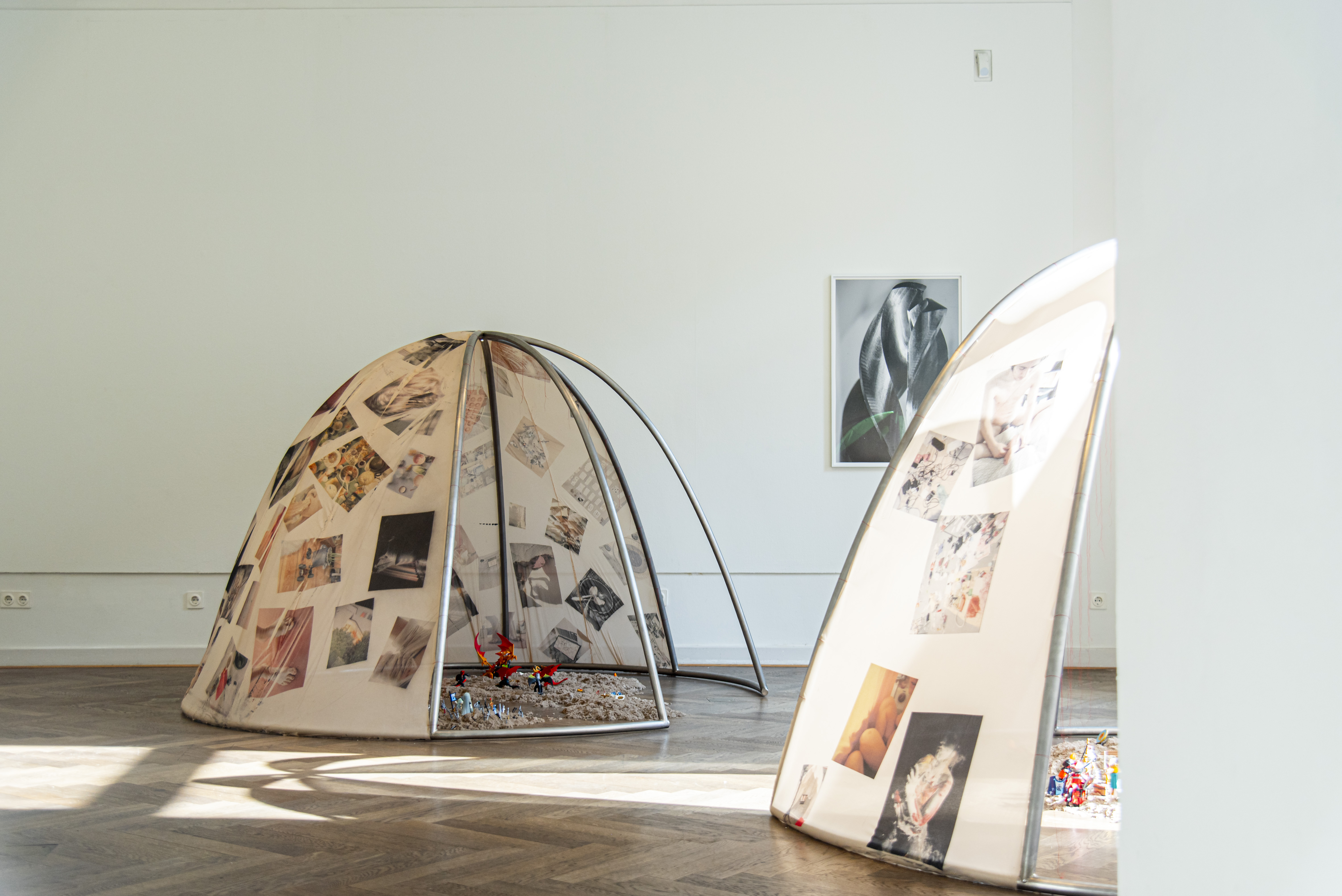
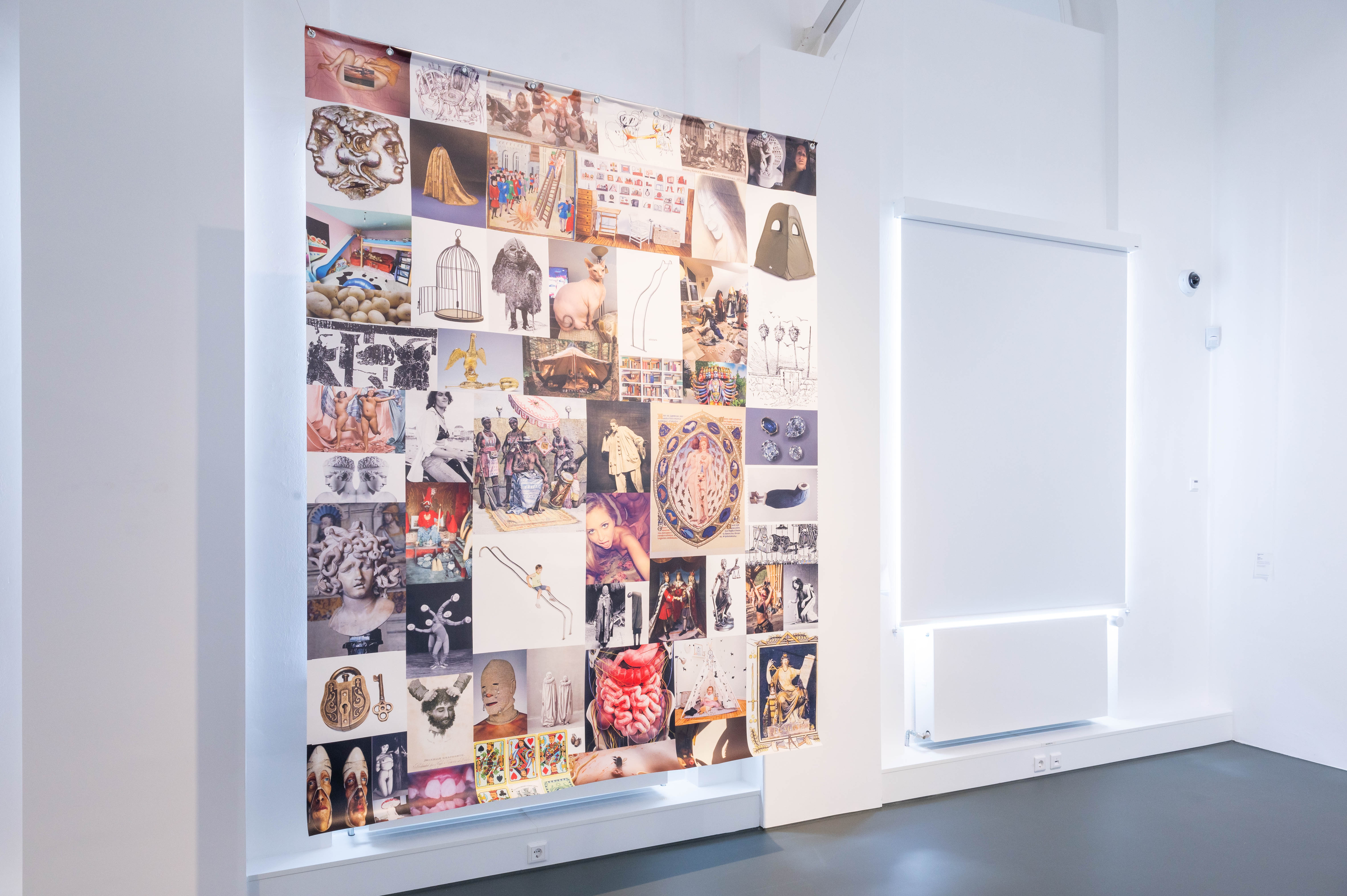

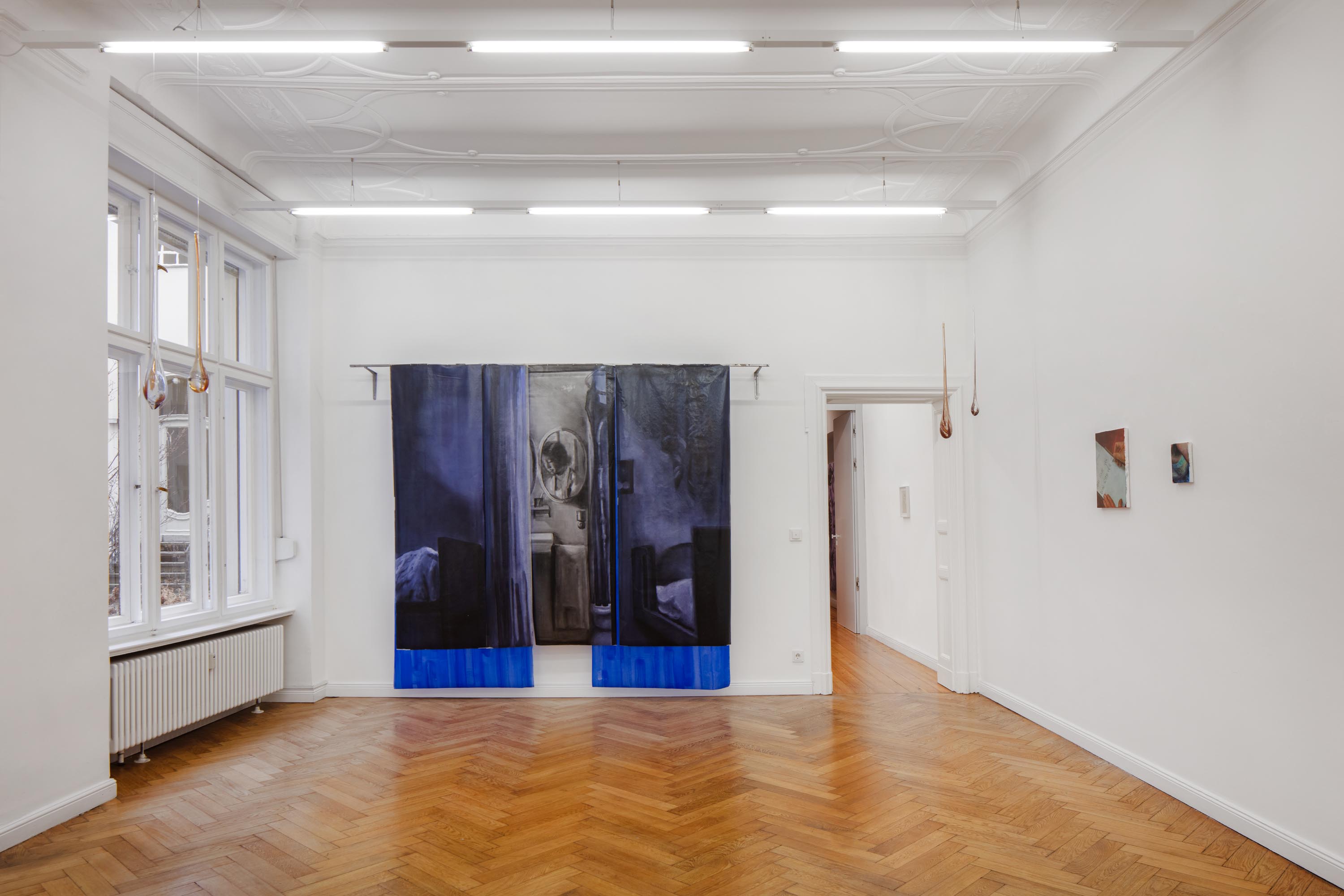

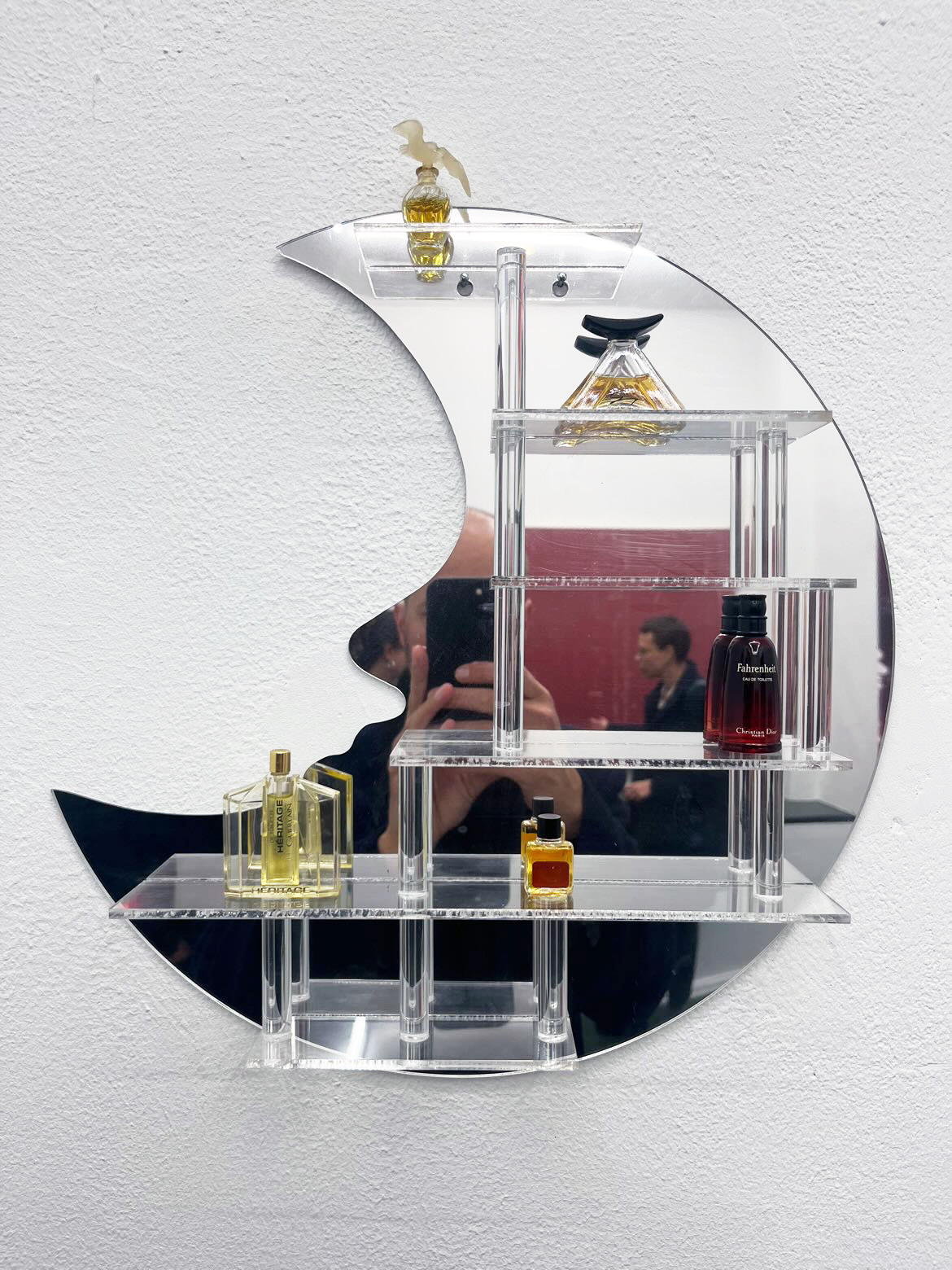
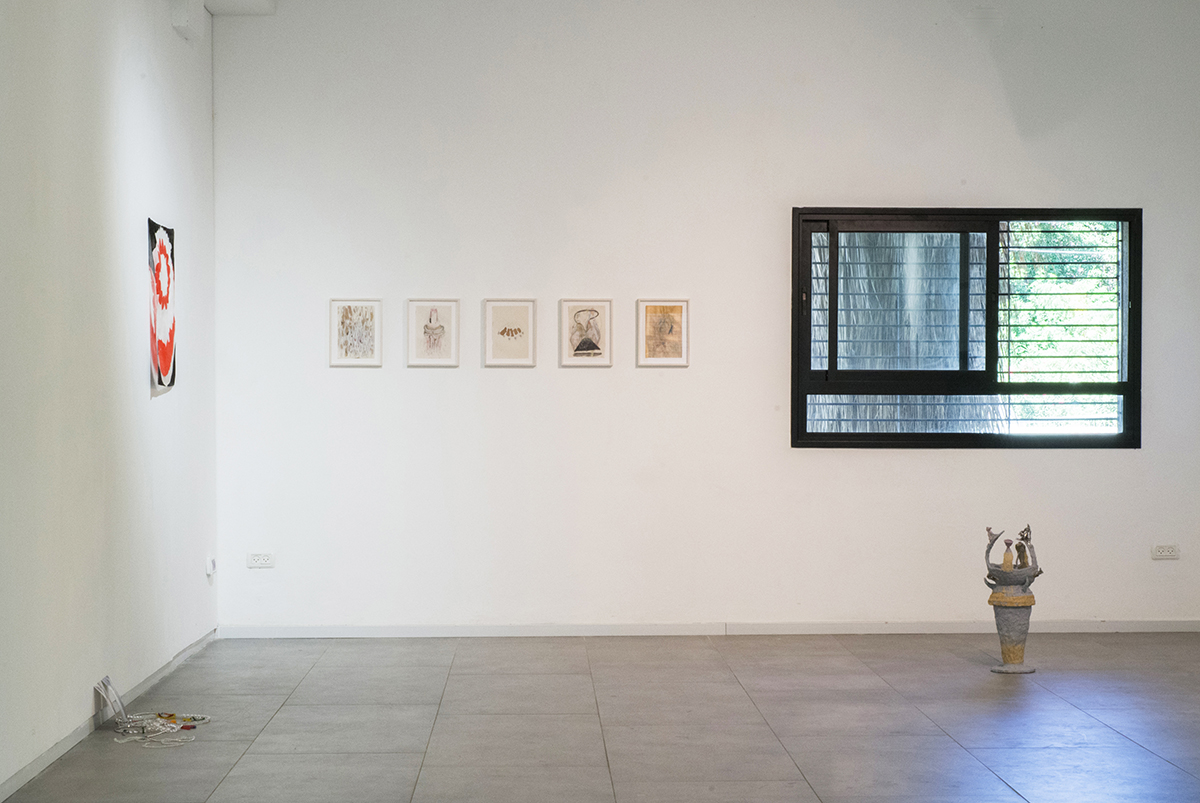
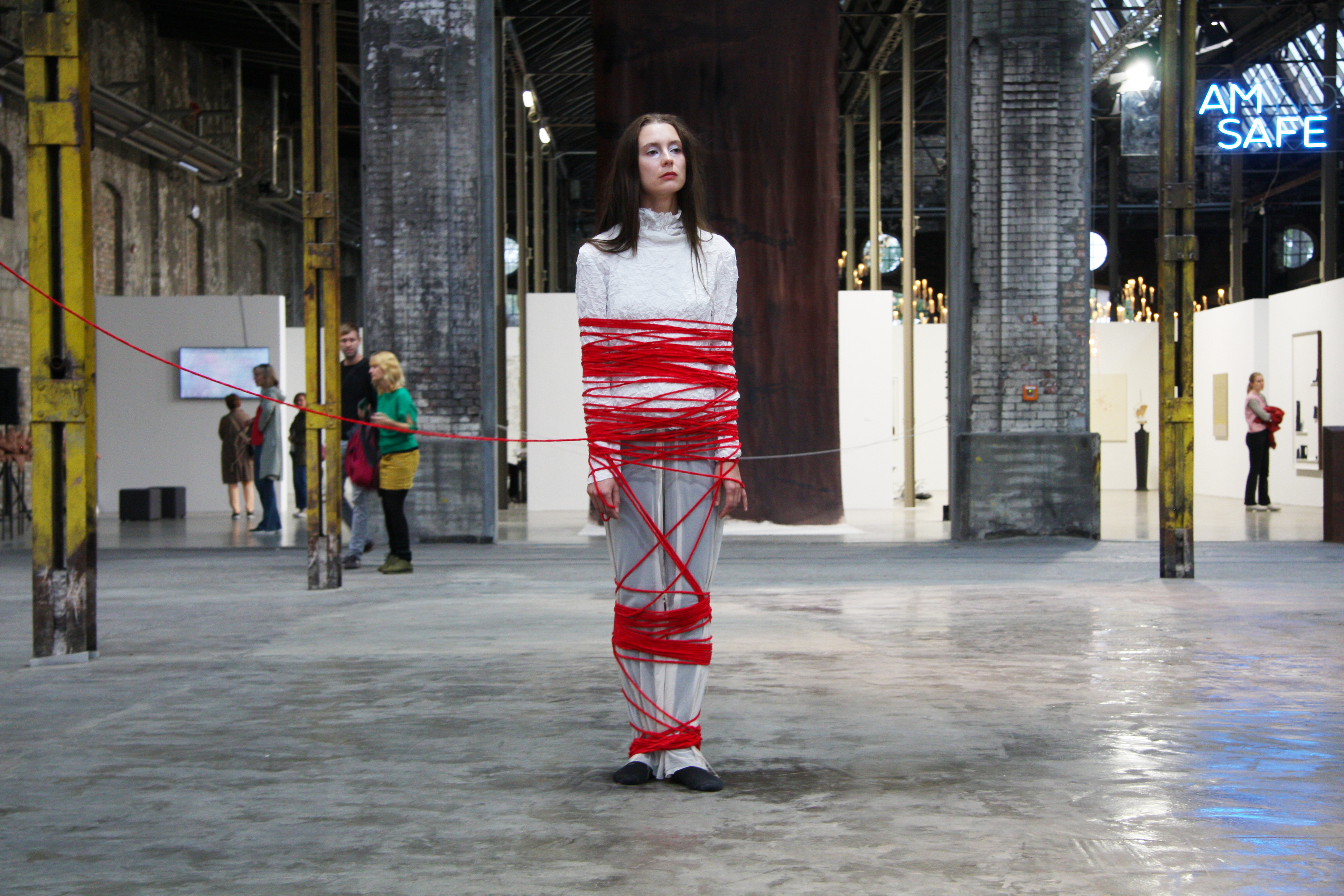
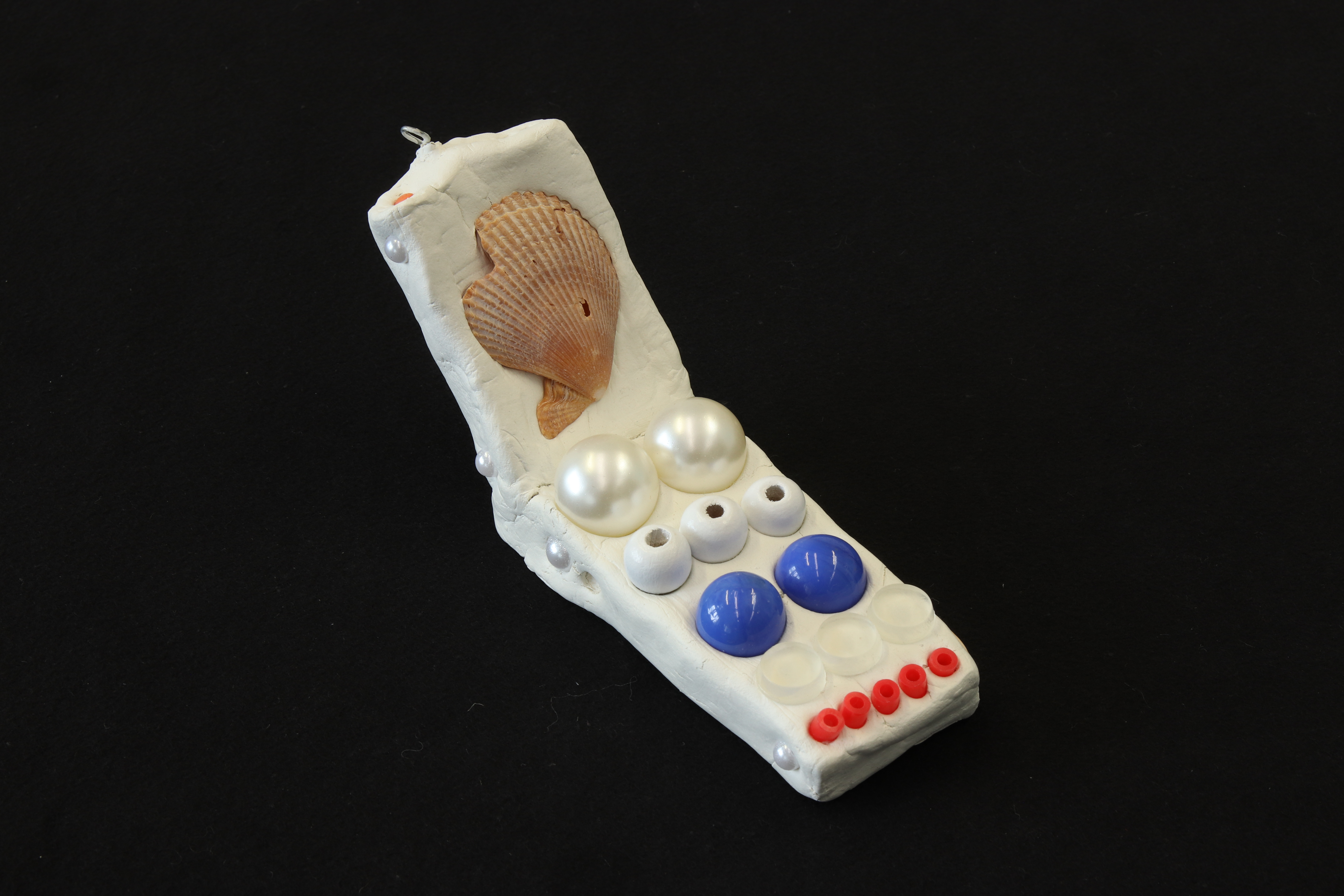
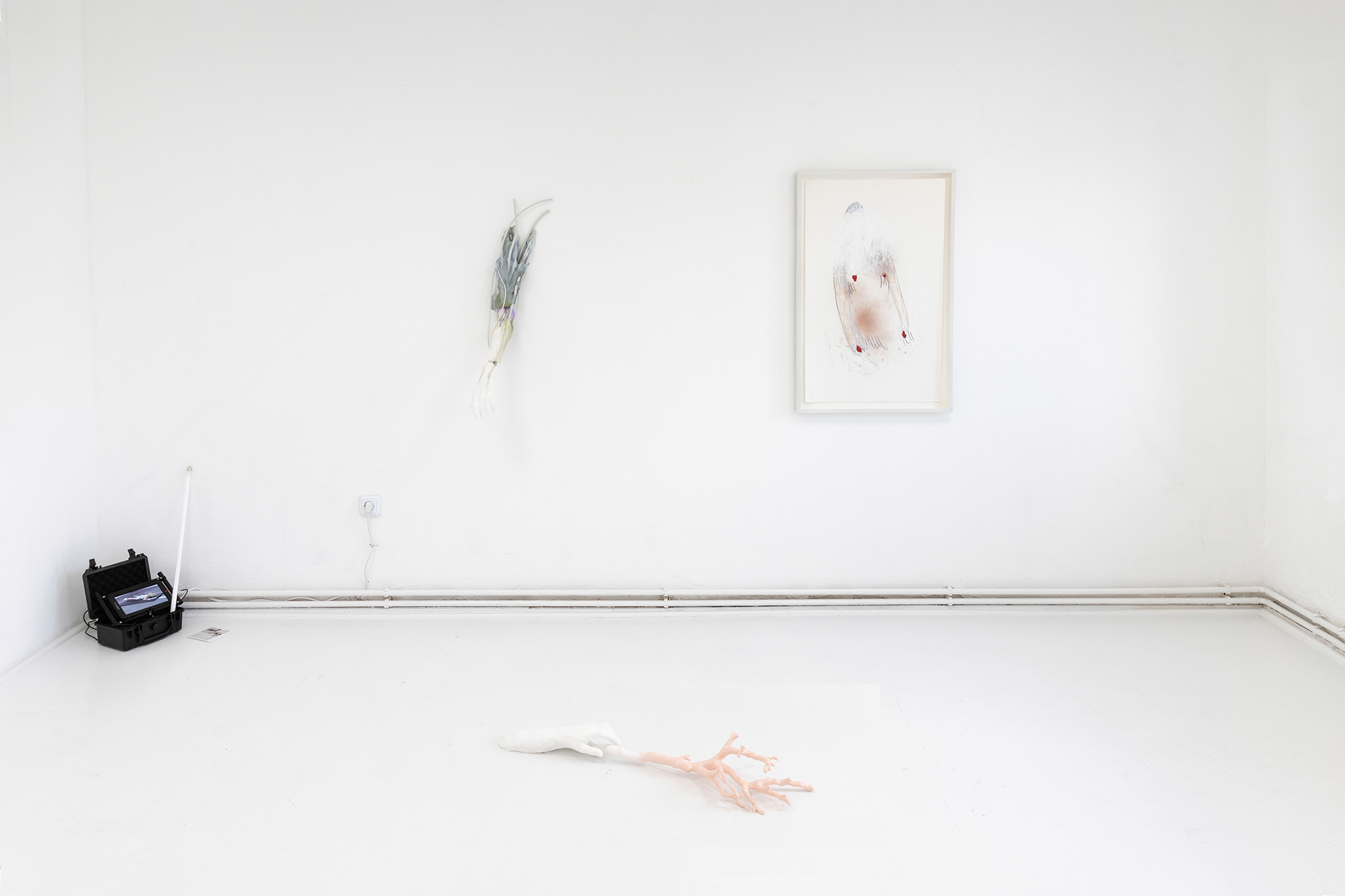
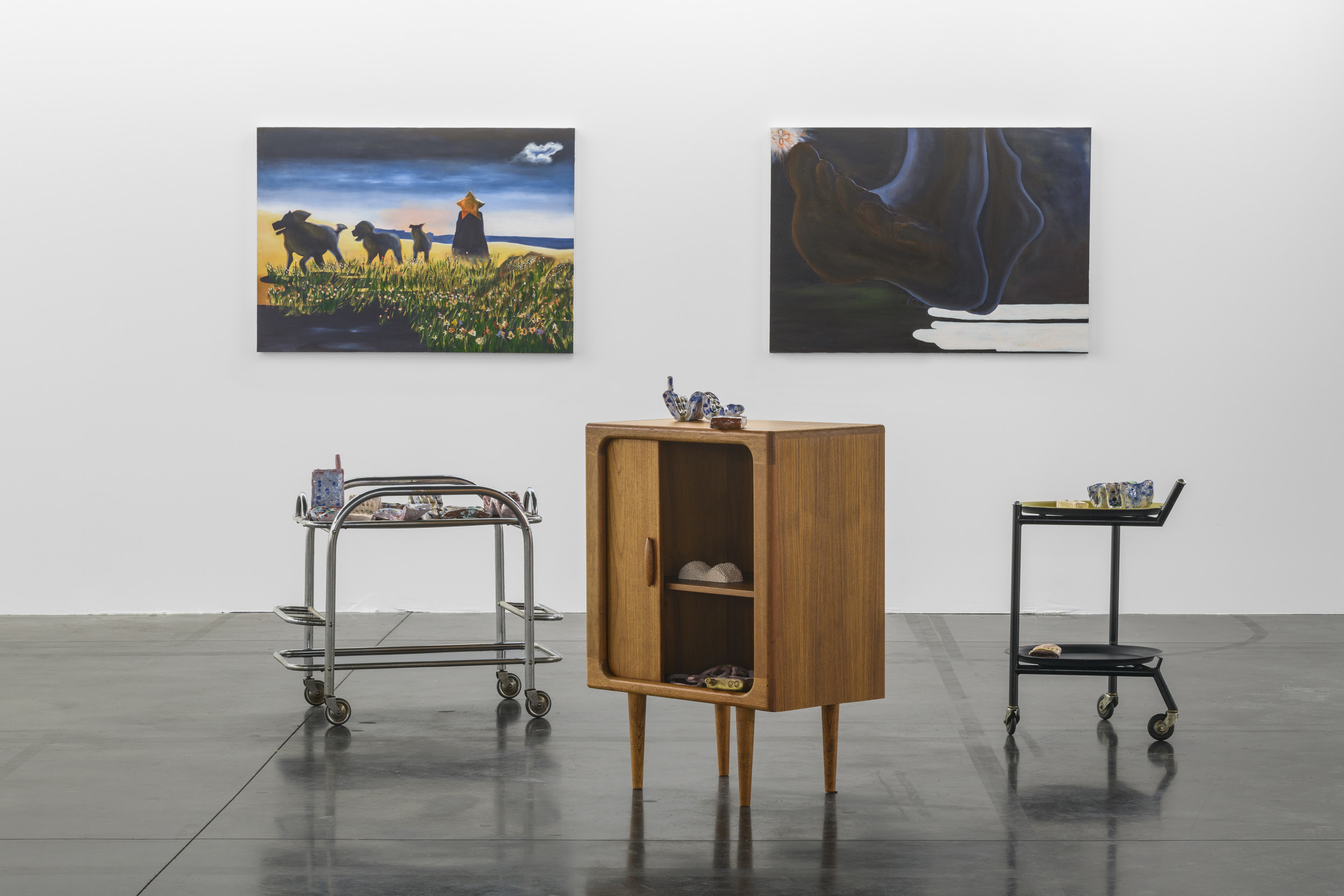
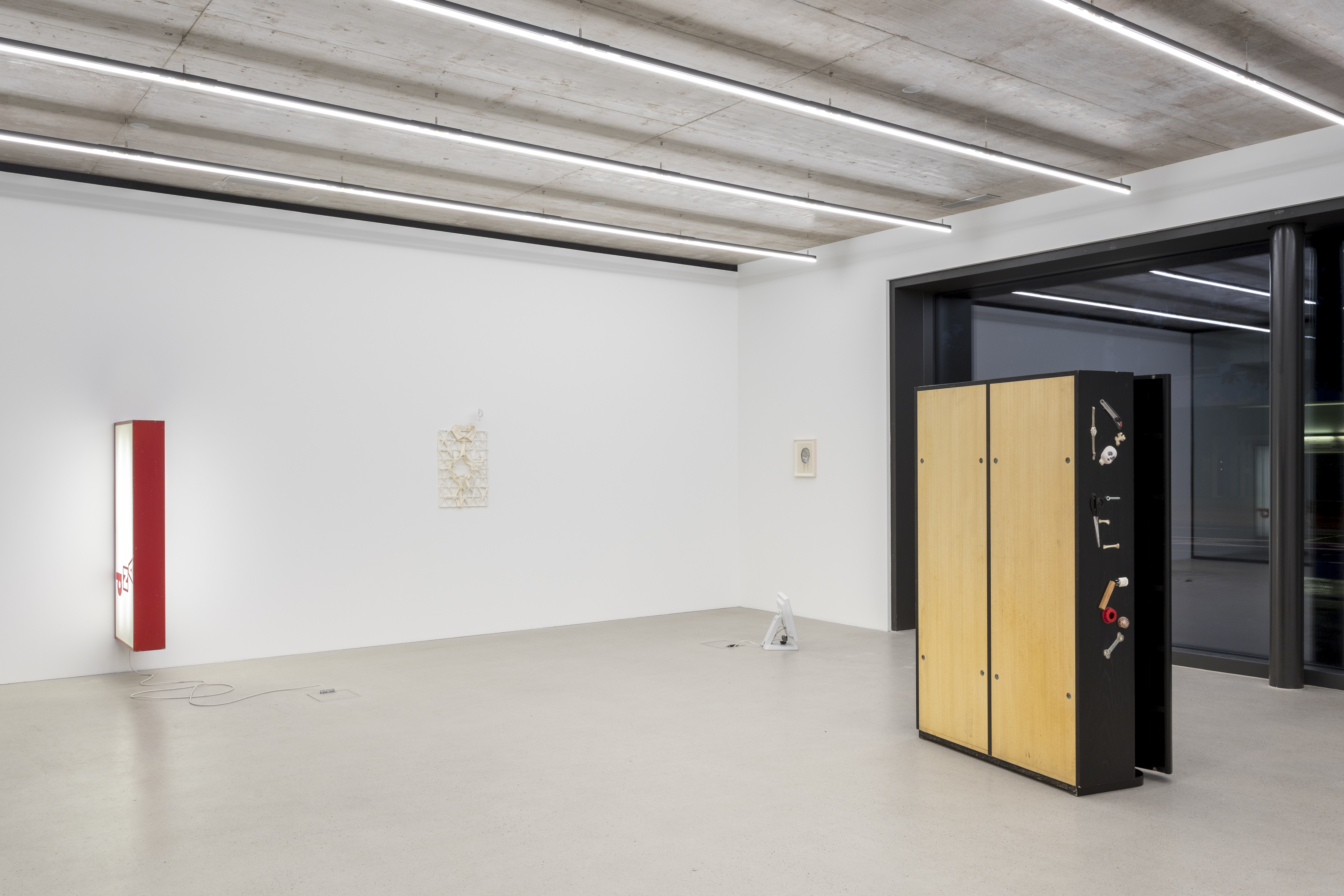
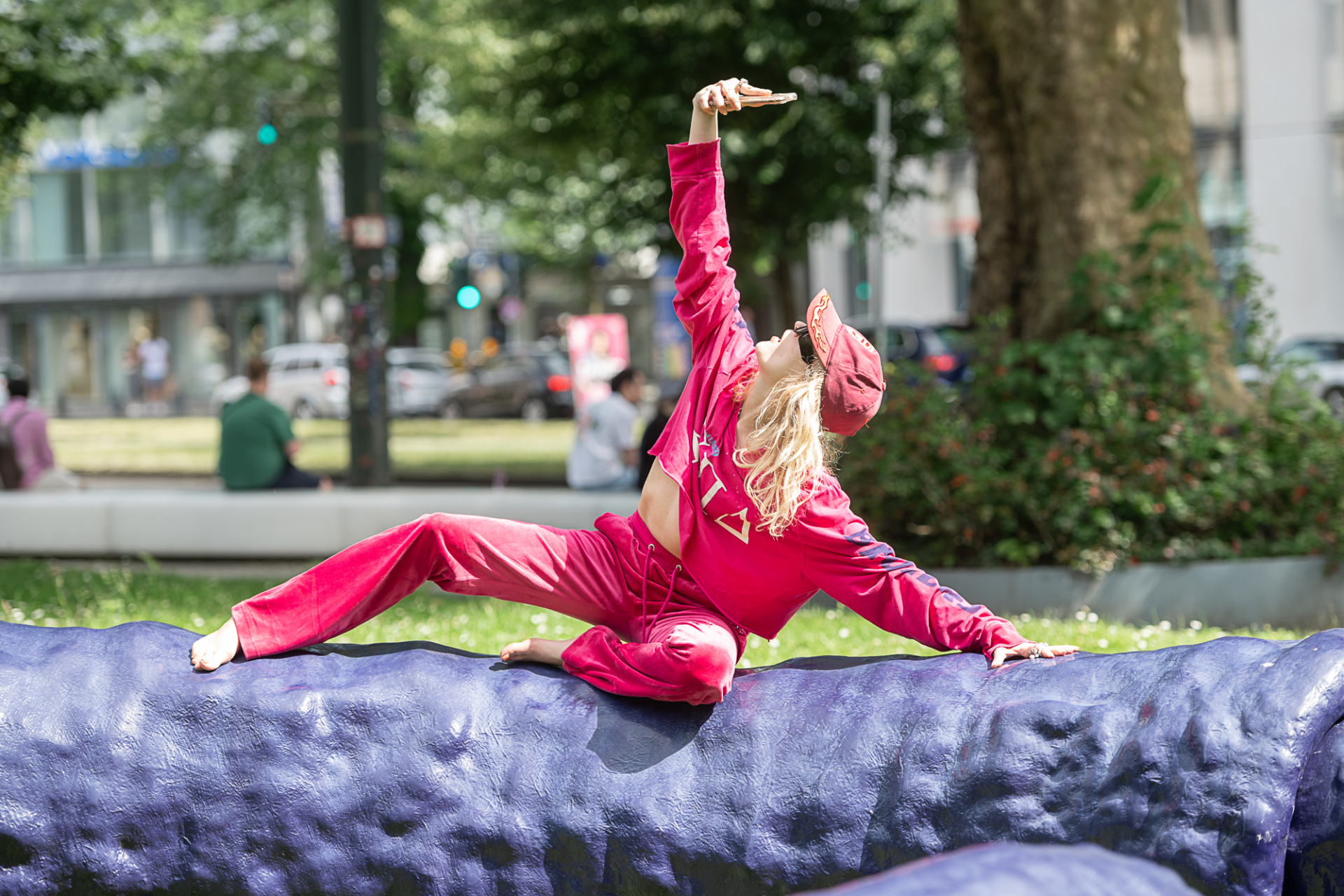
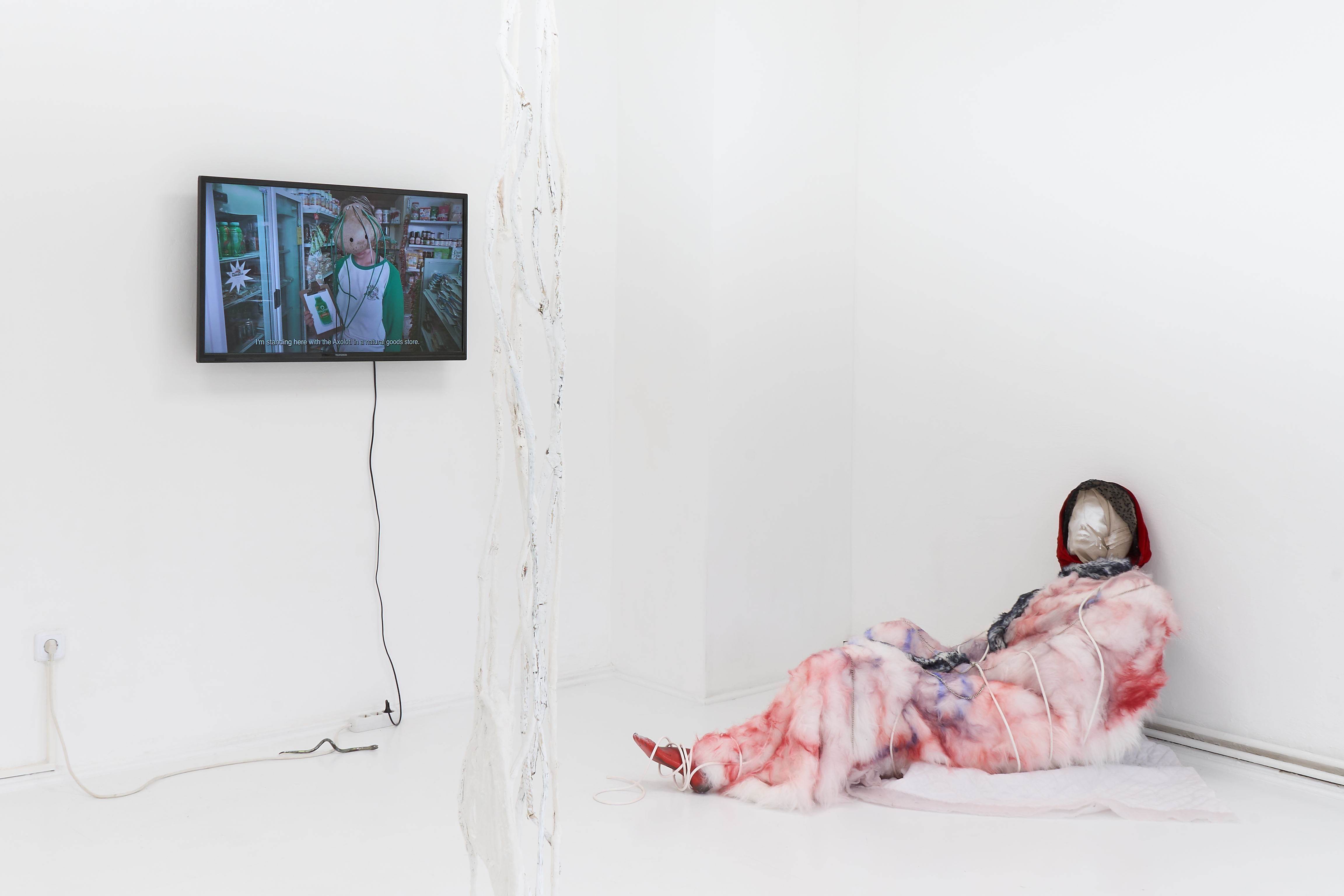
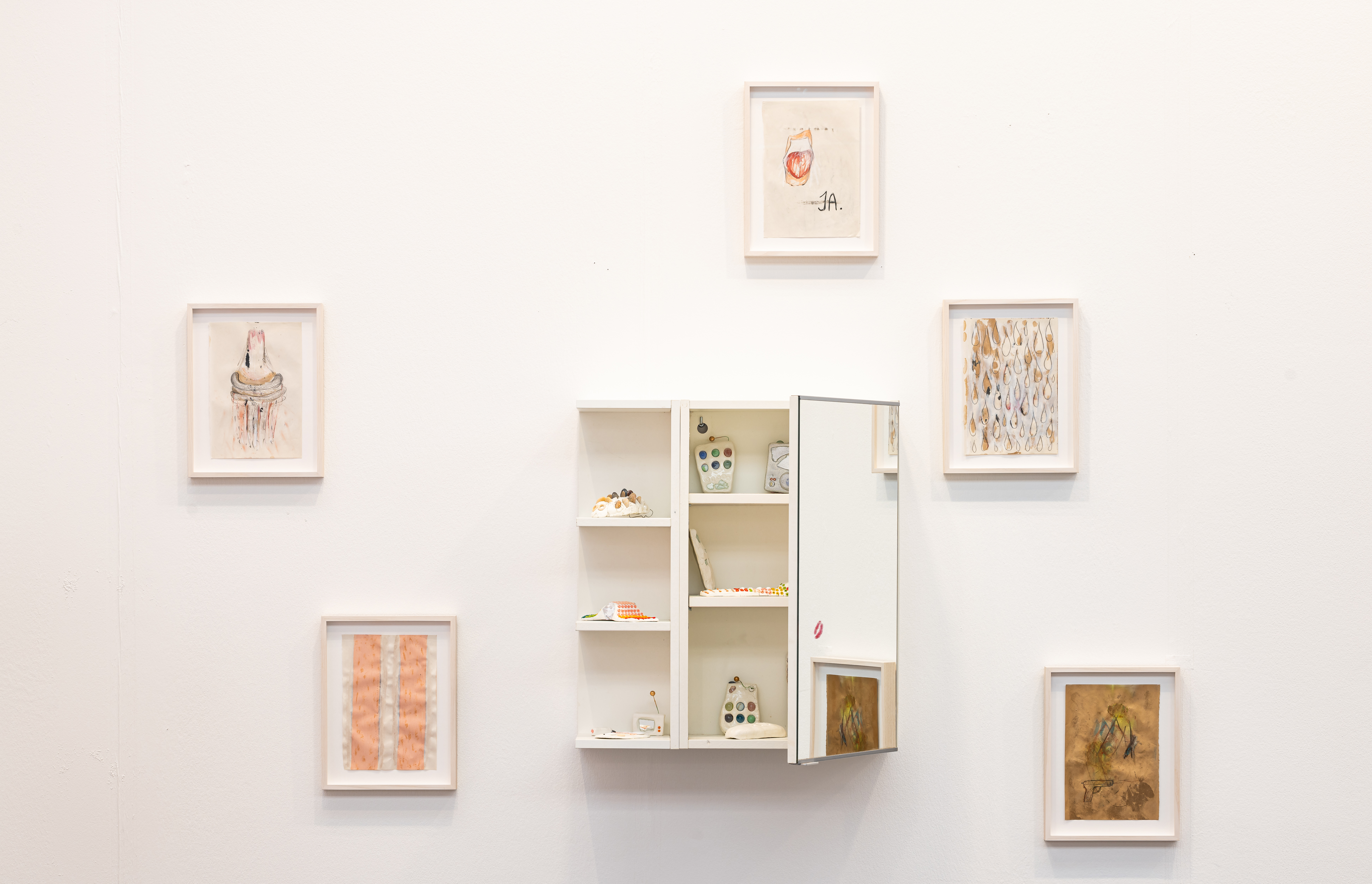
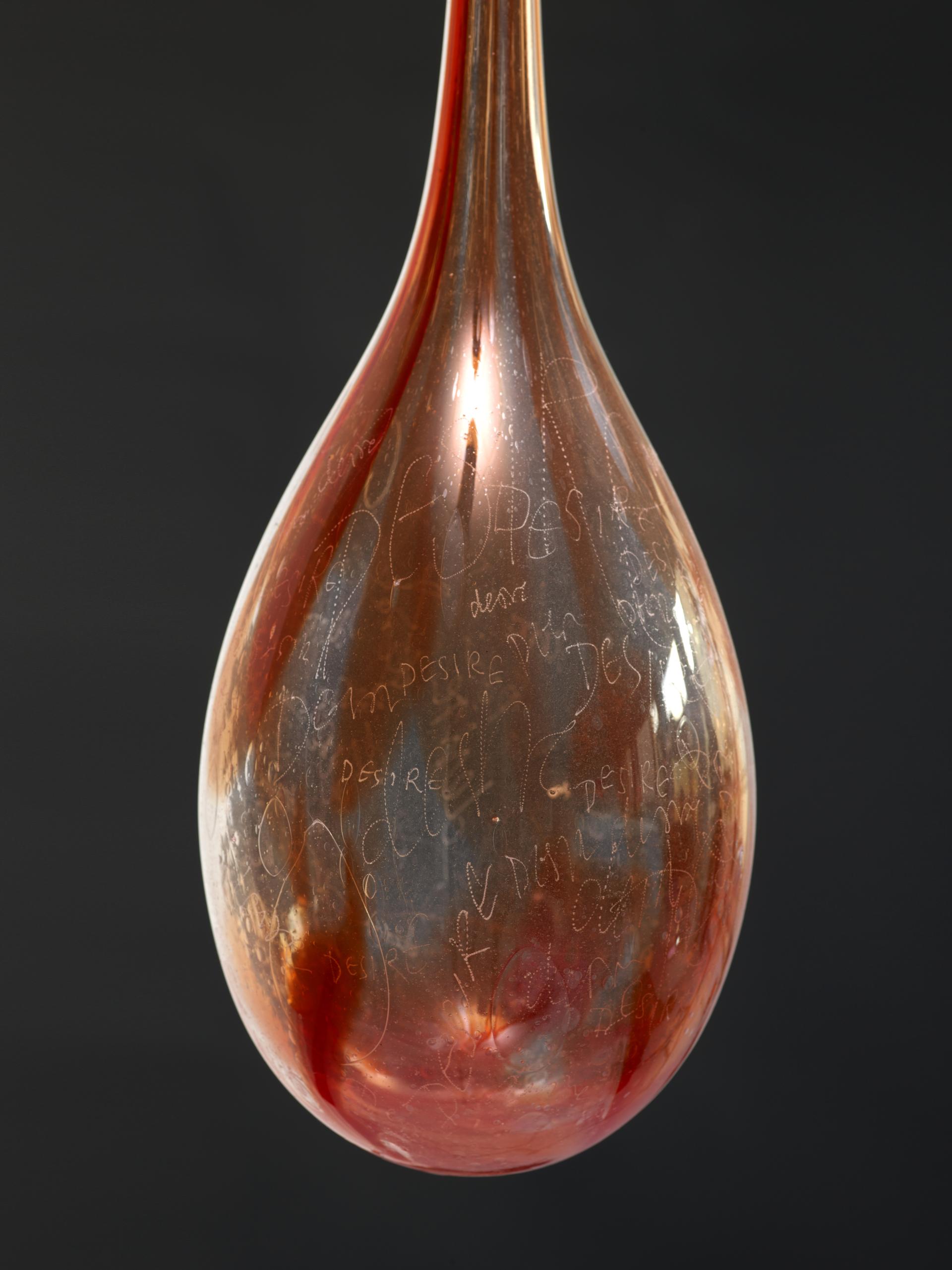
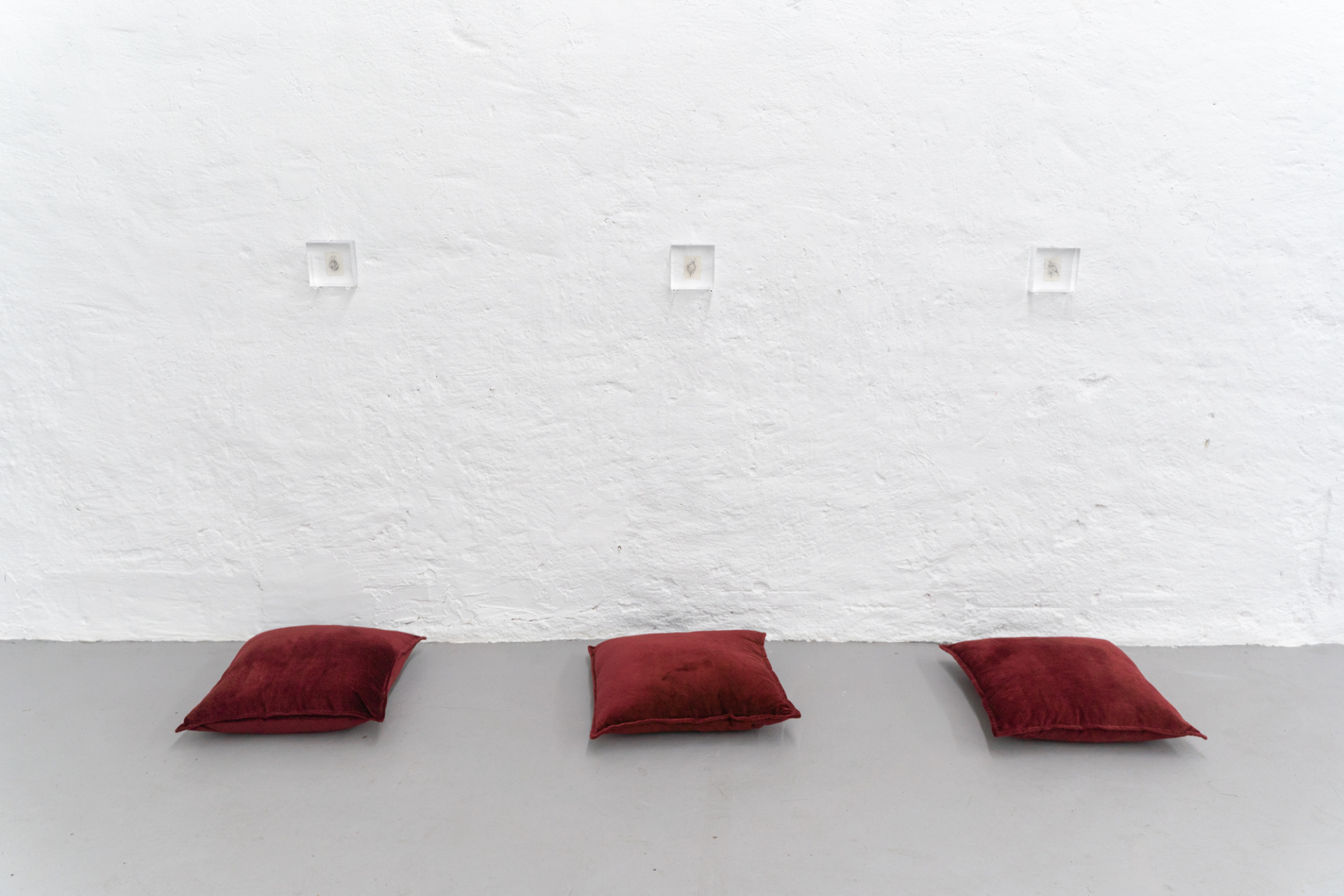
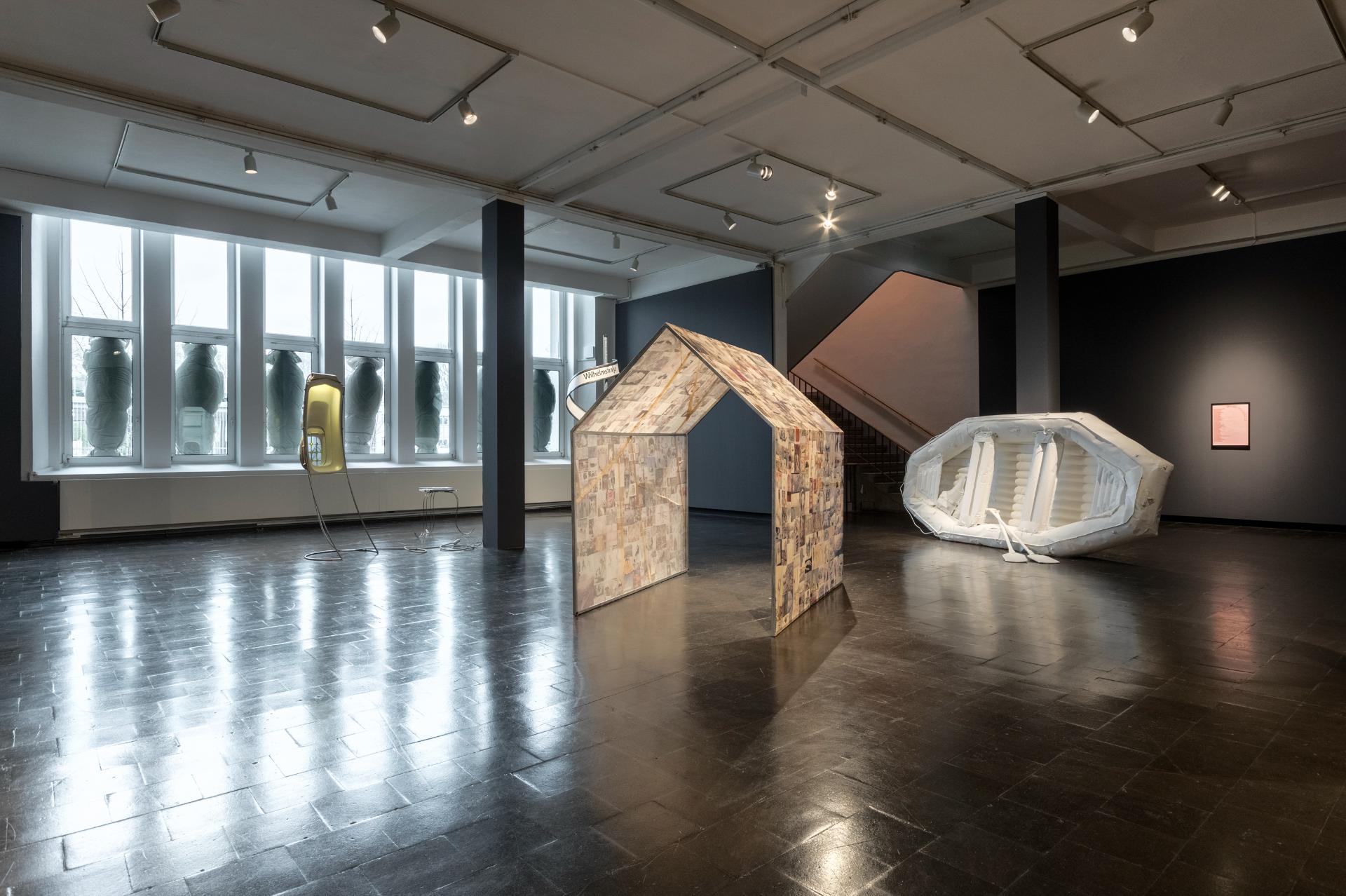
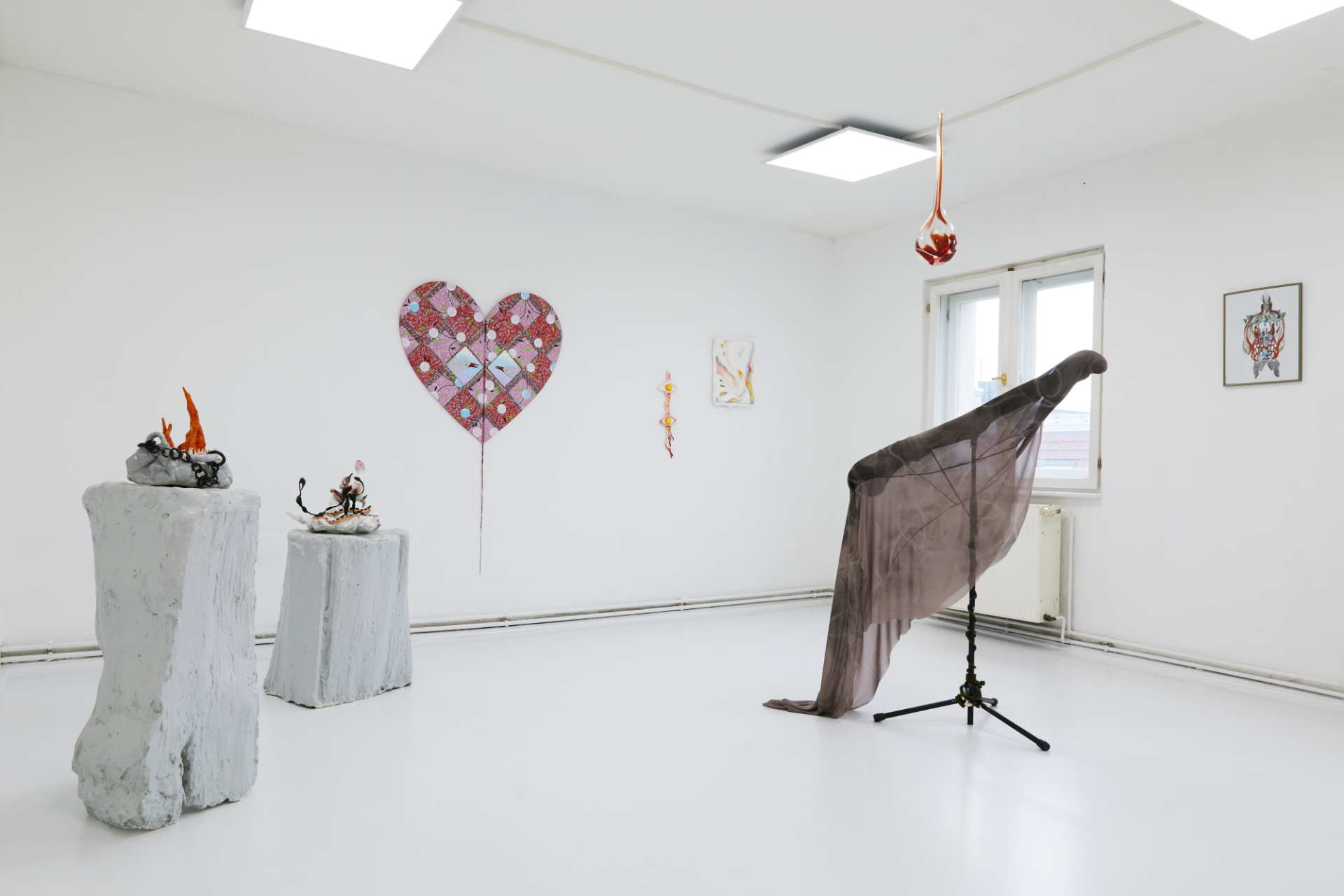
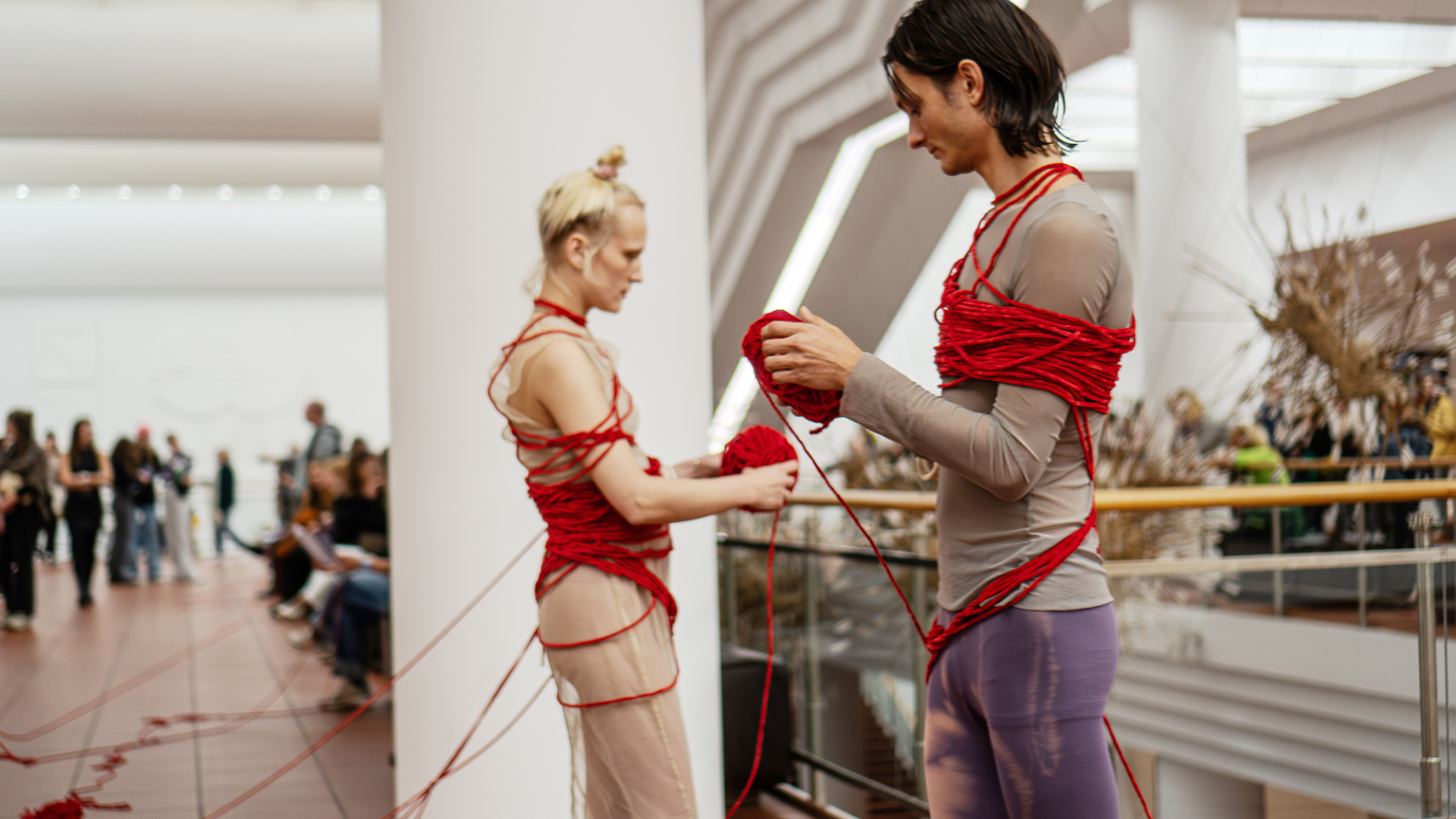
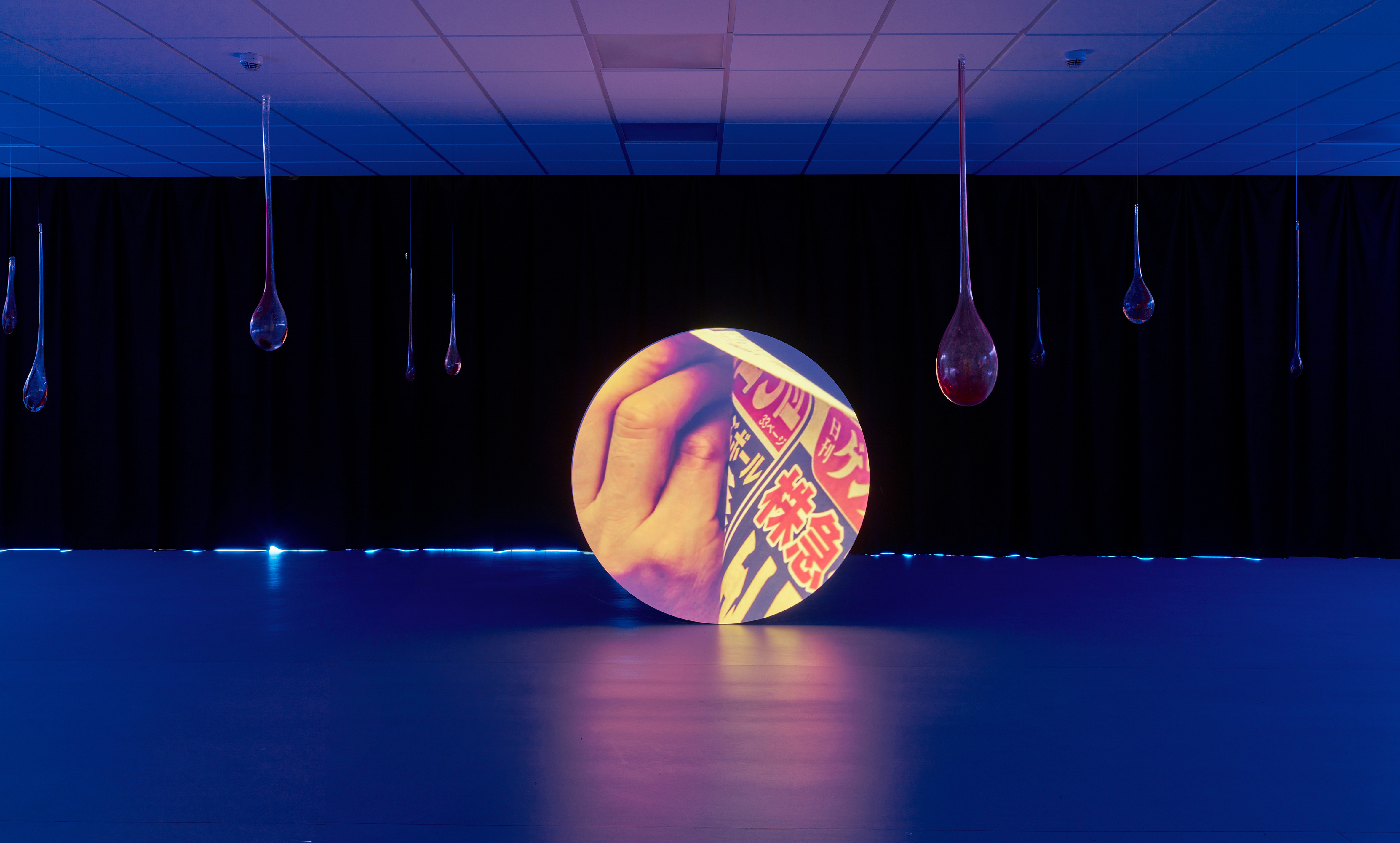
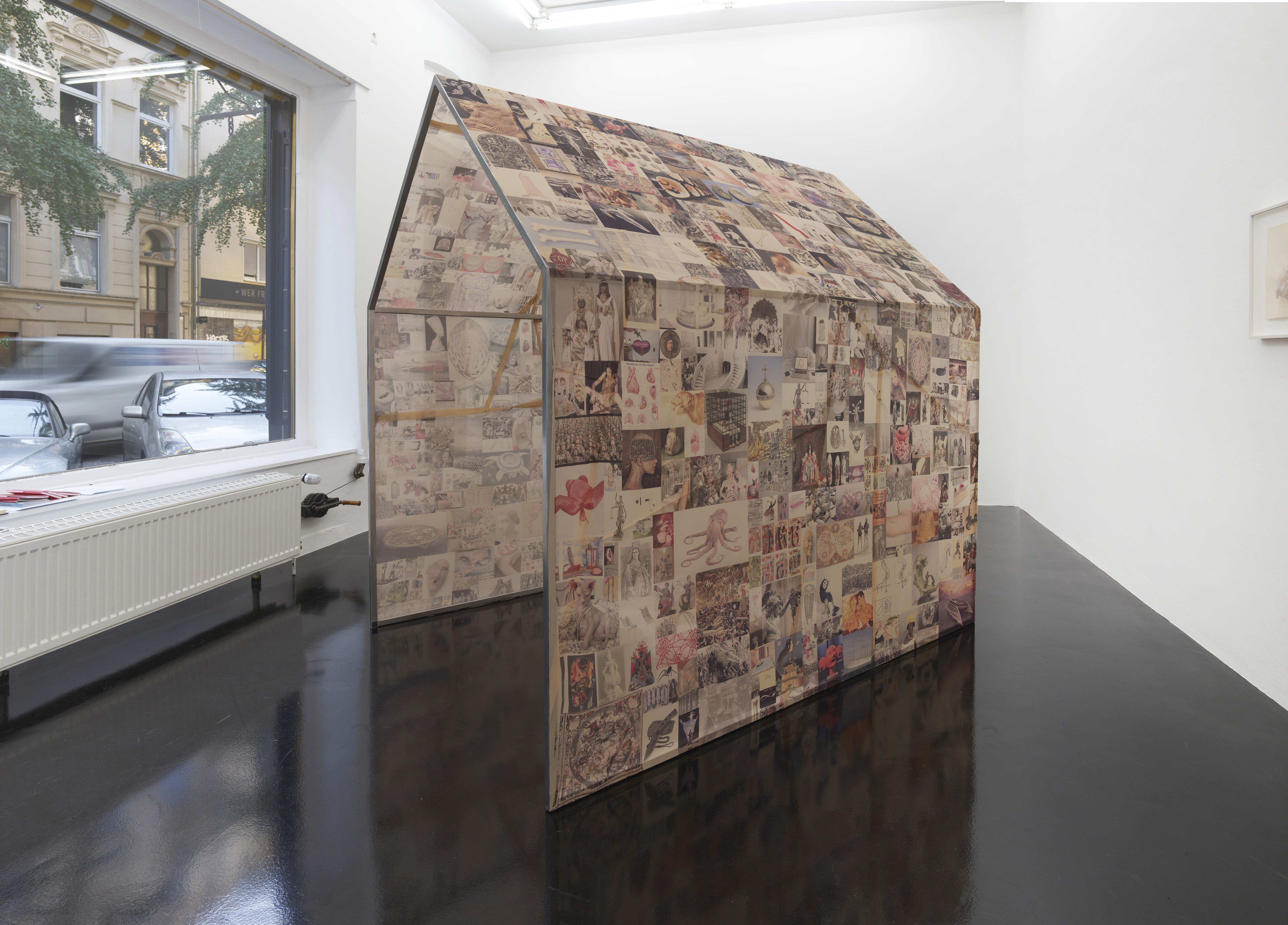
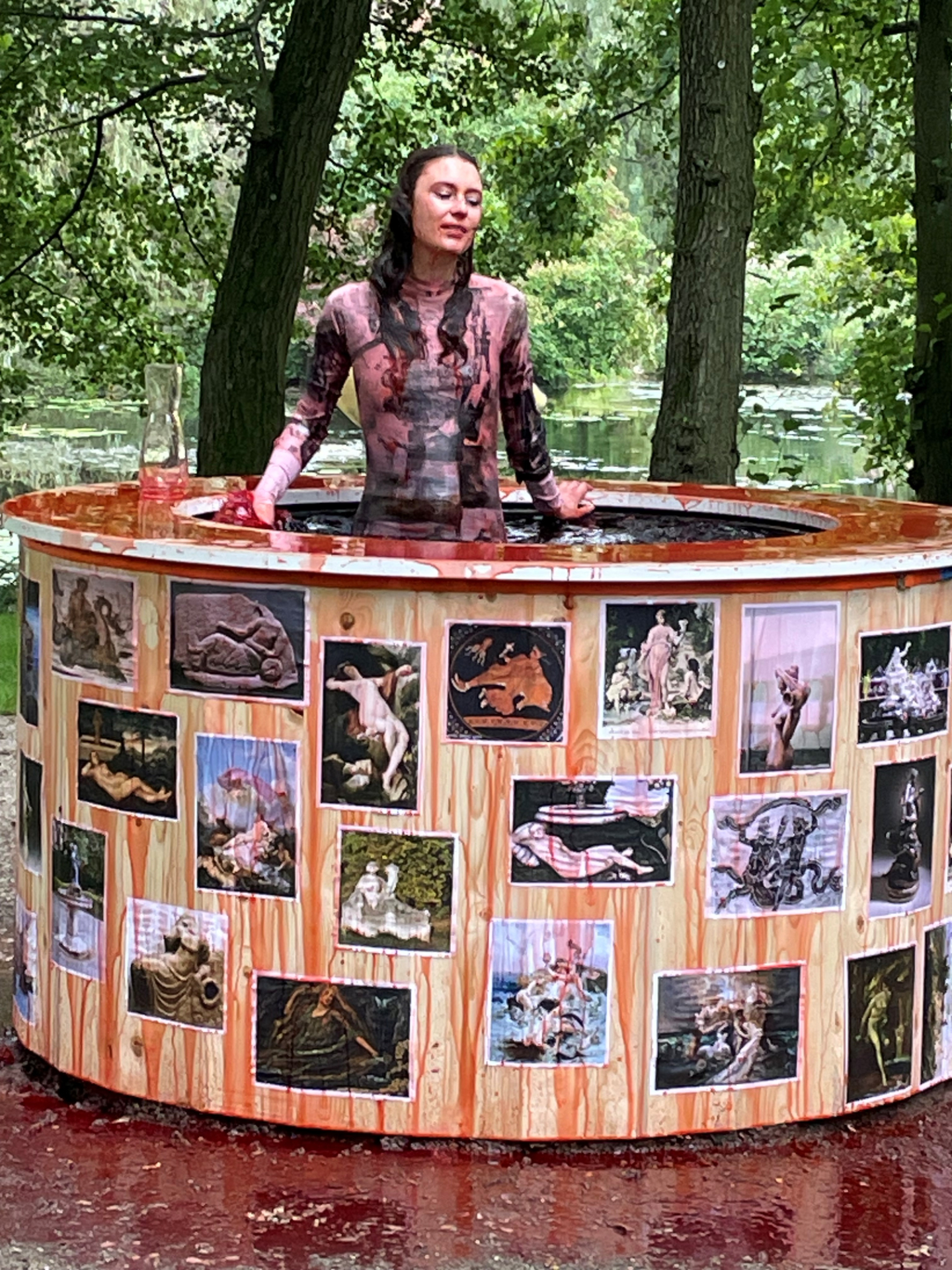
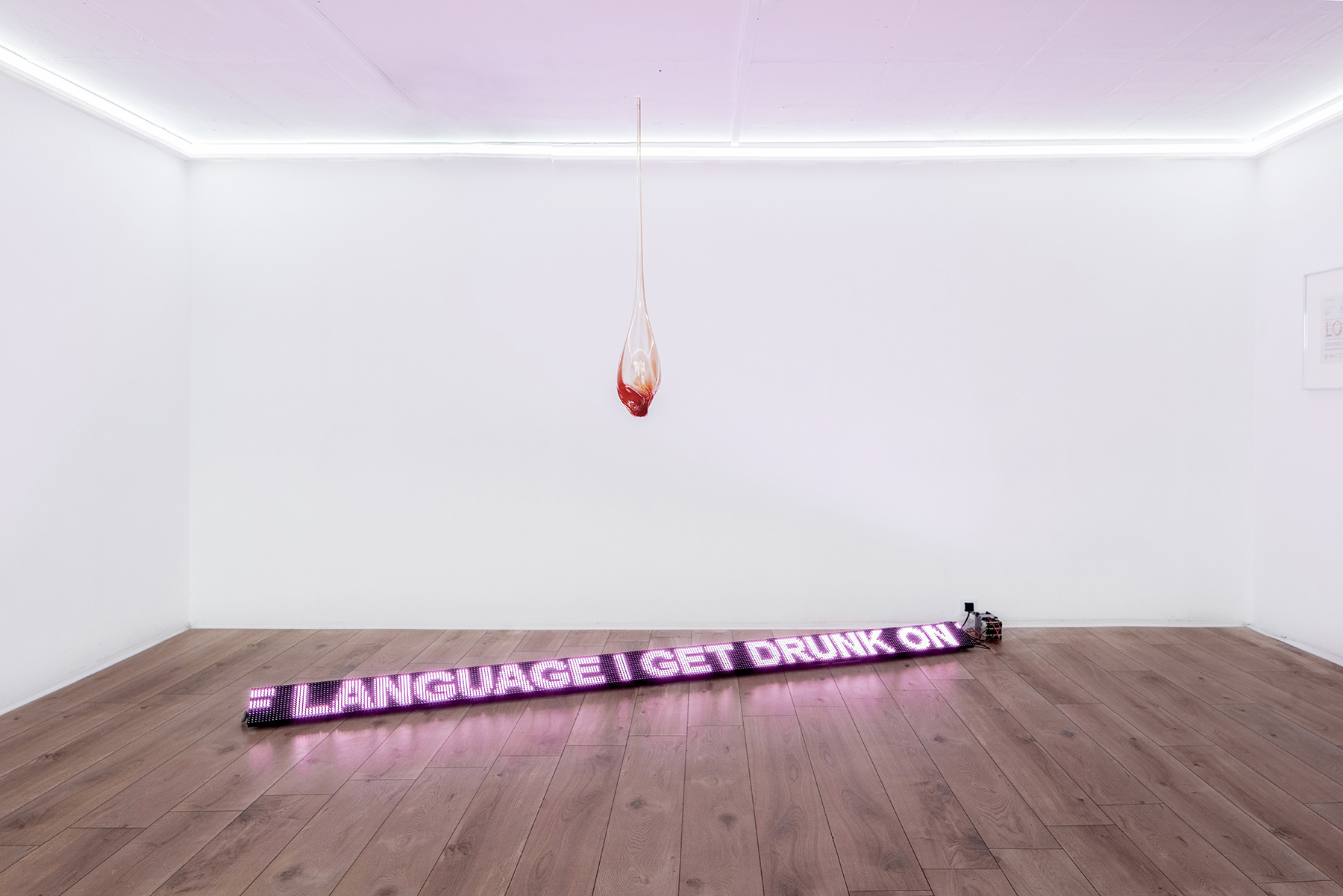
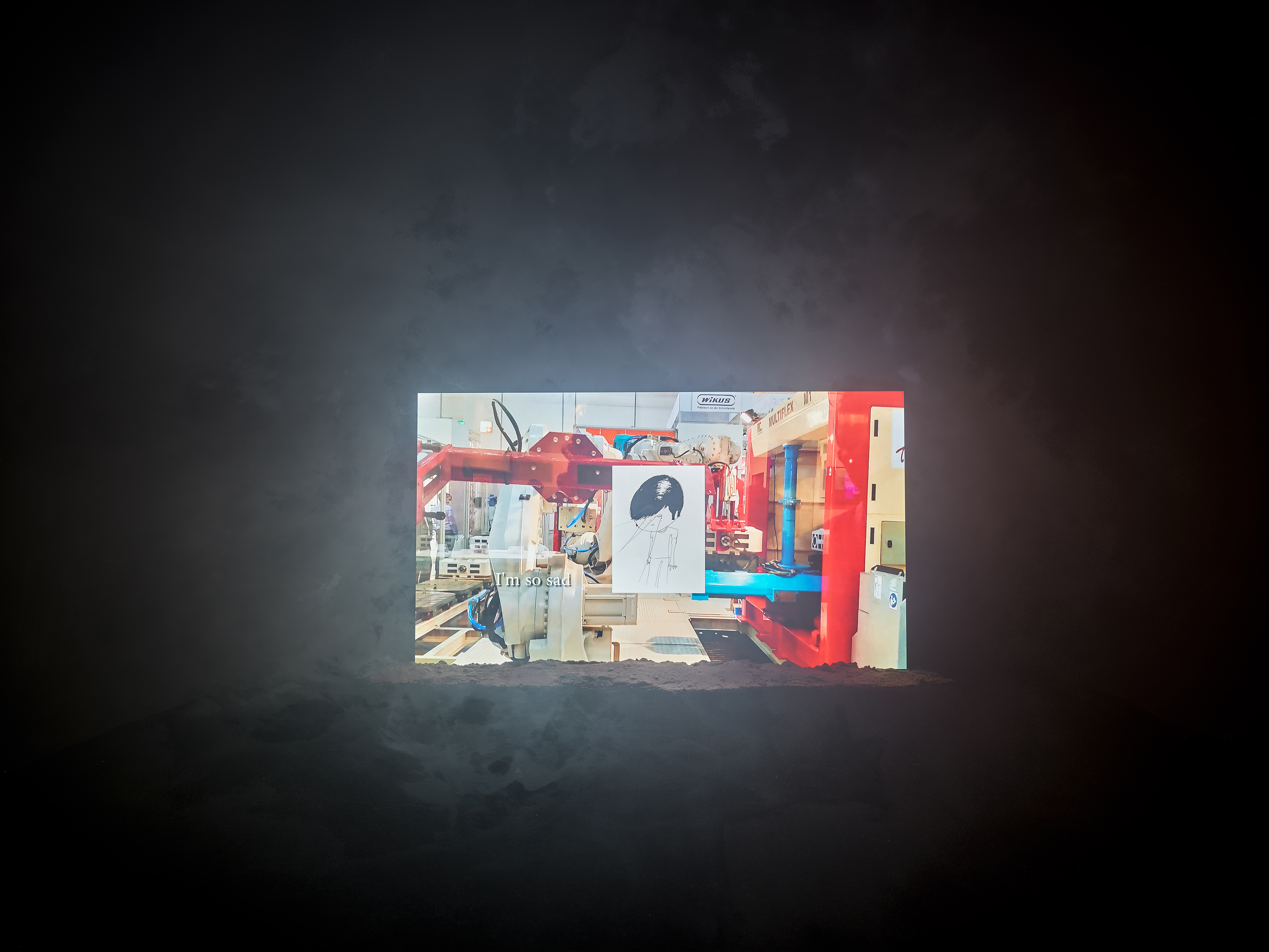

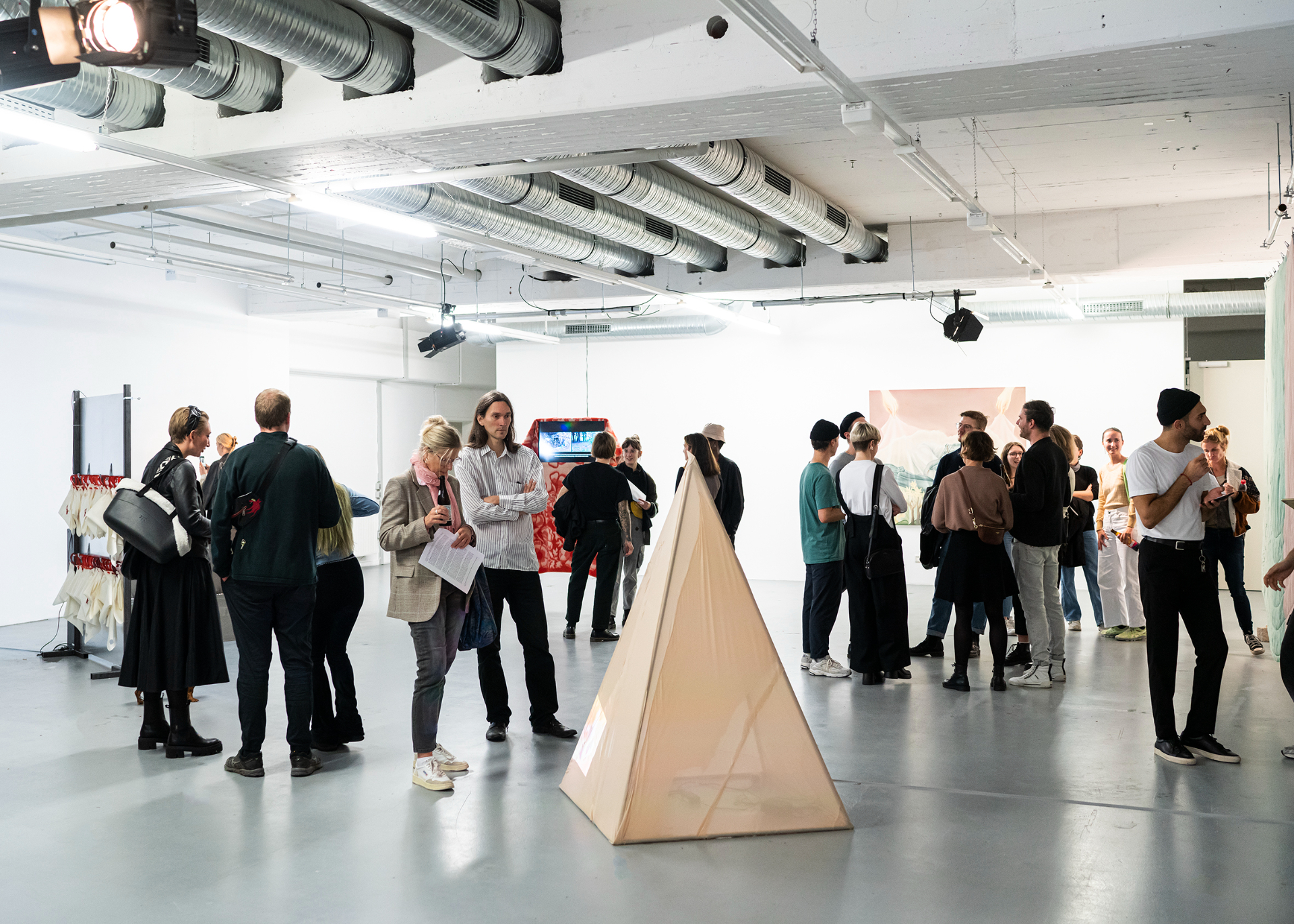
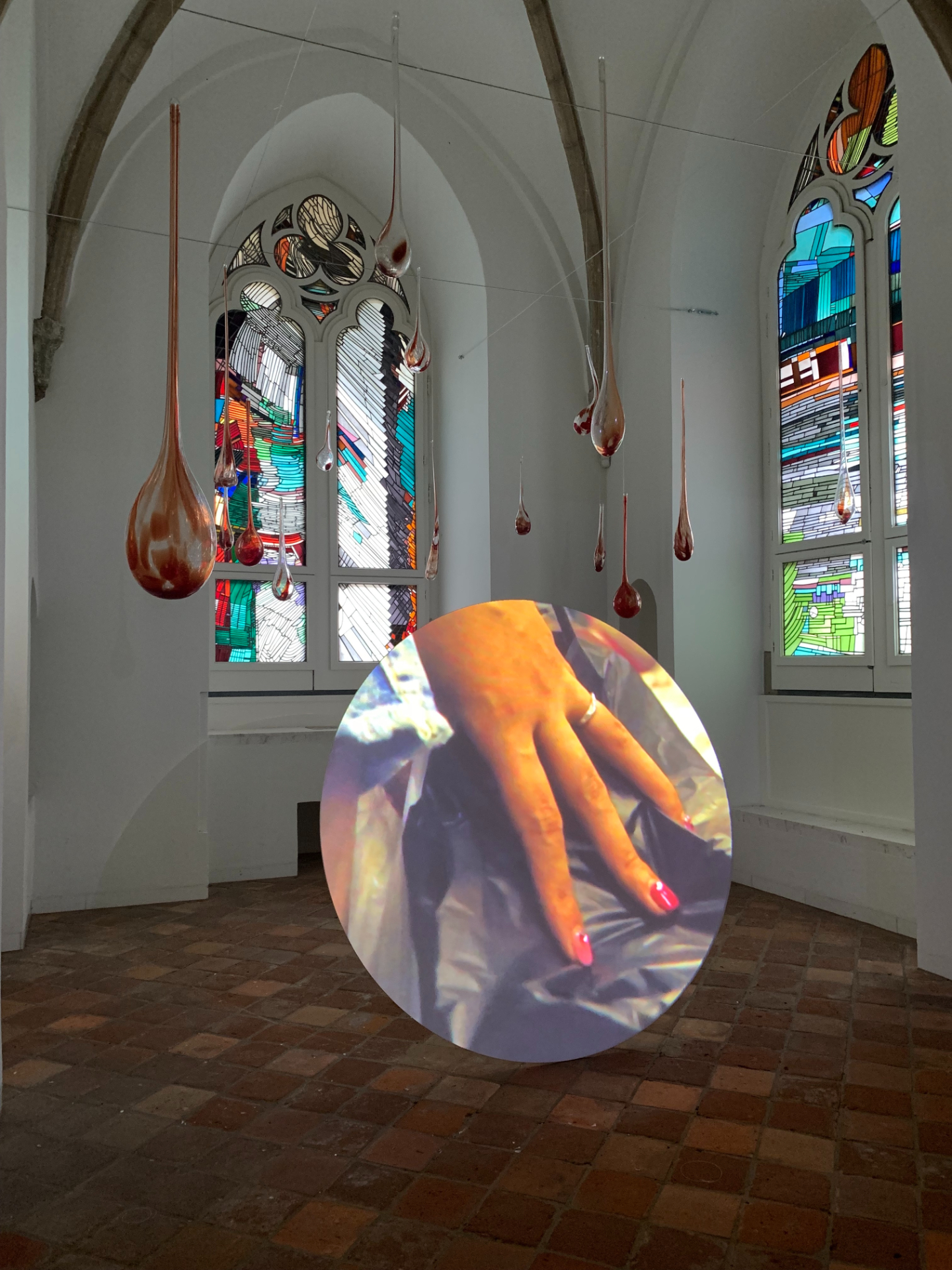
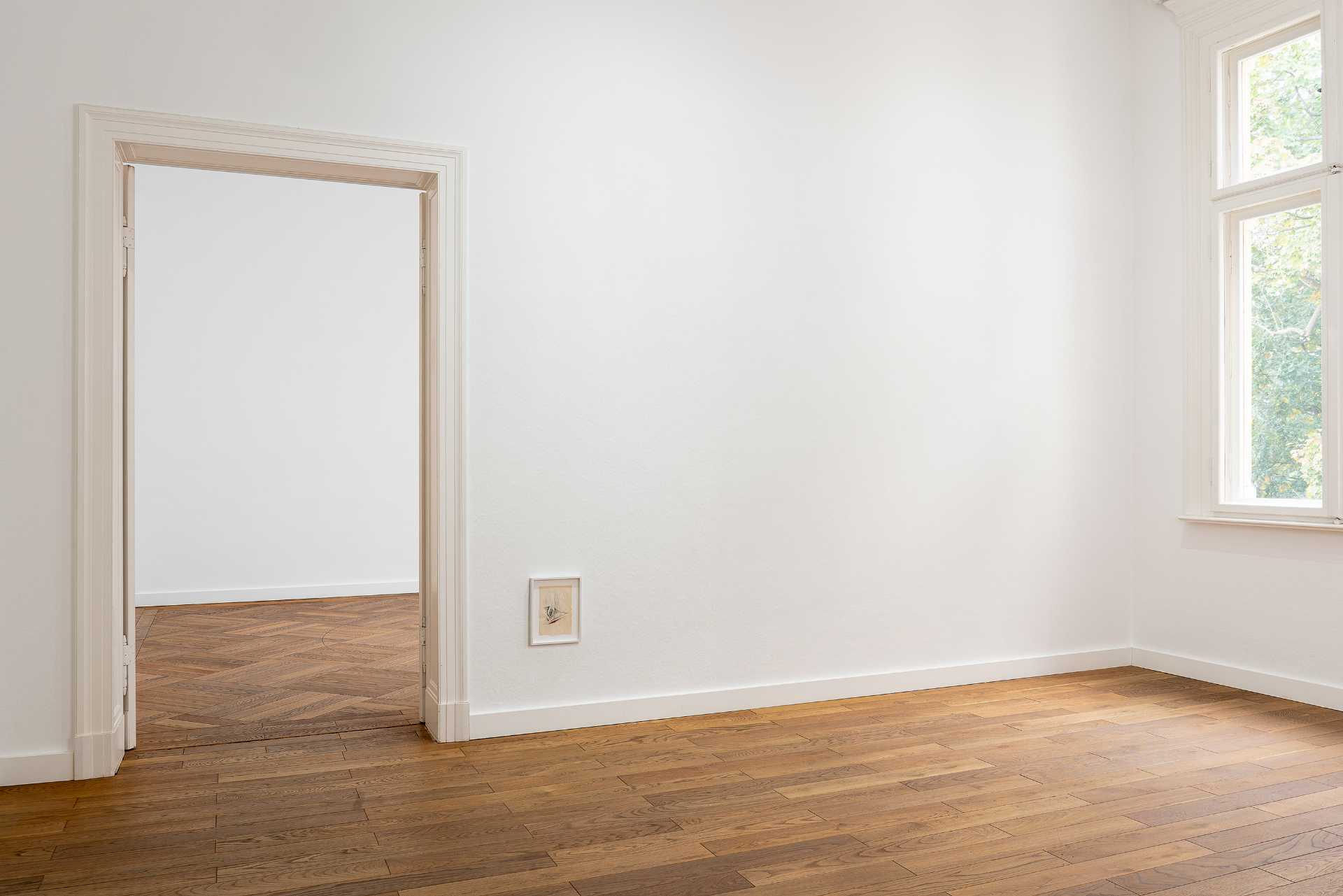
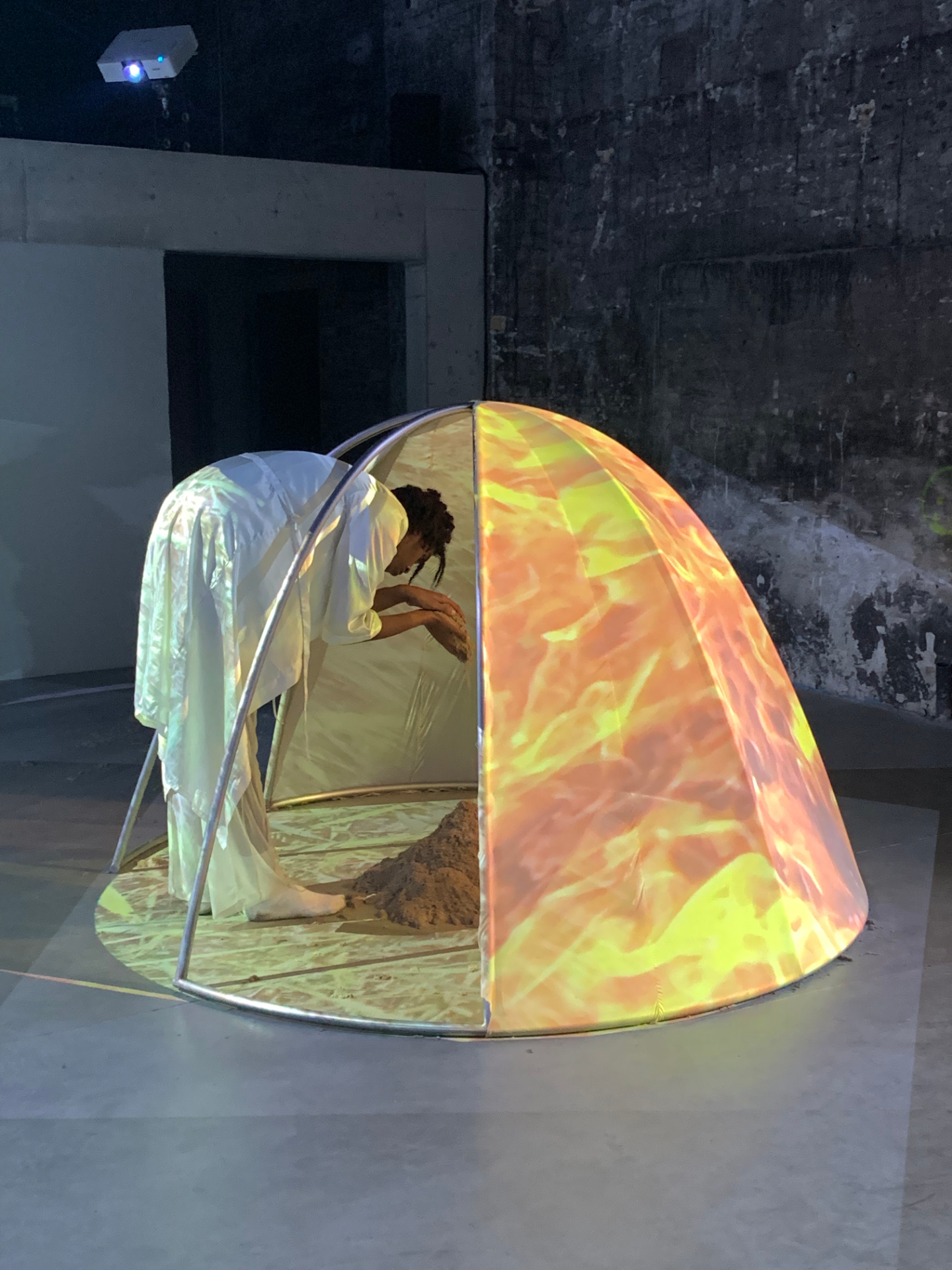

![Metamorphoses of Control [Catalogue launch]](https://media.isabellafuernkaes.com/Isabella_Fuernkaes_Mouches_Volantes_Metamorphoses_of_Control_2022_00001.jpg)
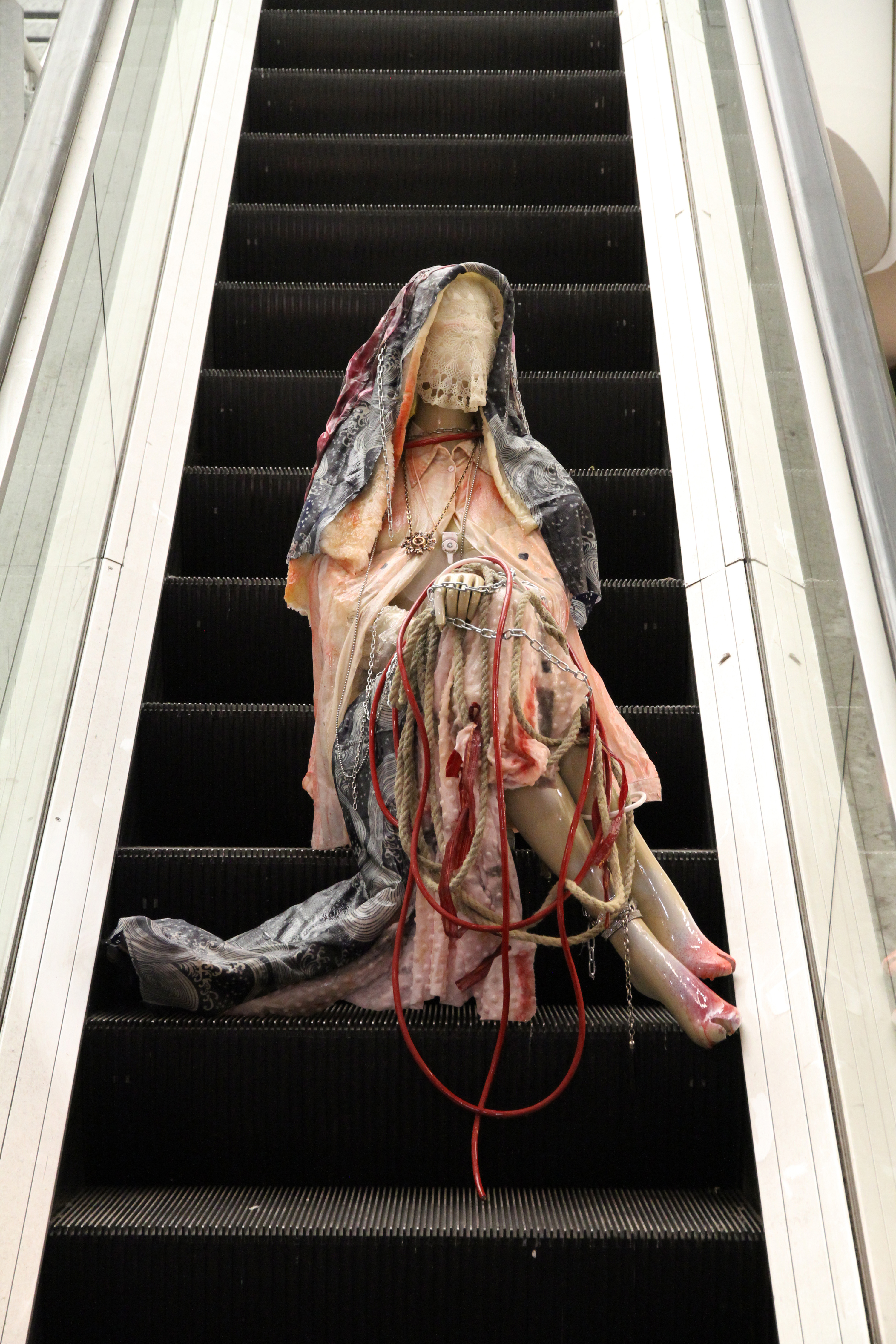
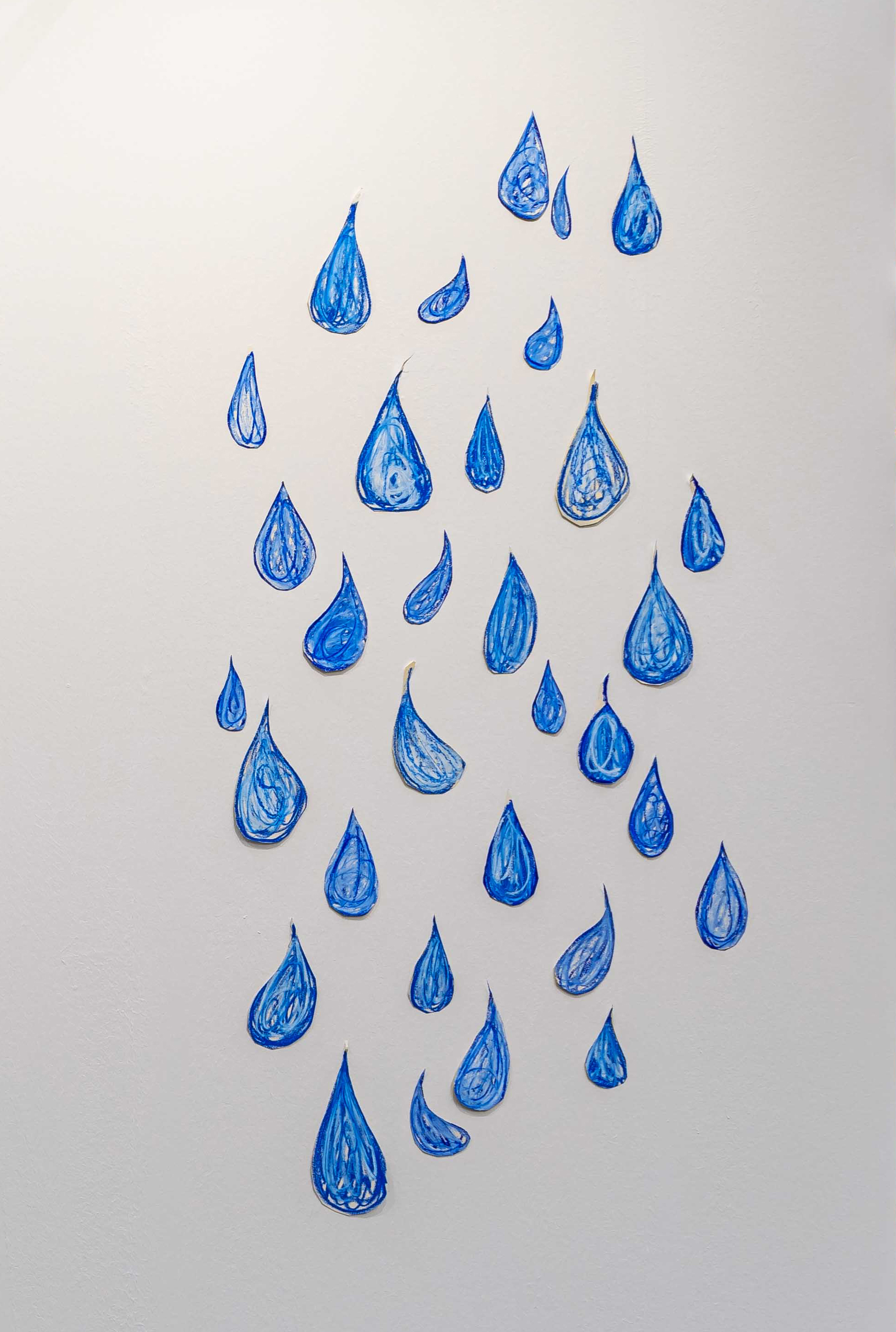
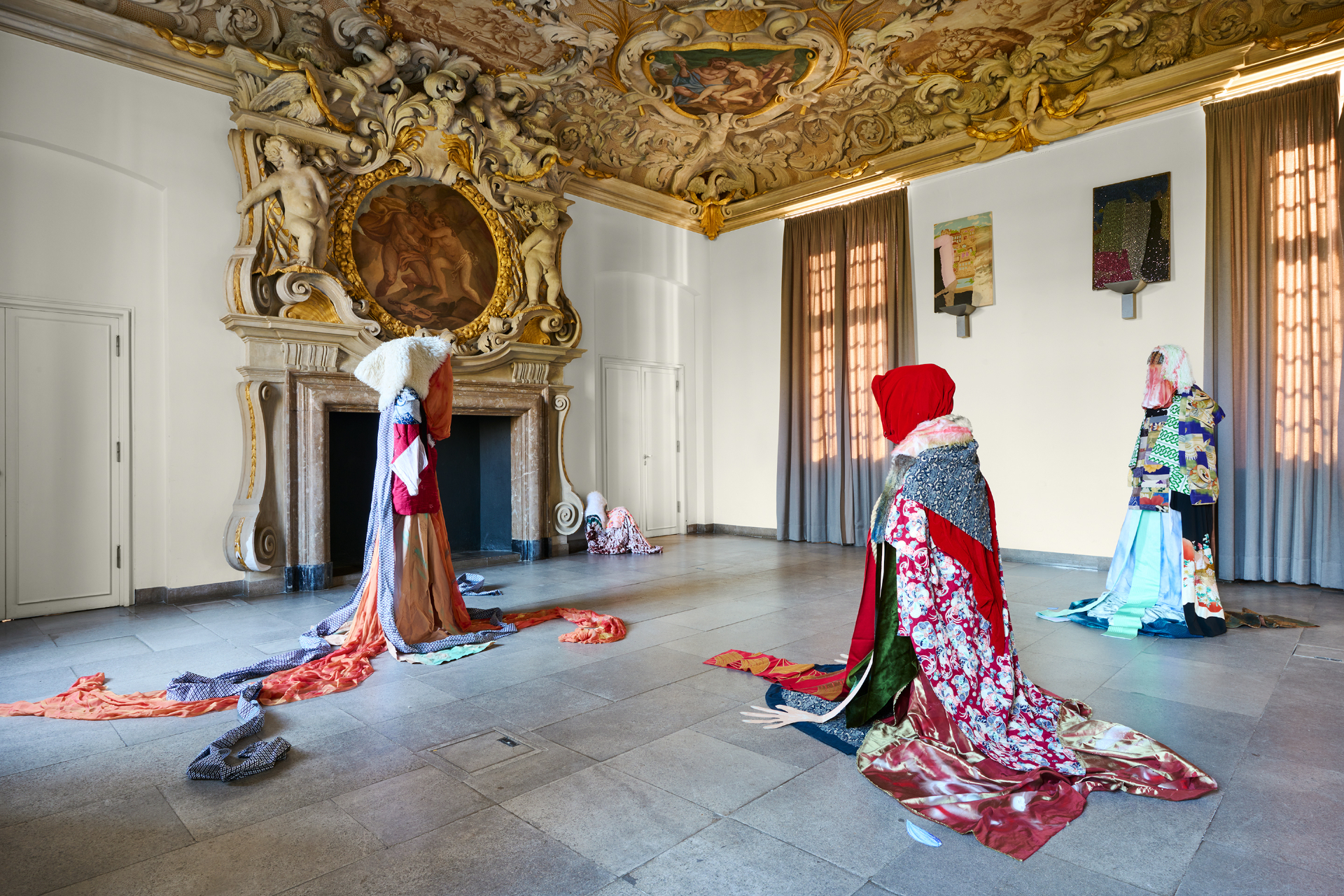
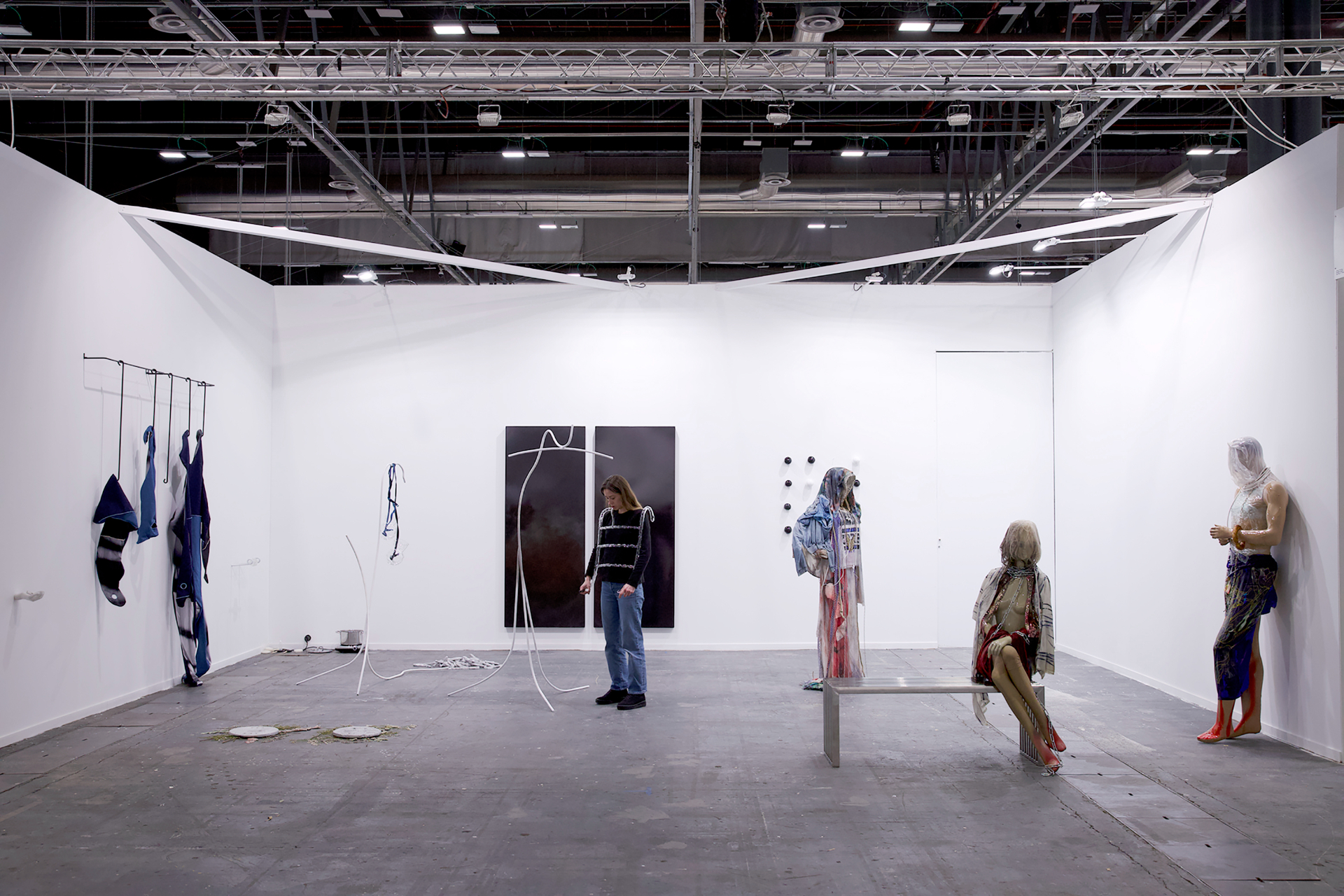
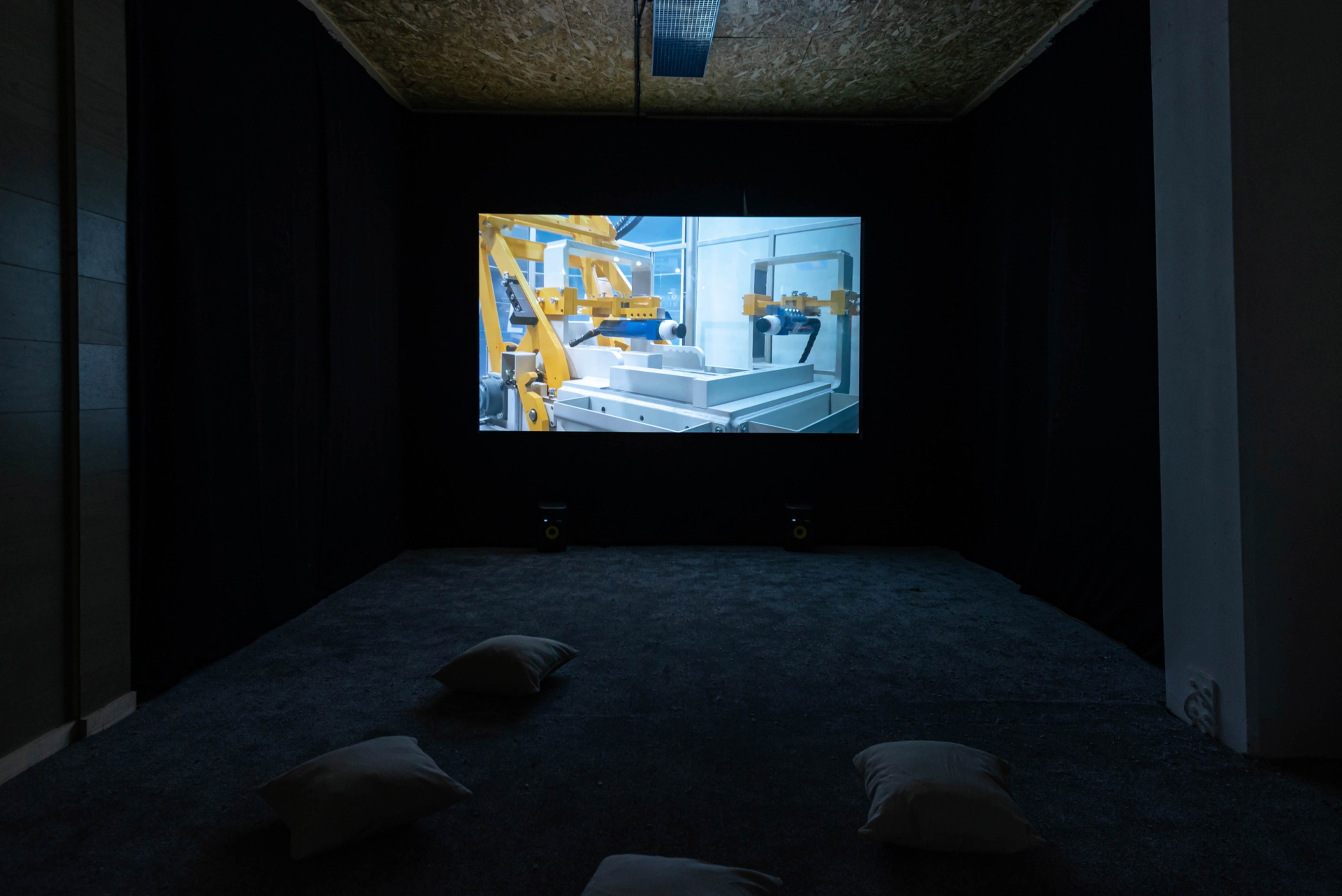

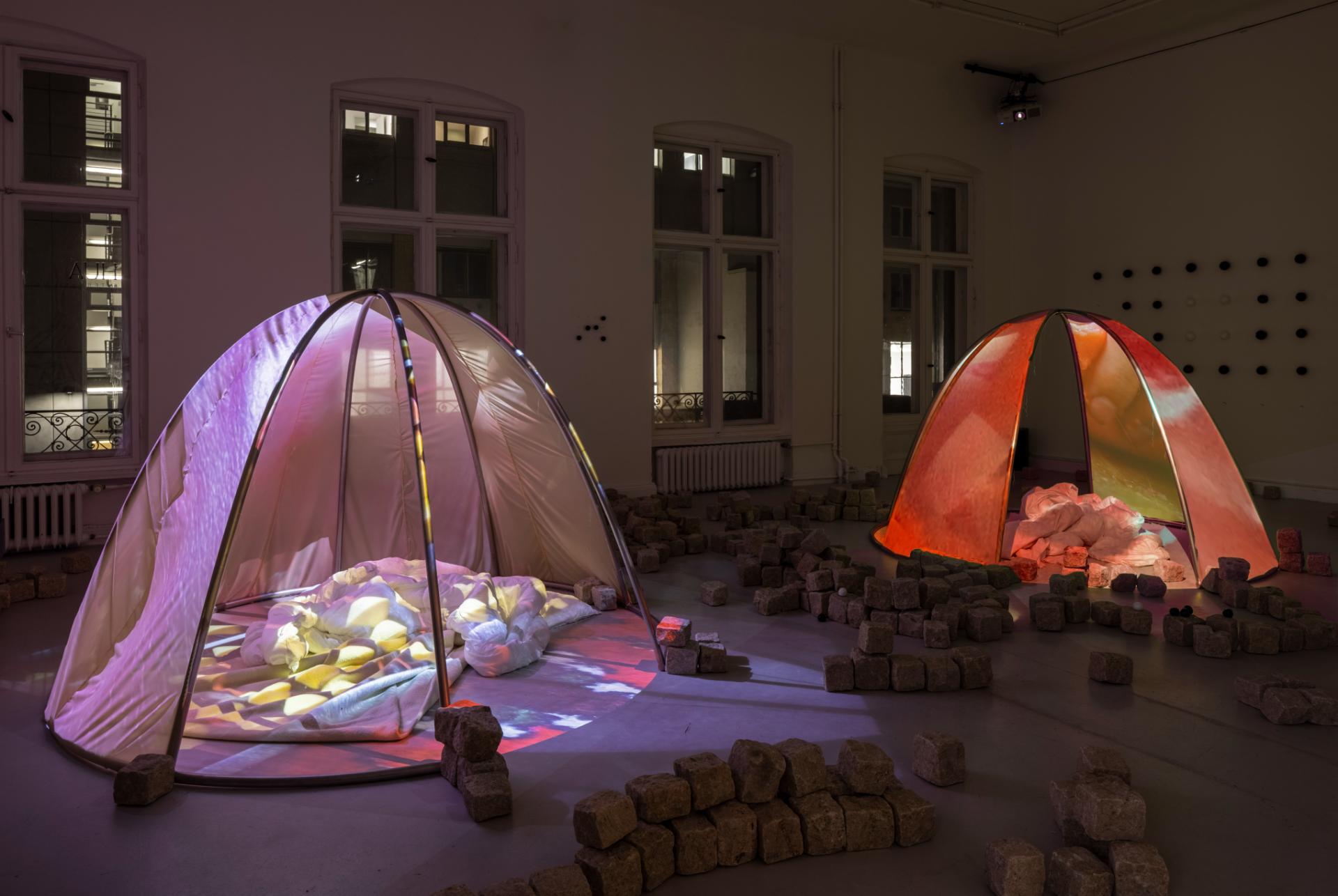
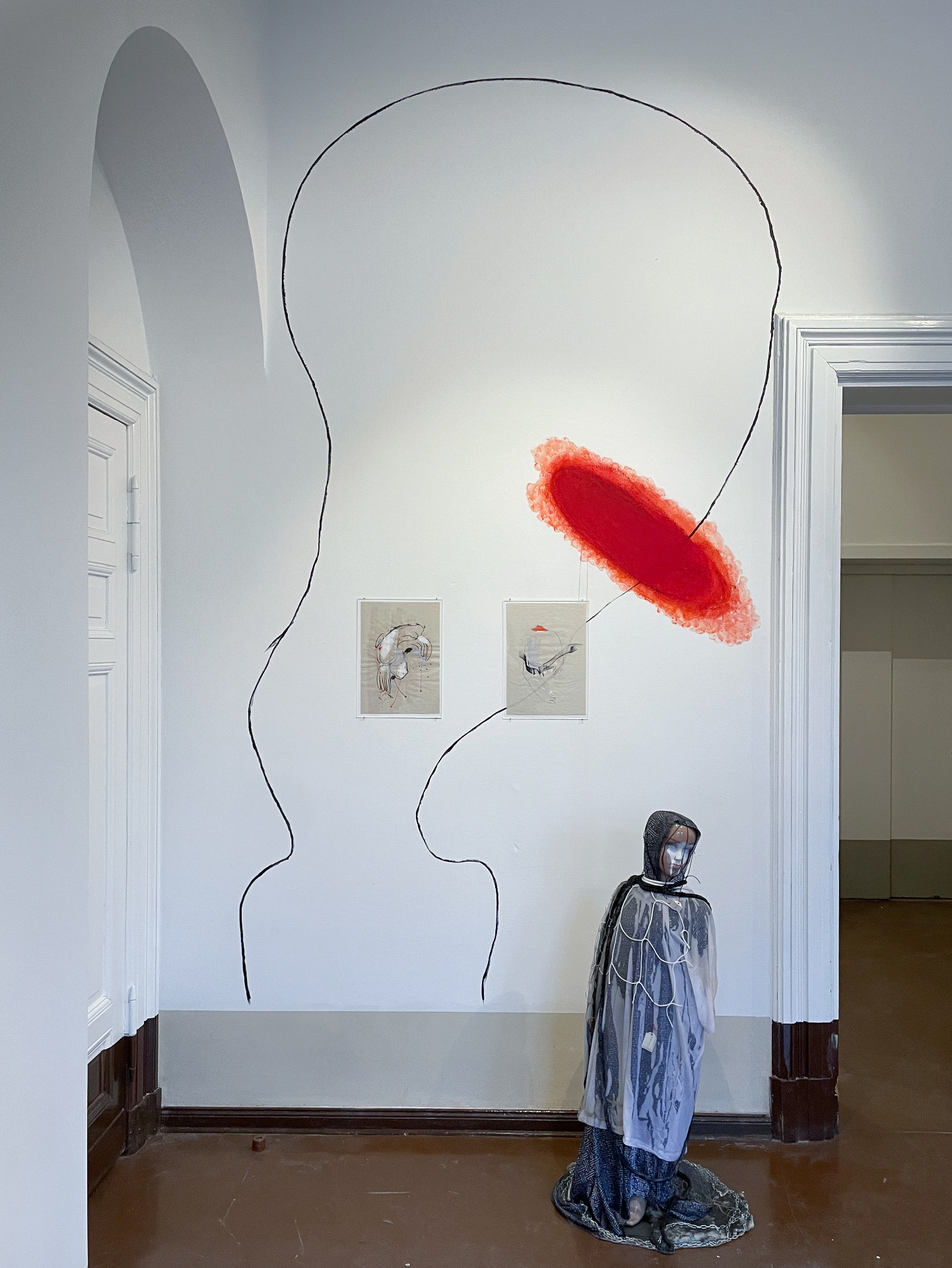

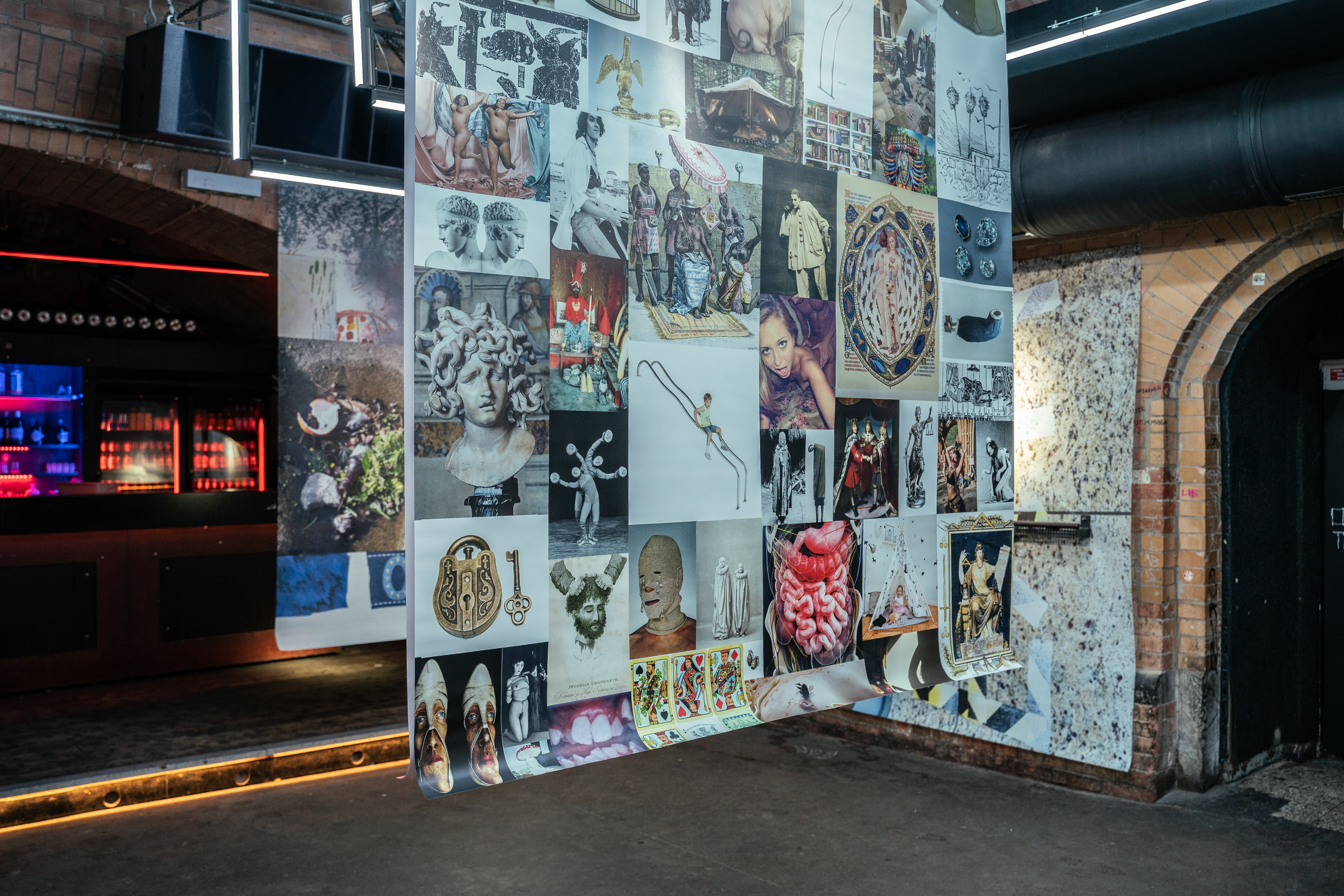
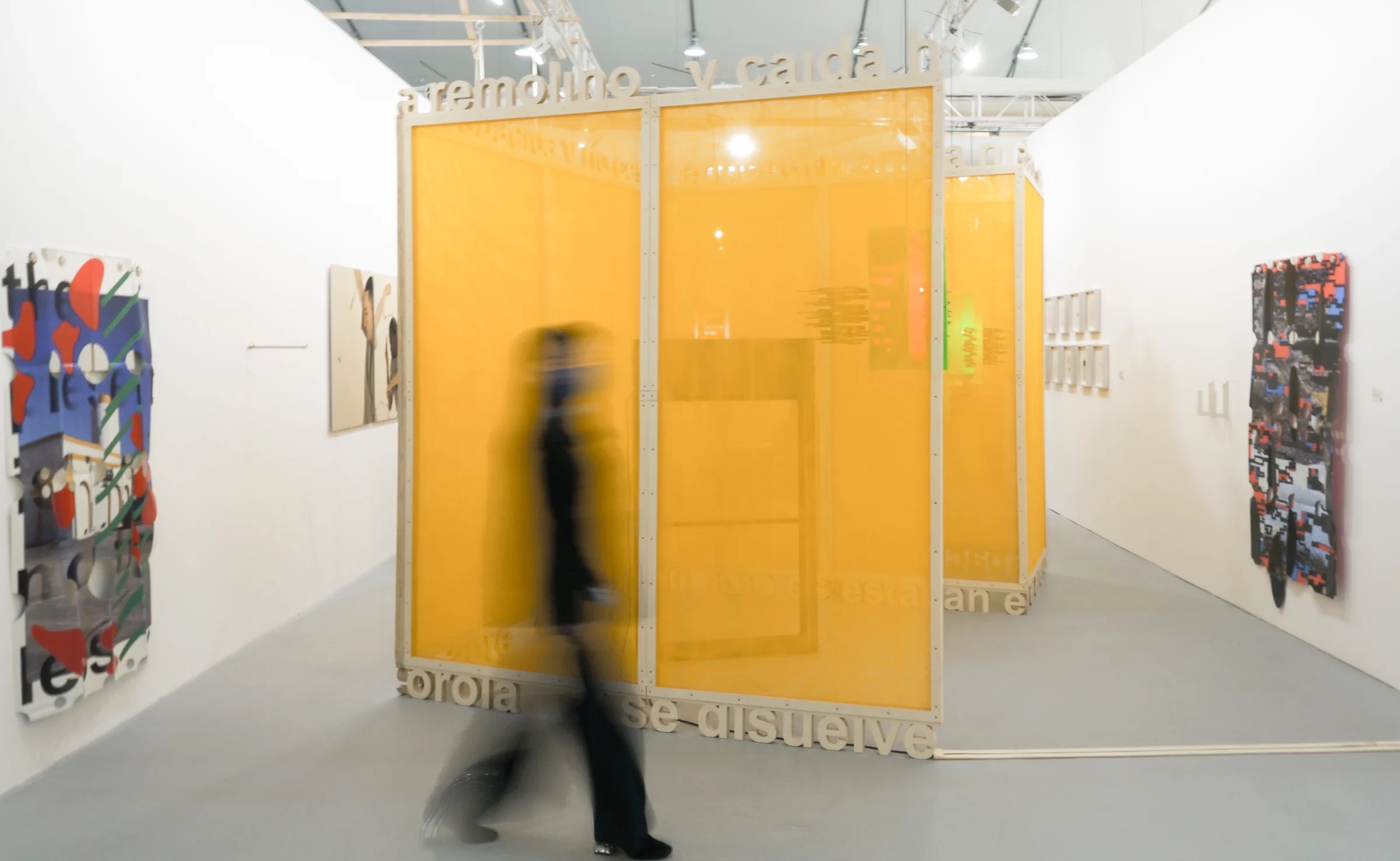
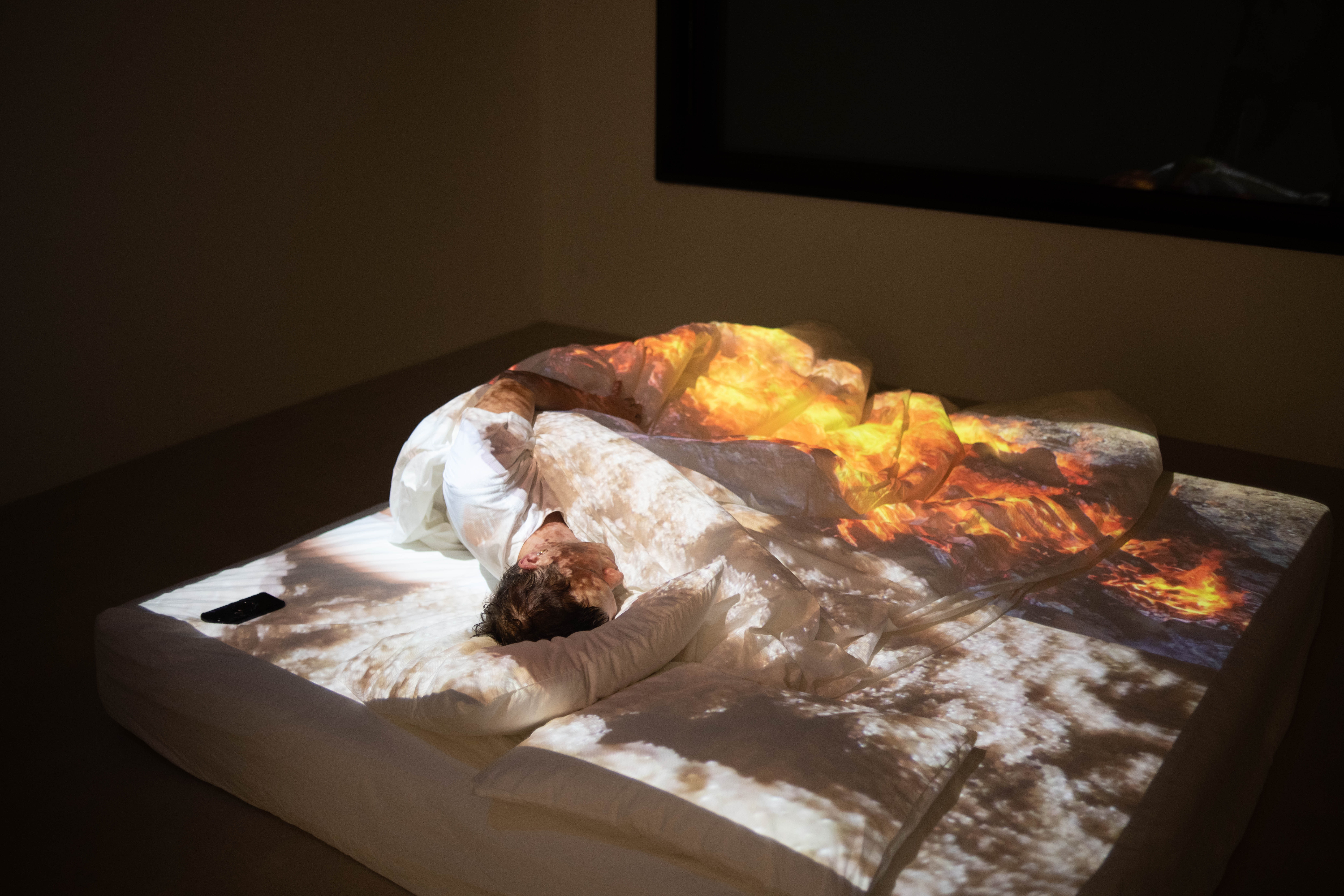
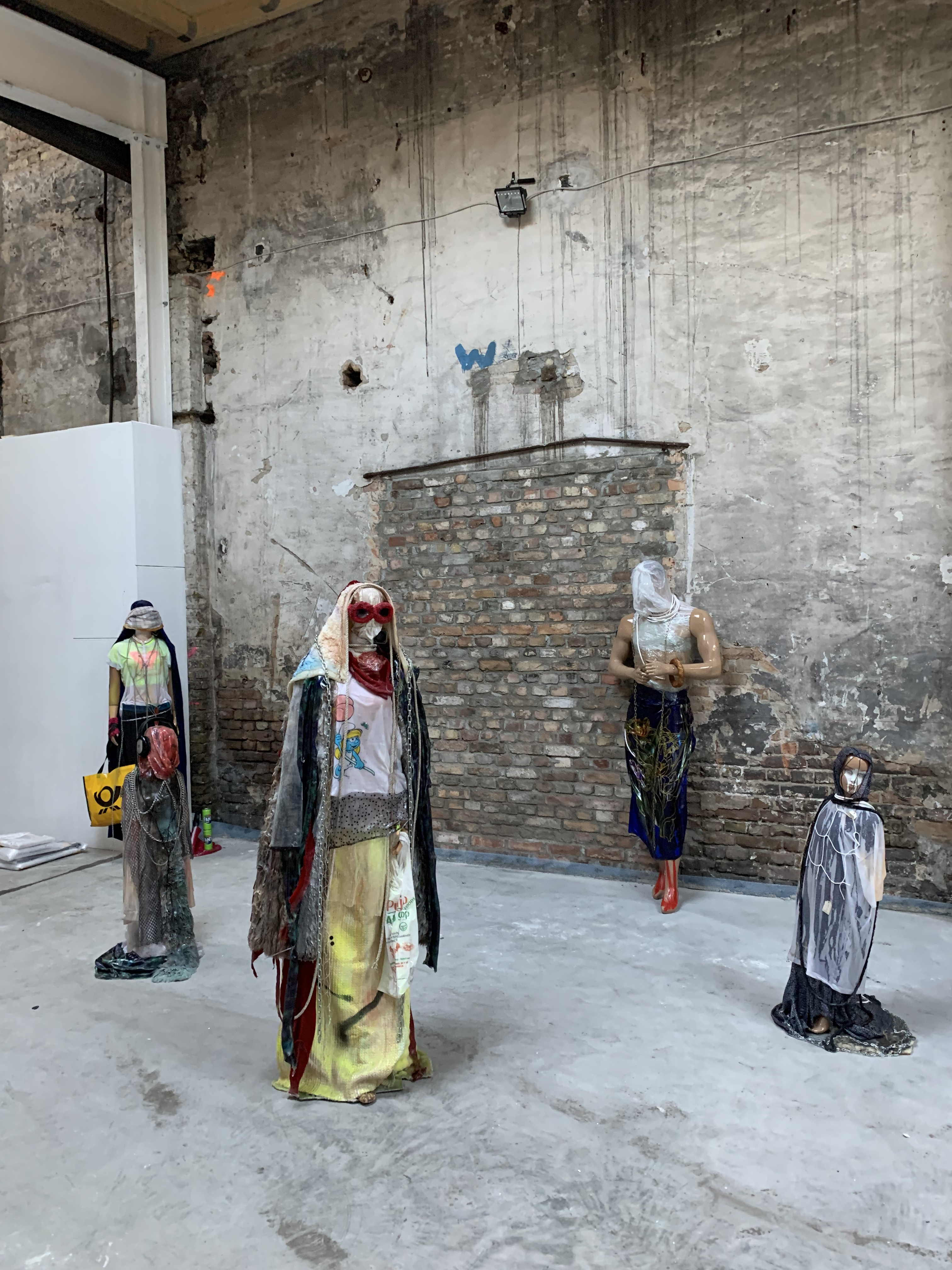

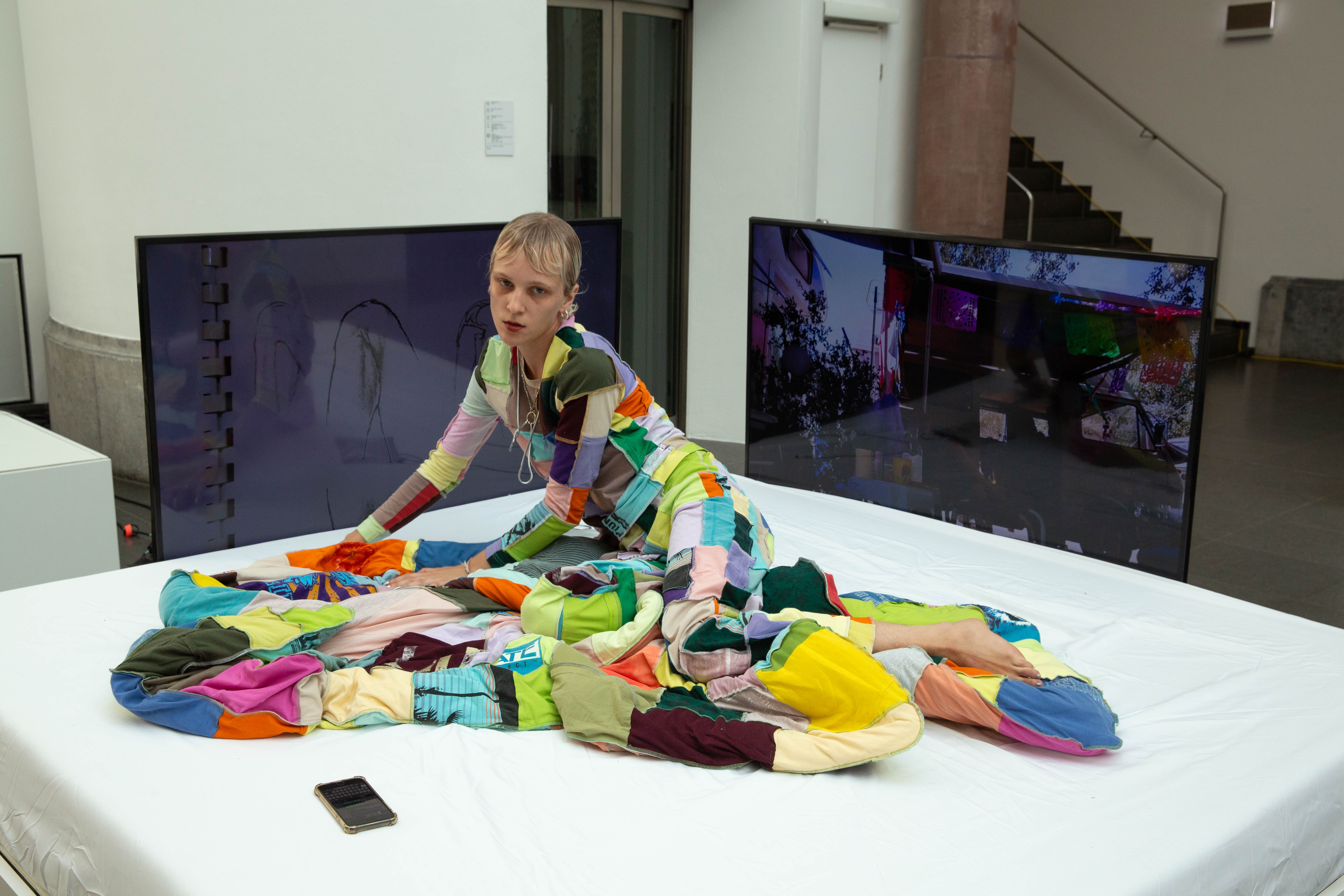

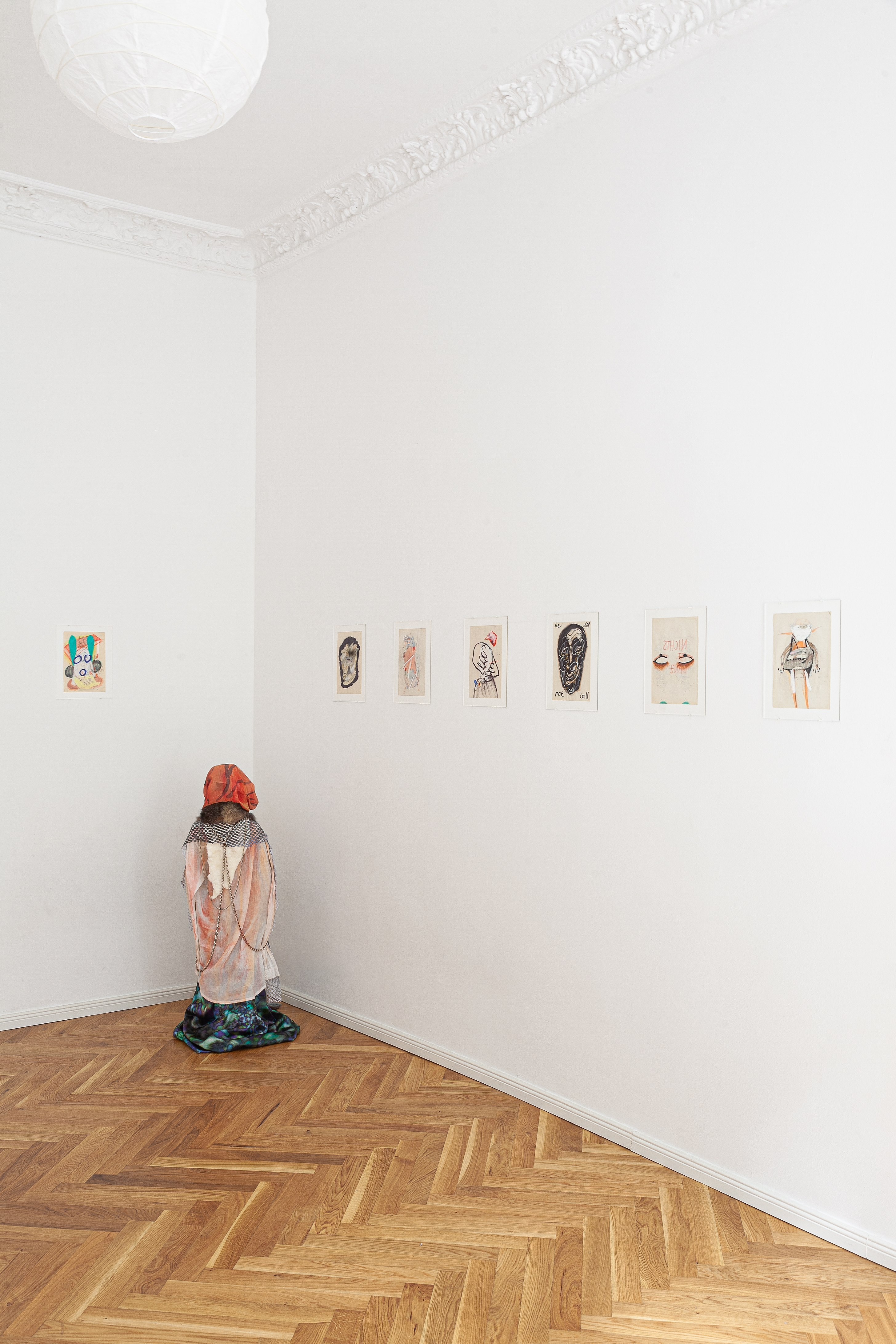
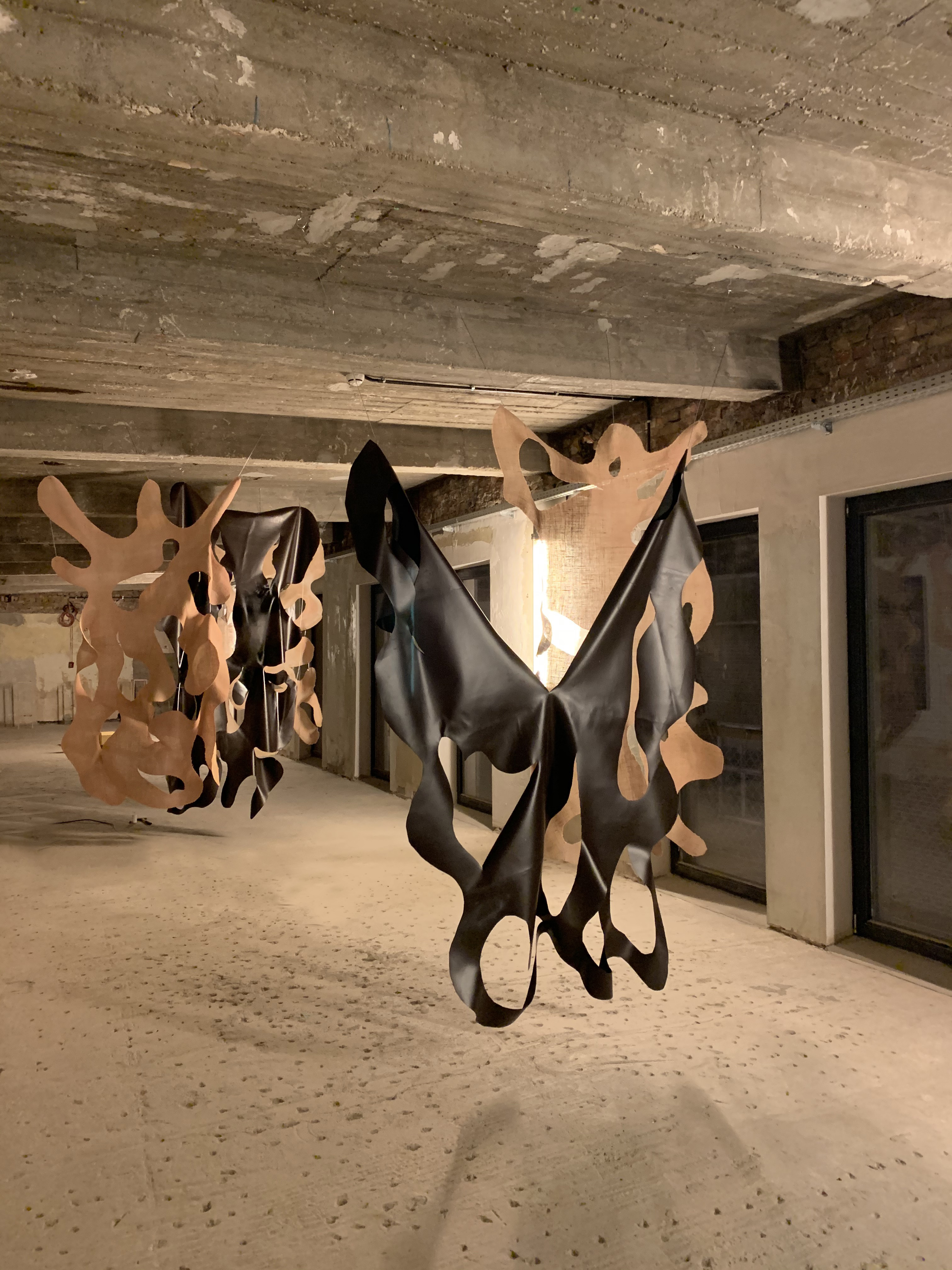
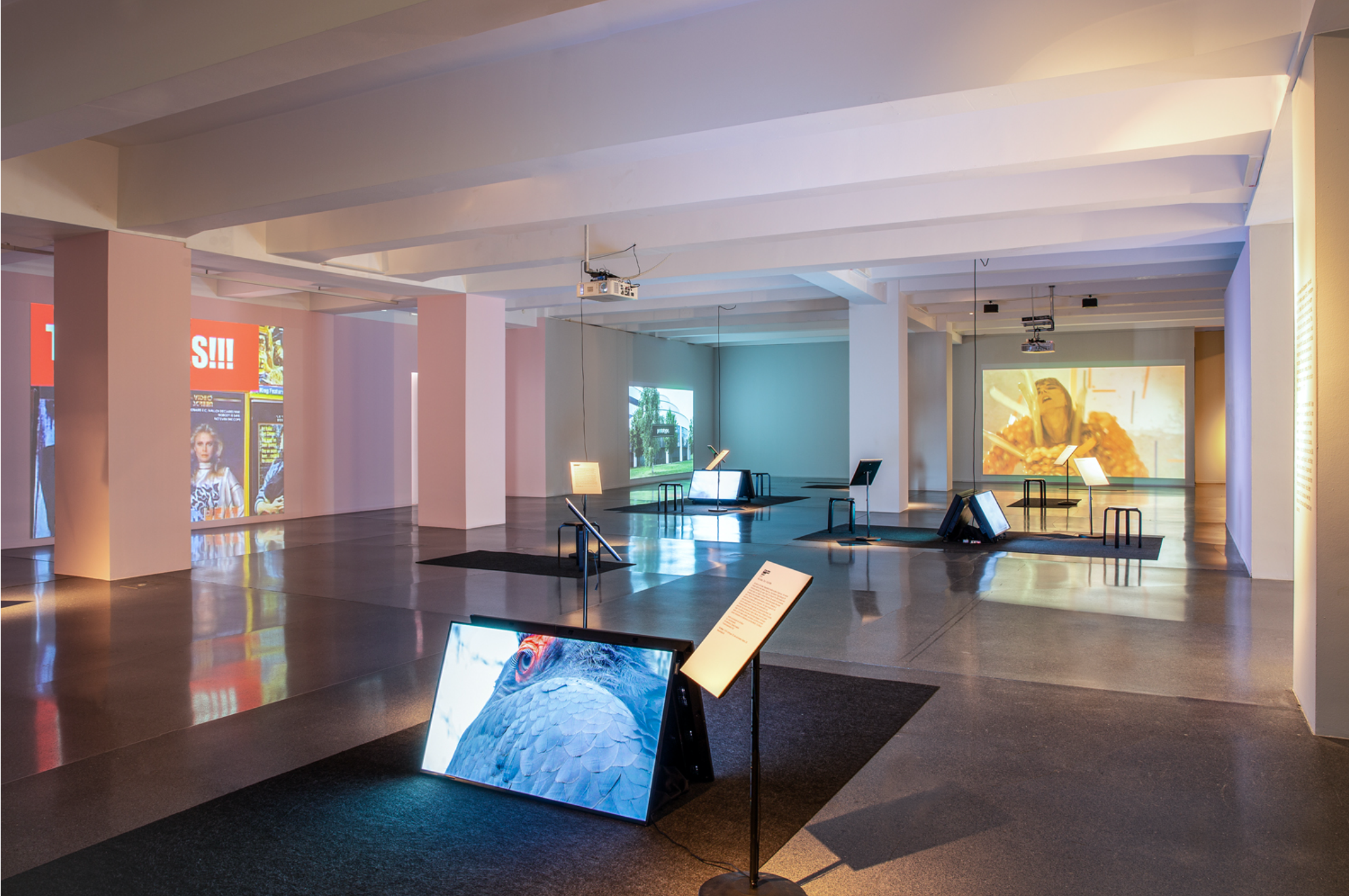

definitively_Goeben_Berlin_2020_00003.JPG)
